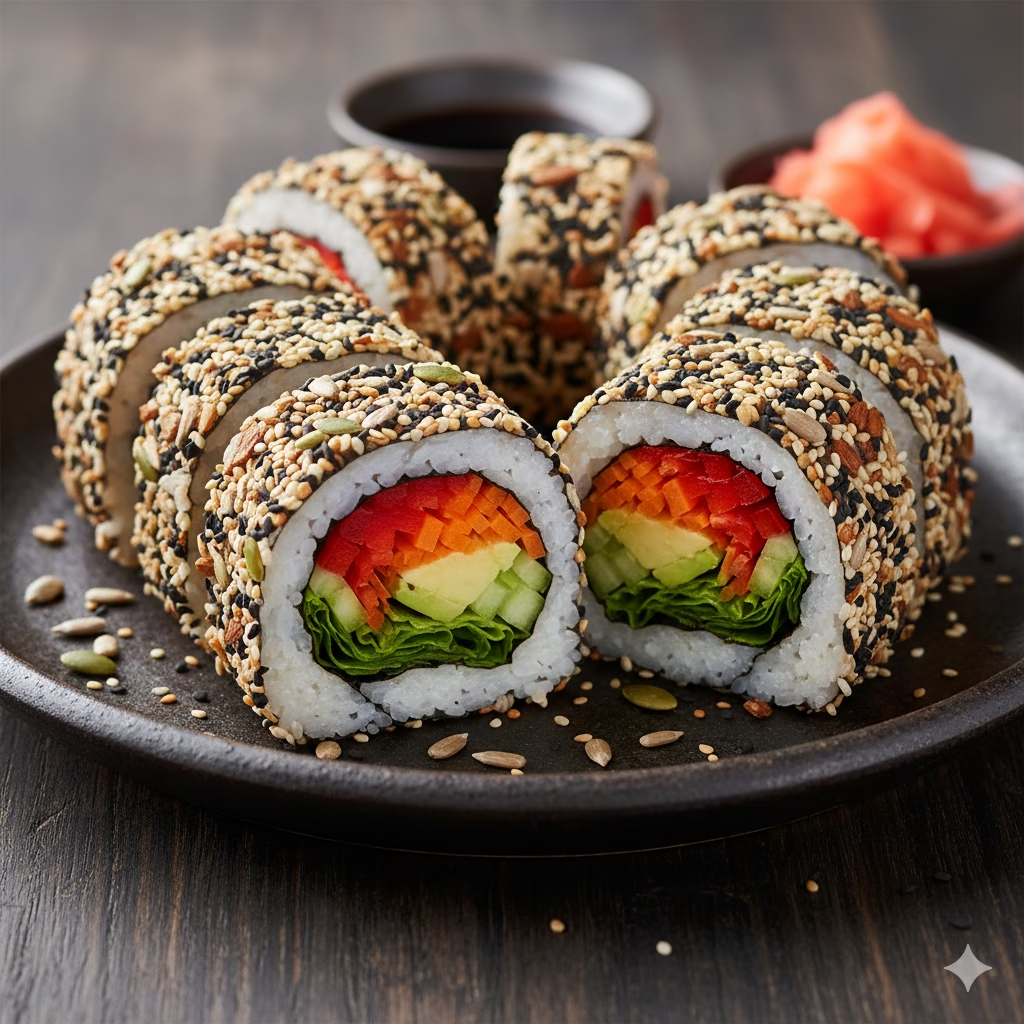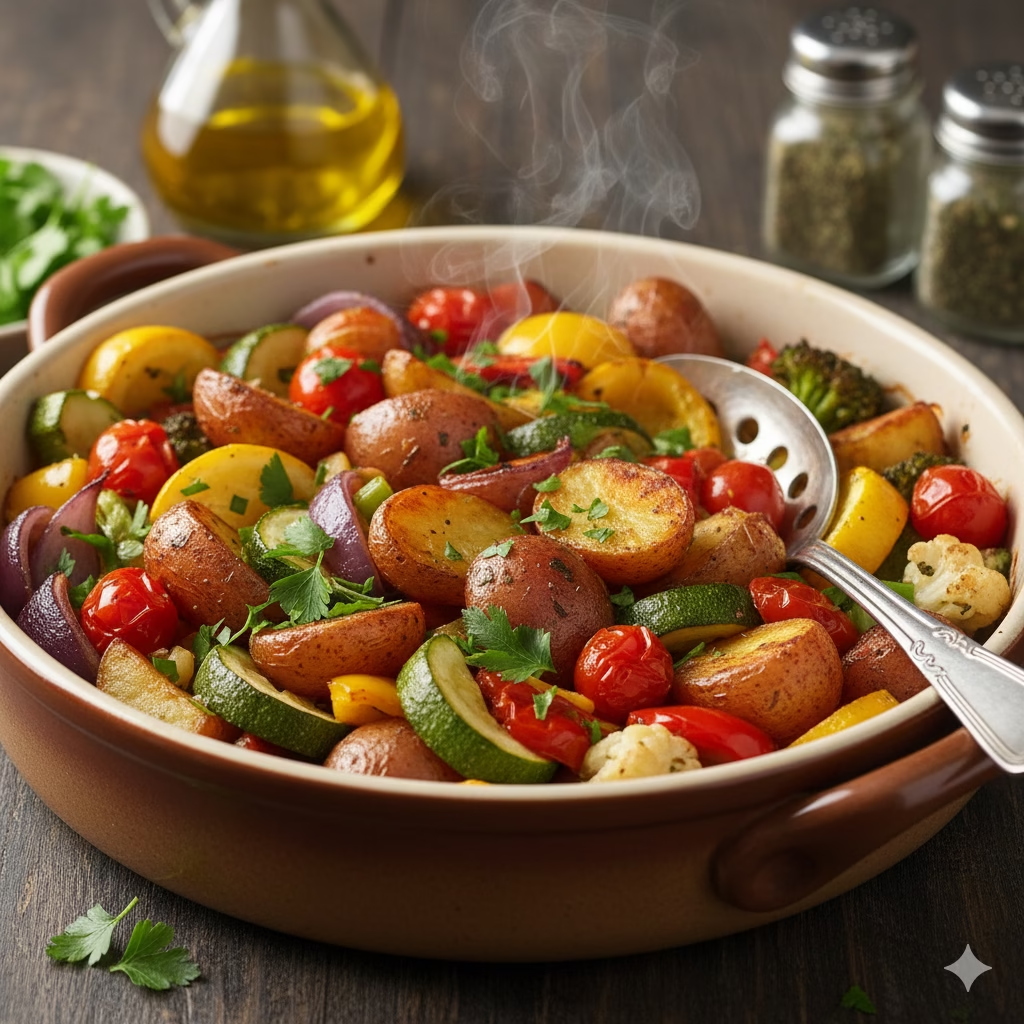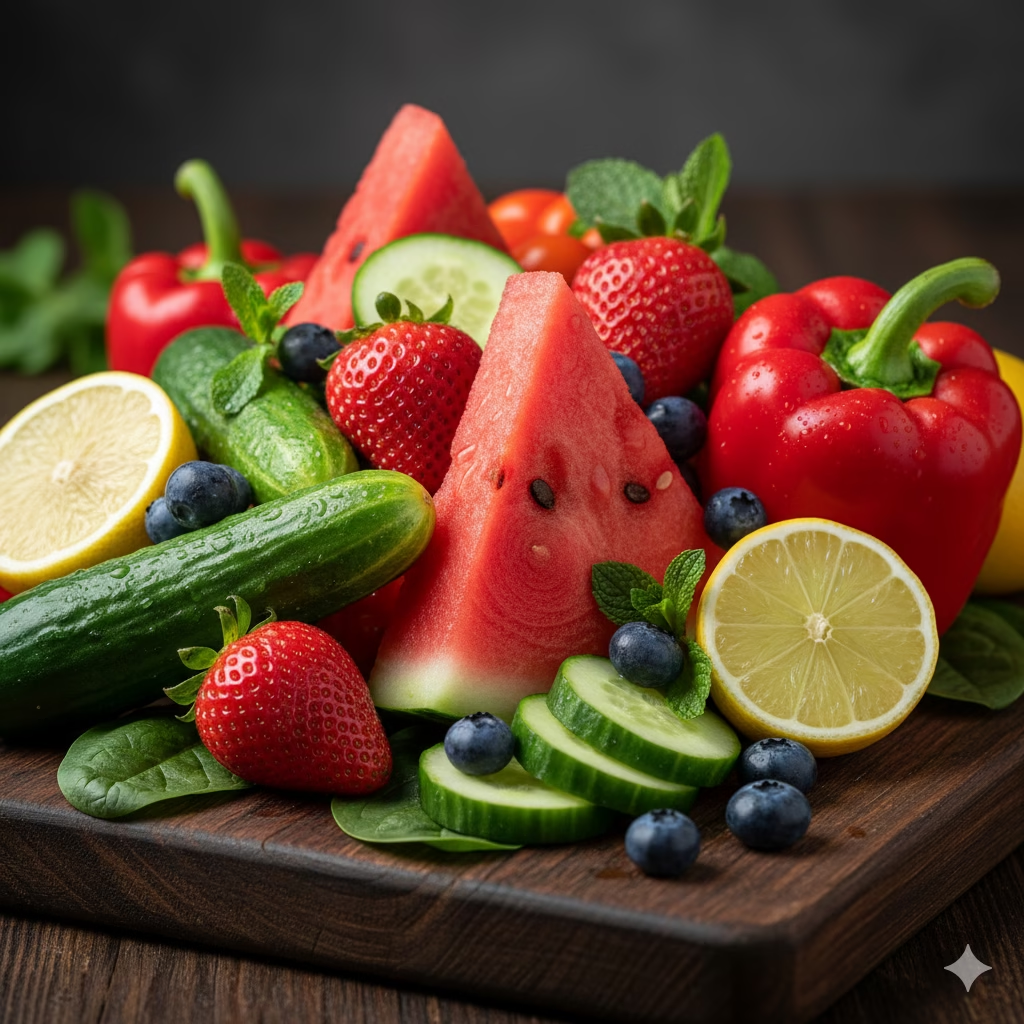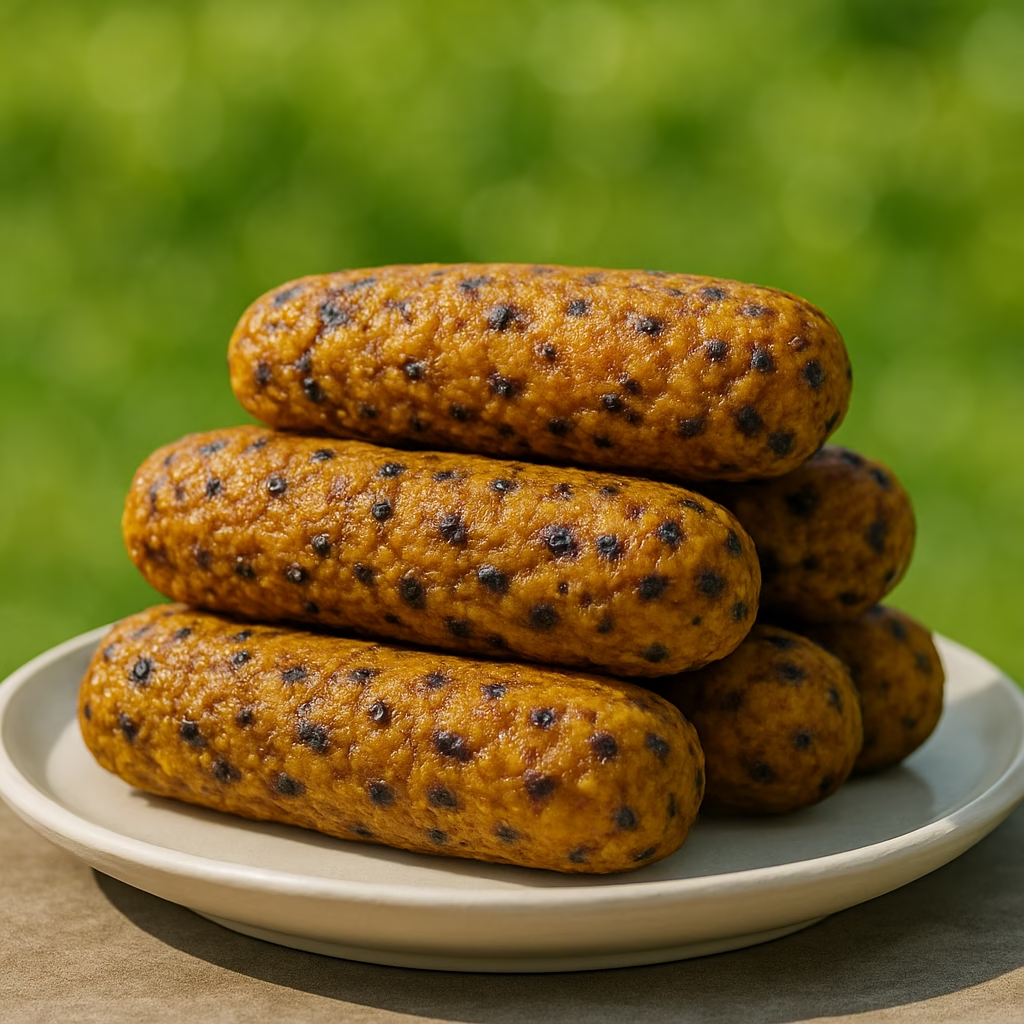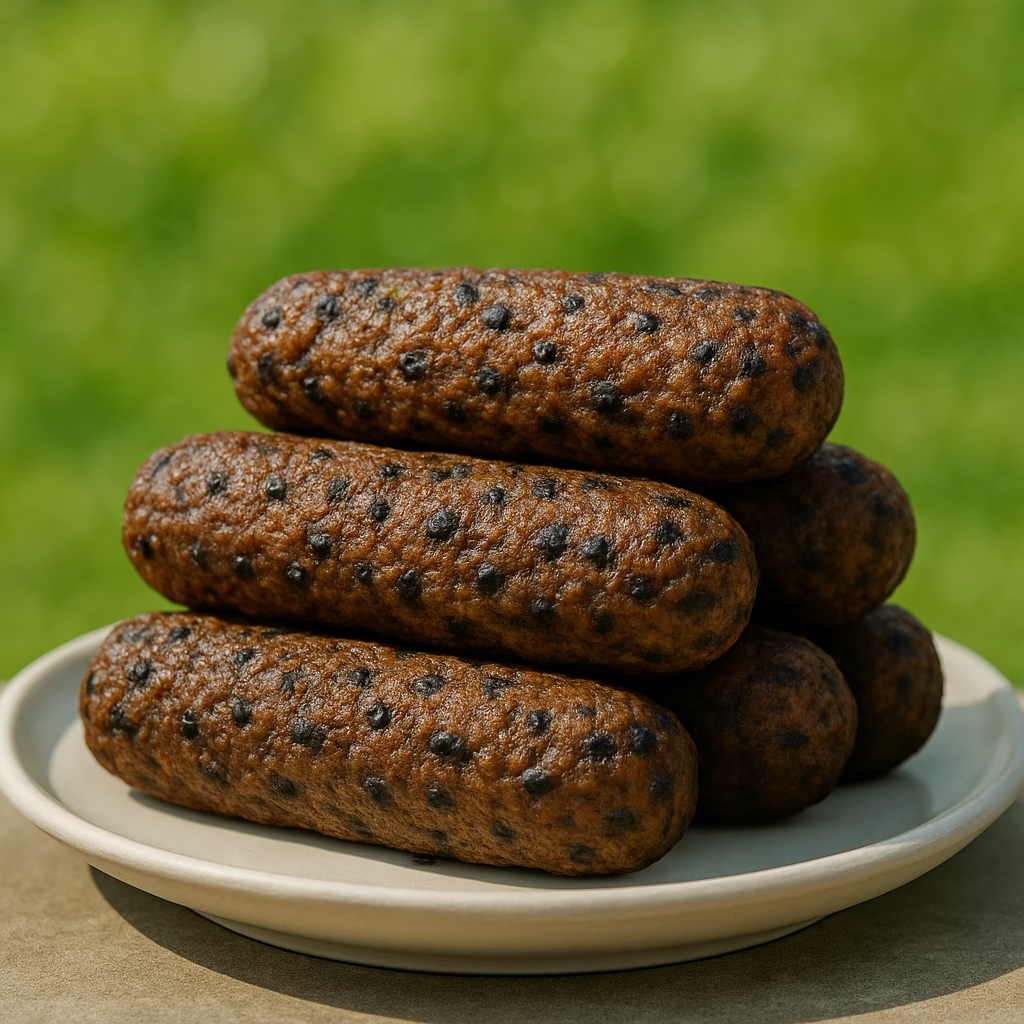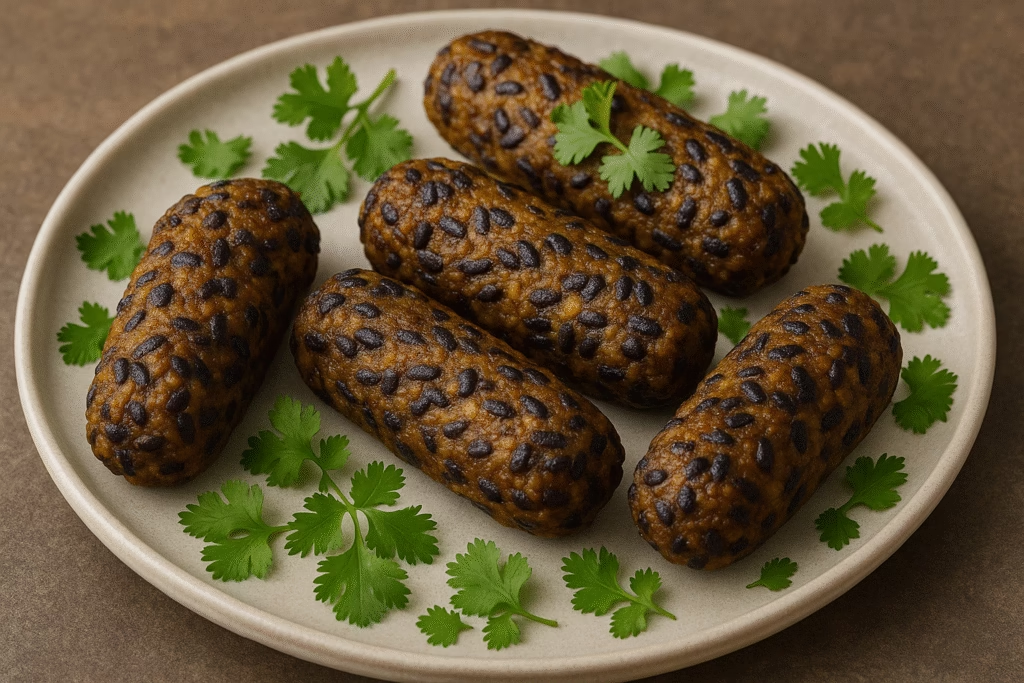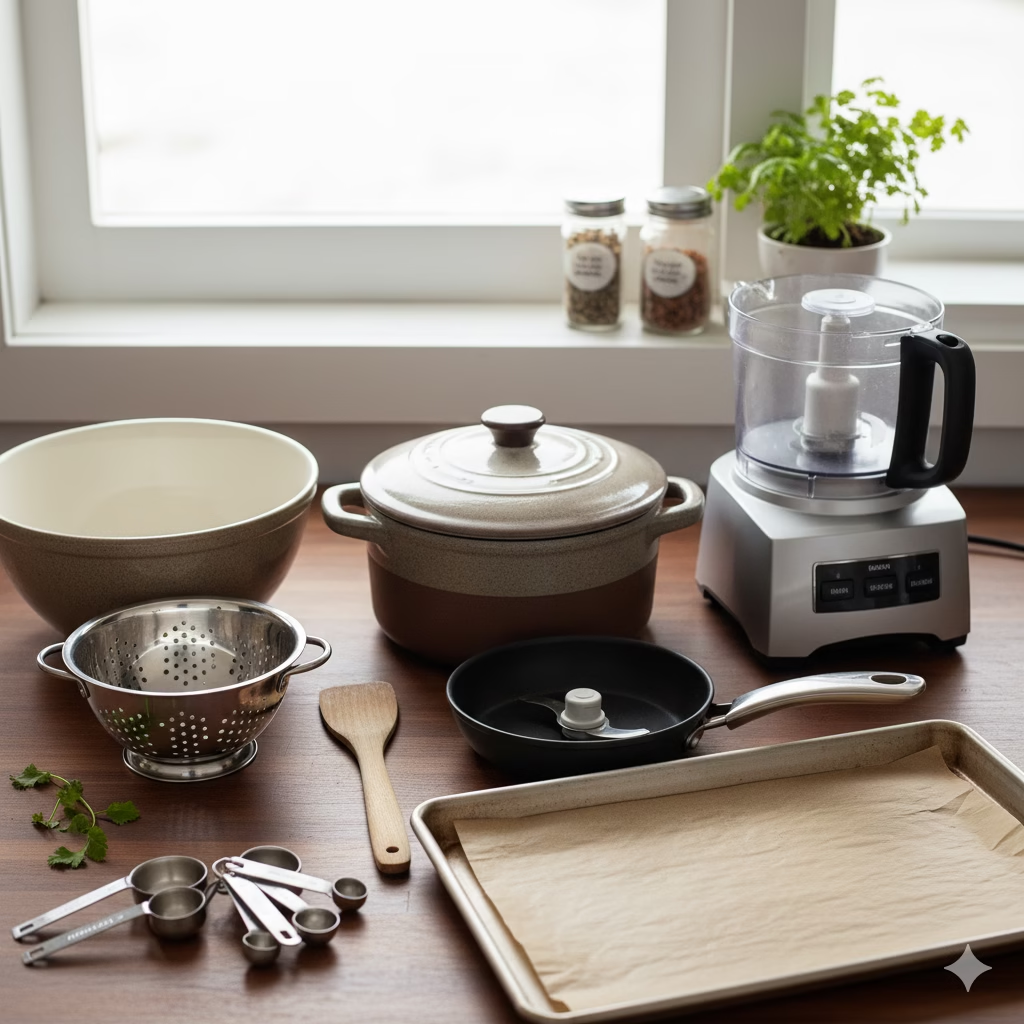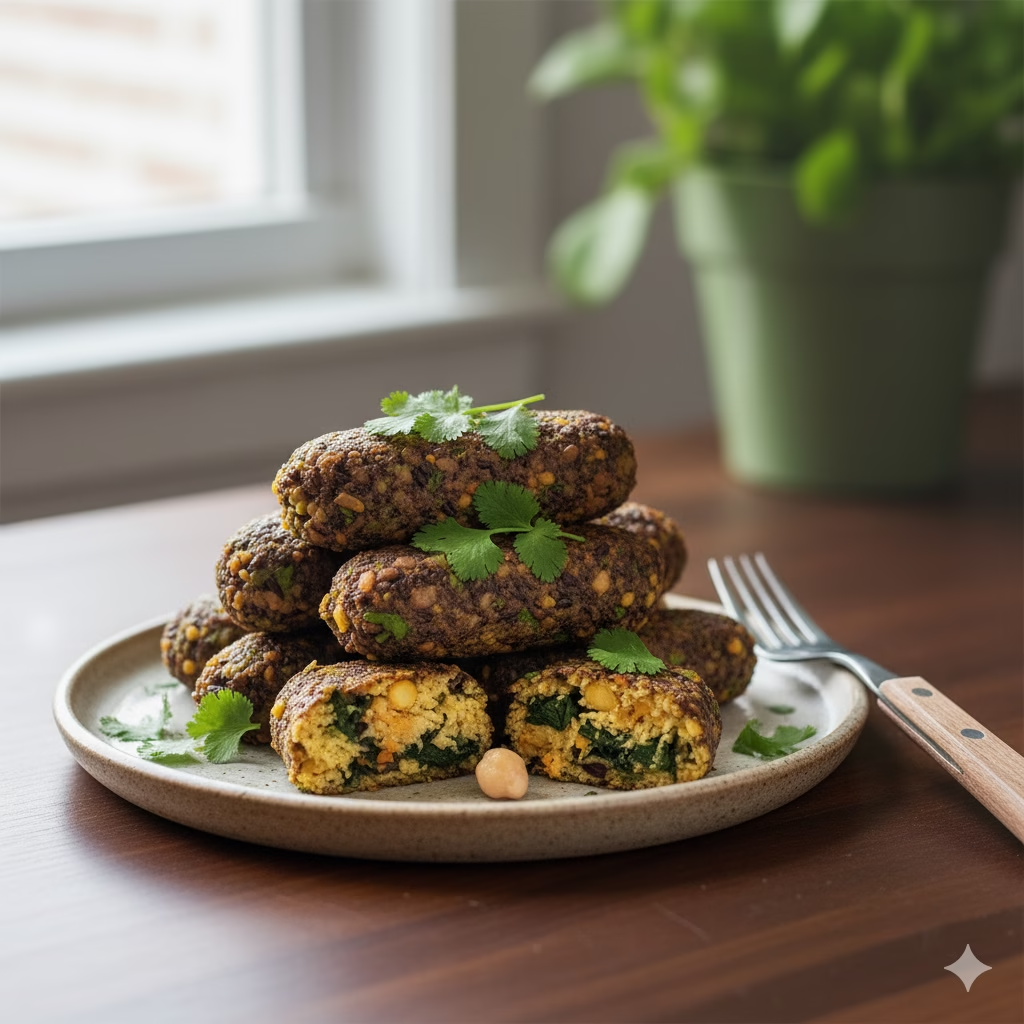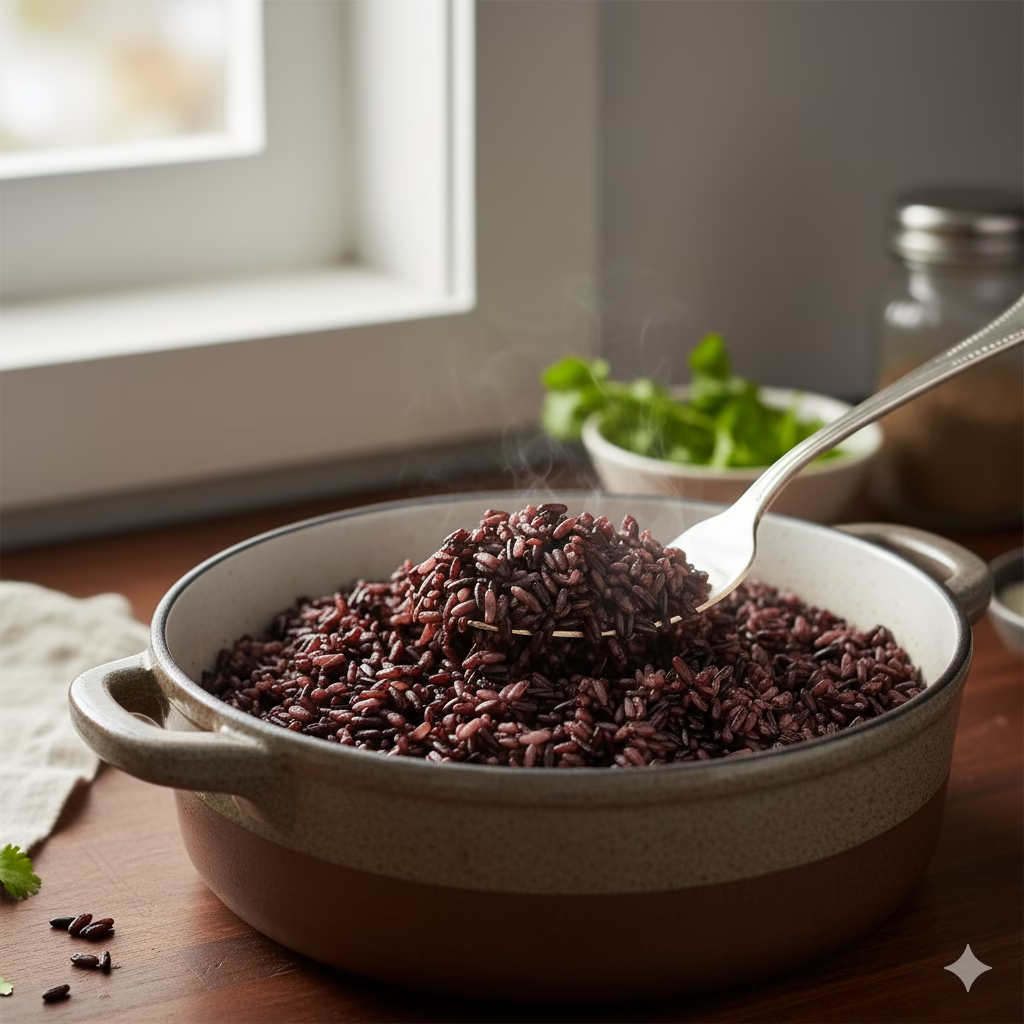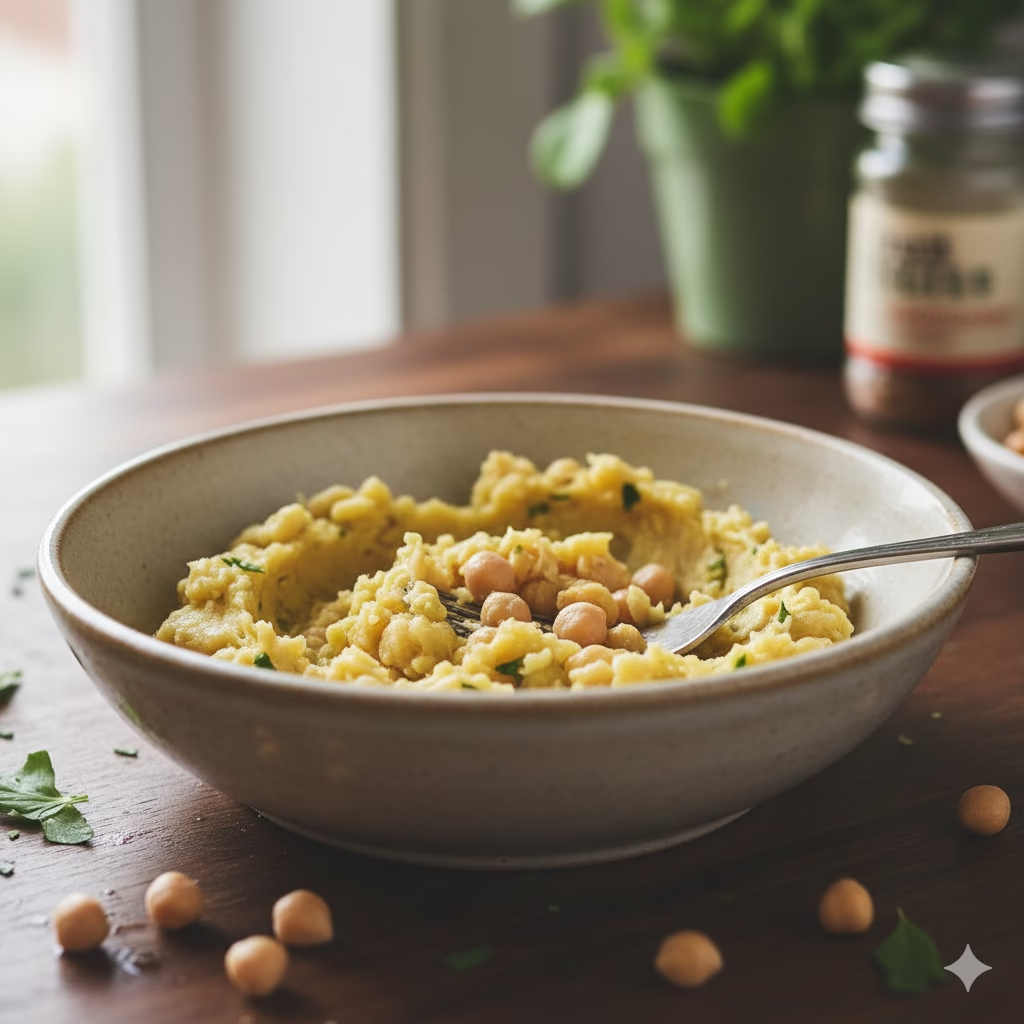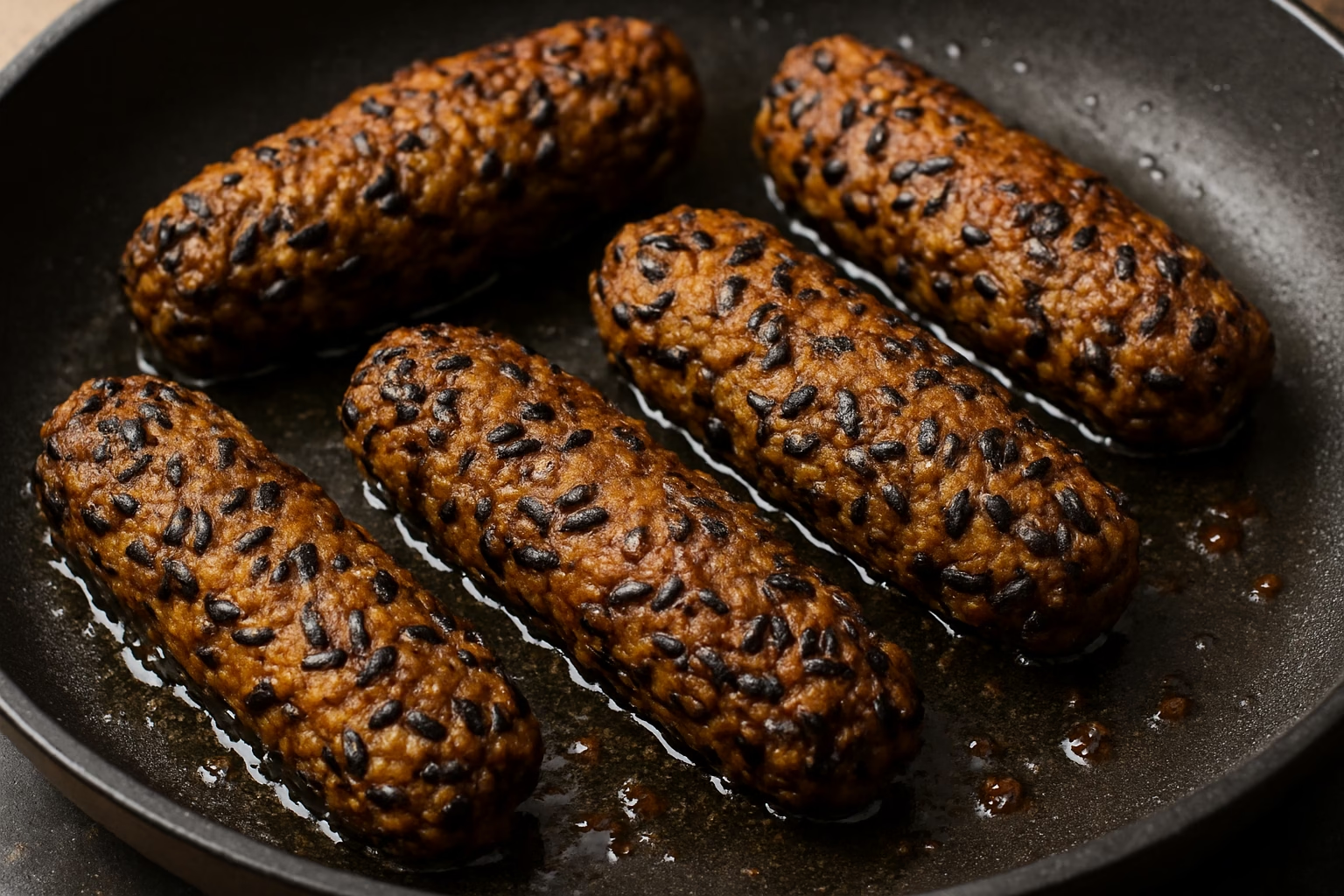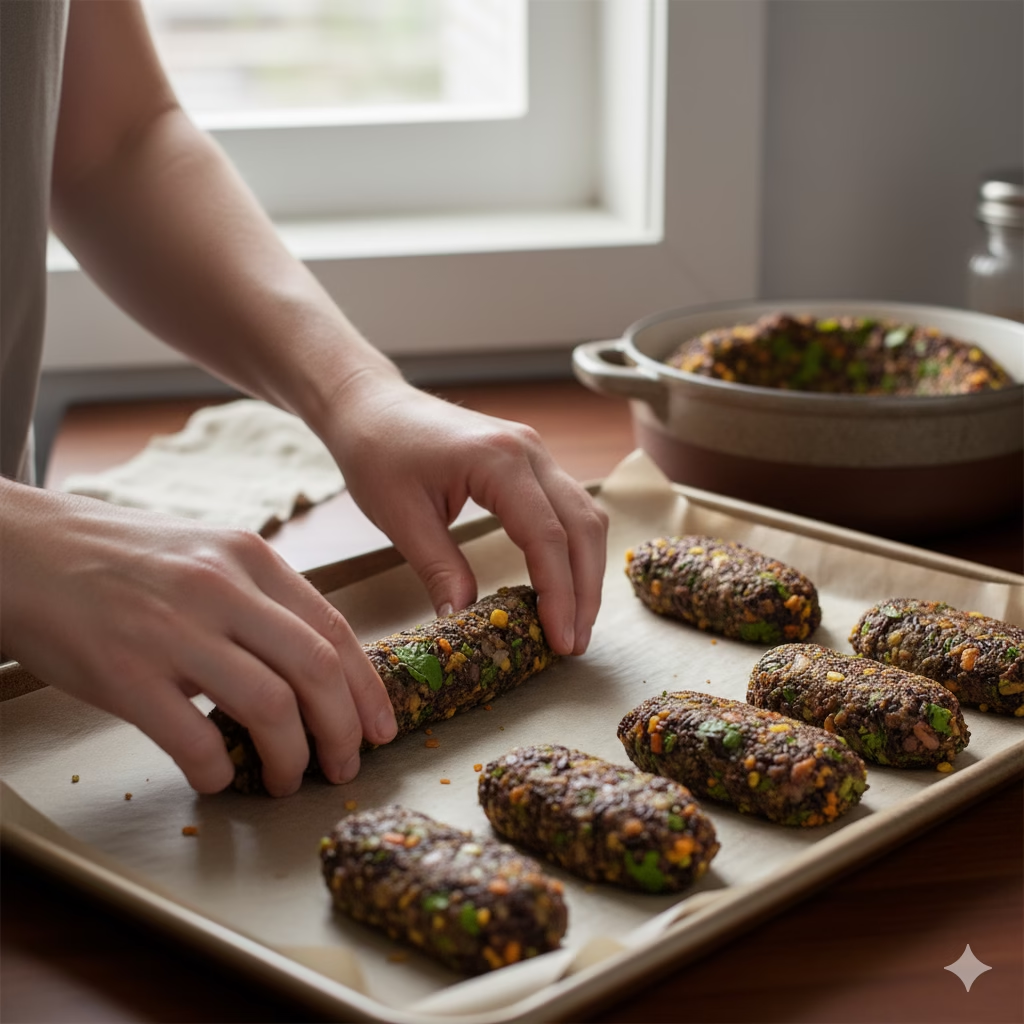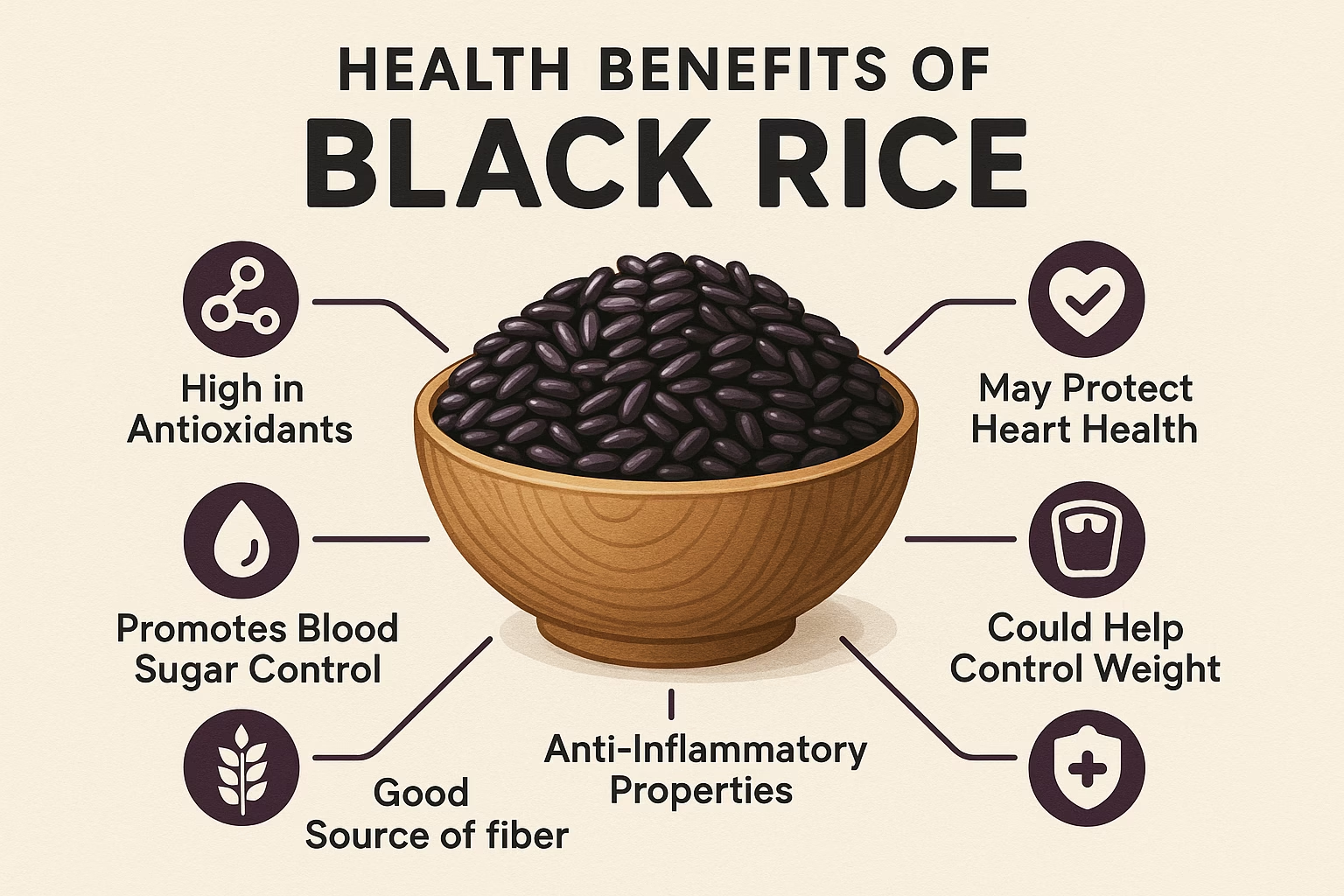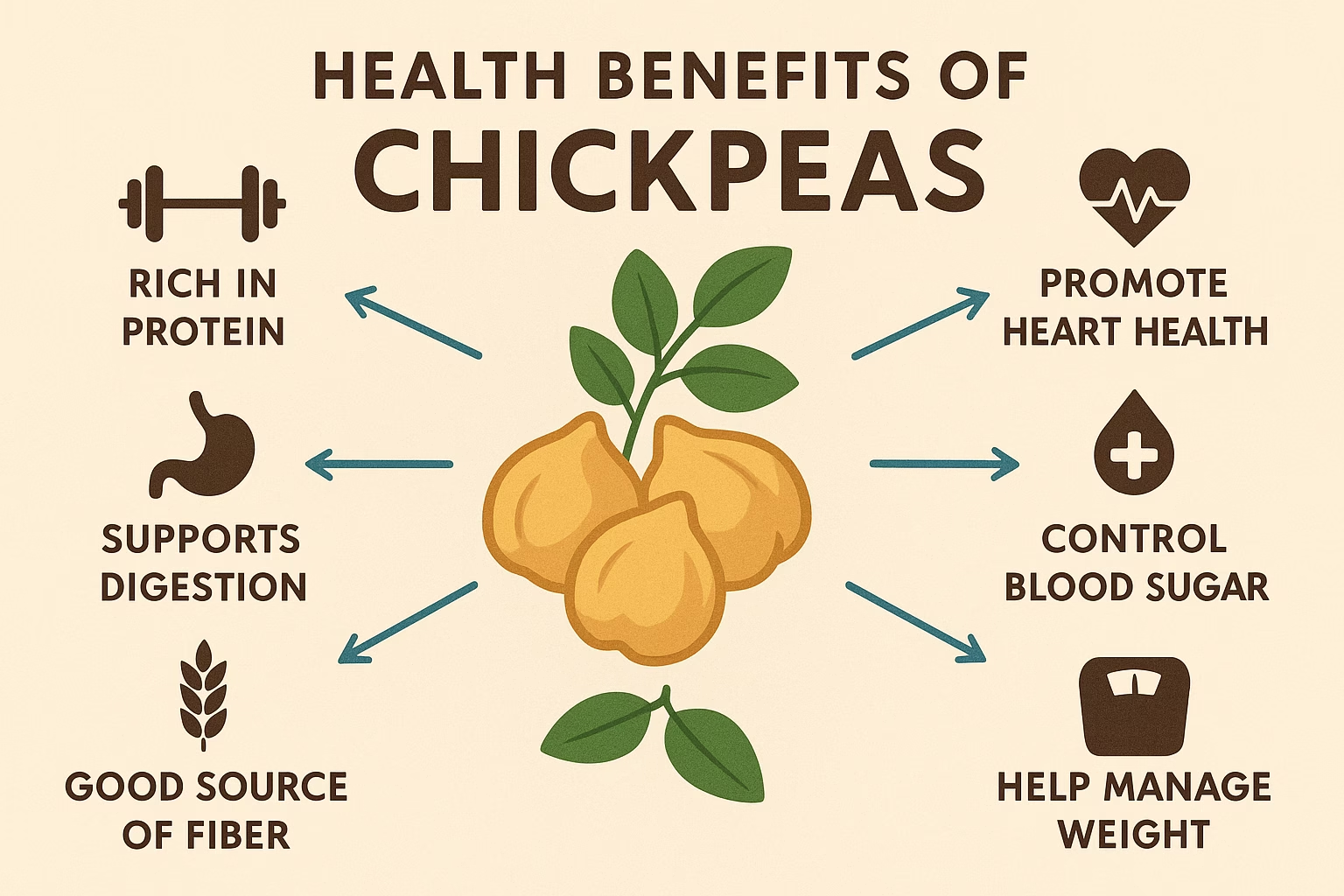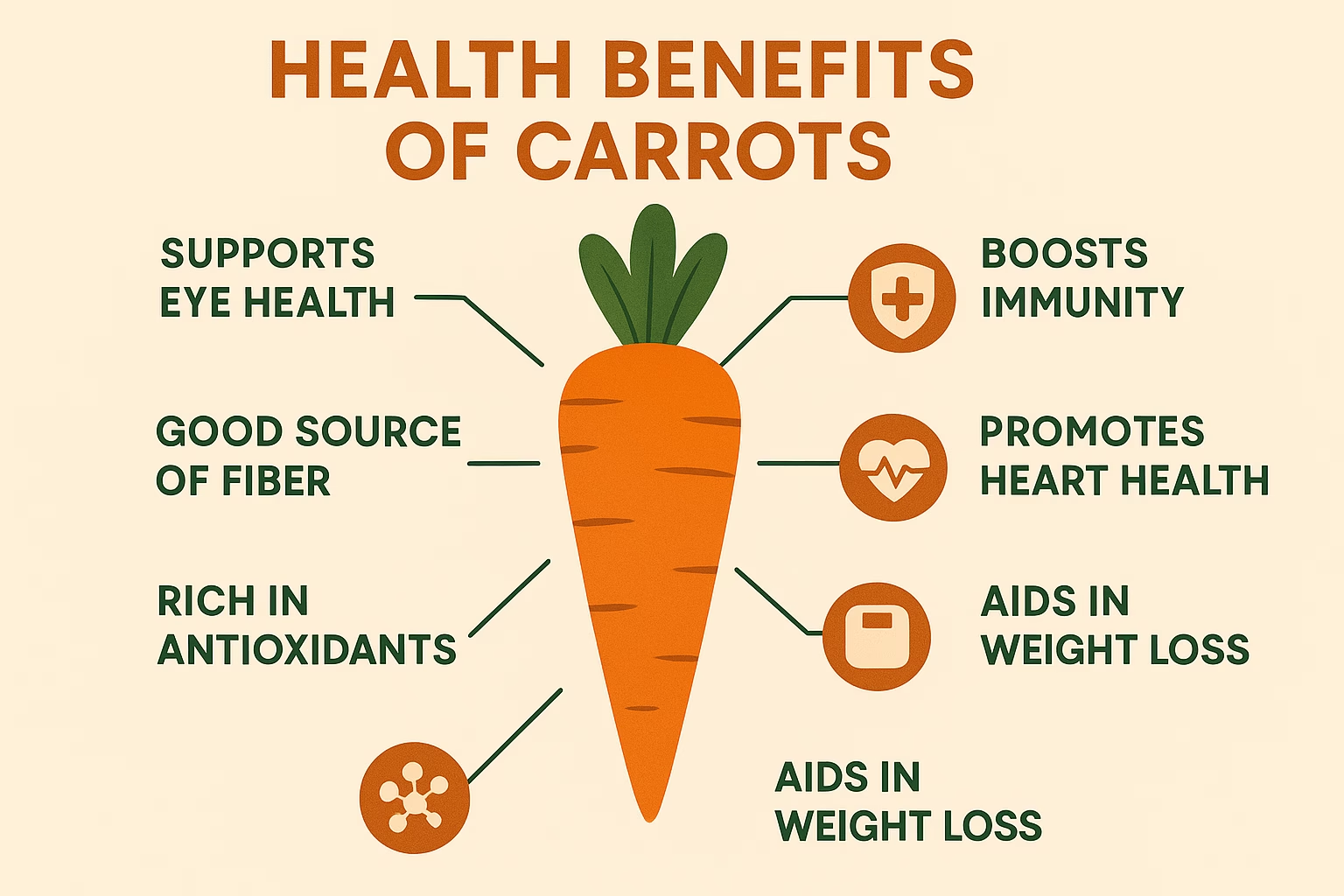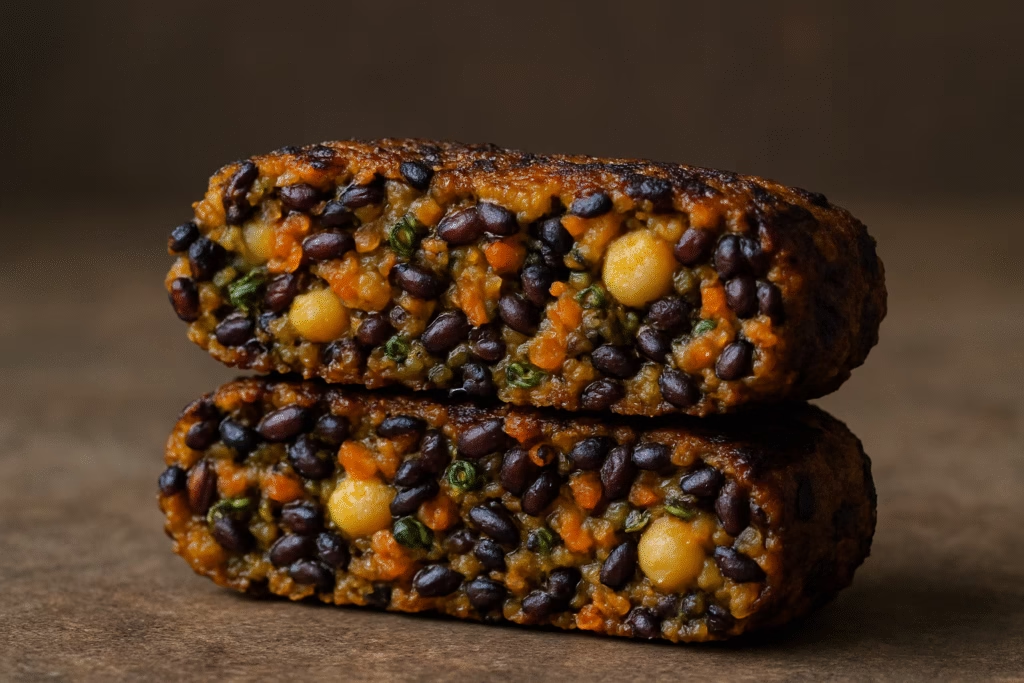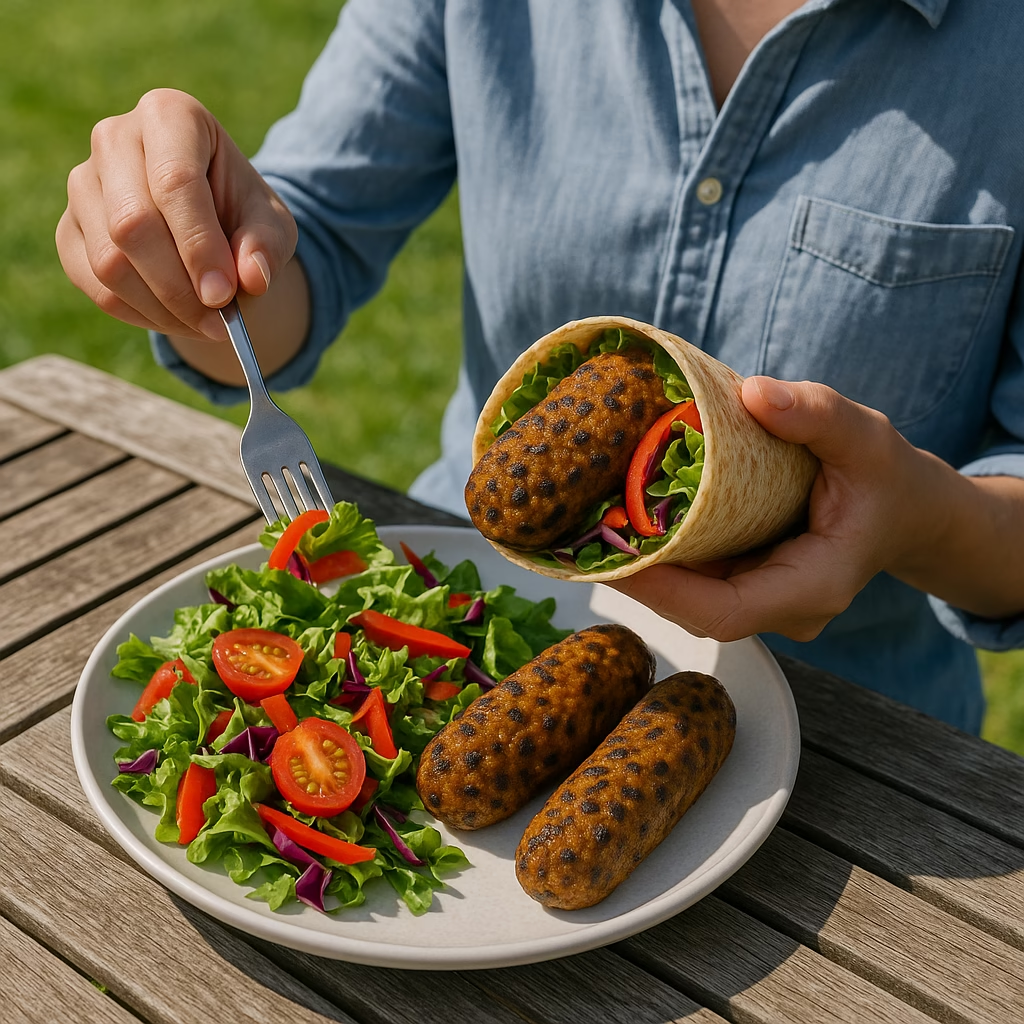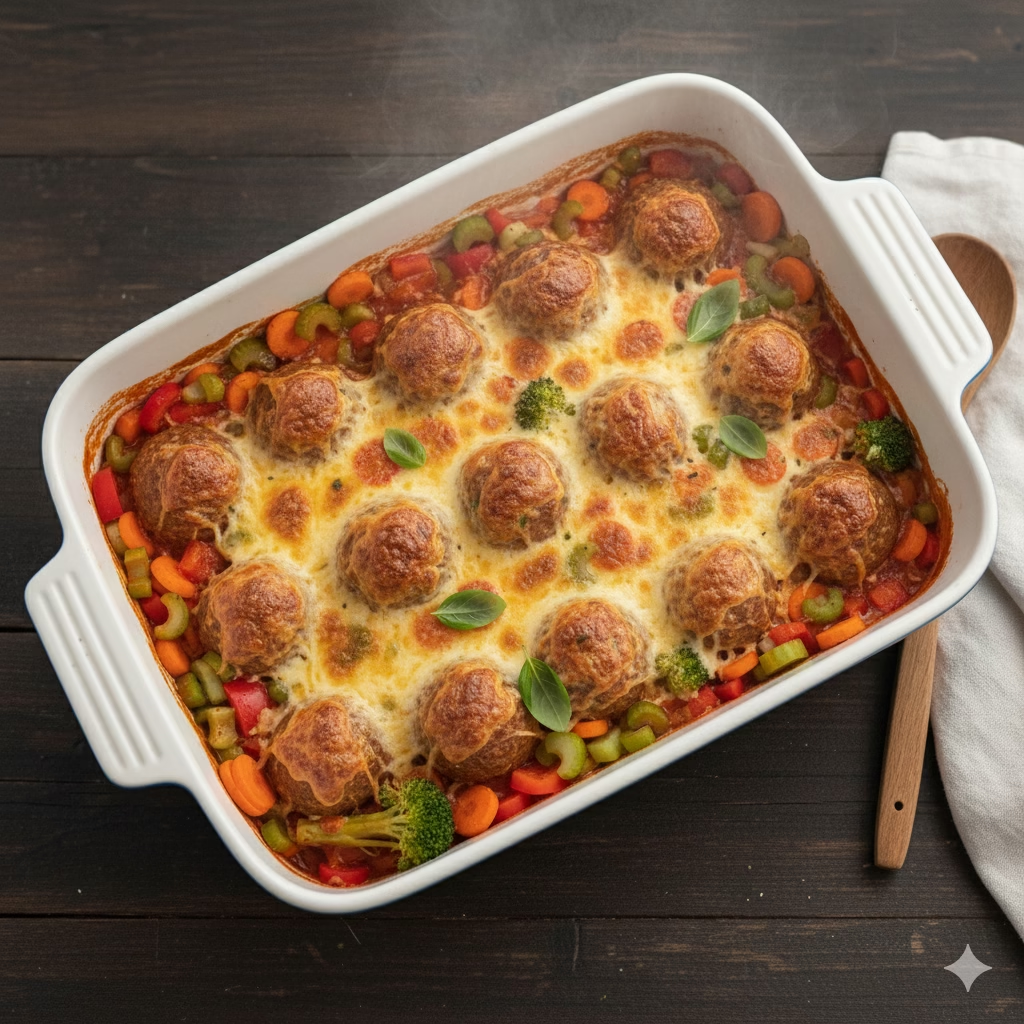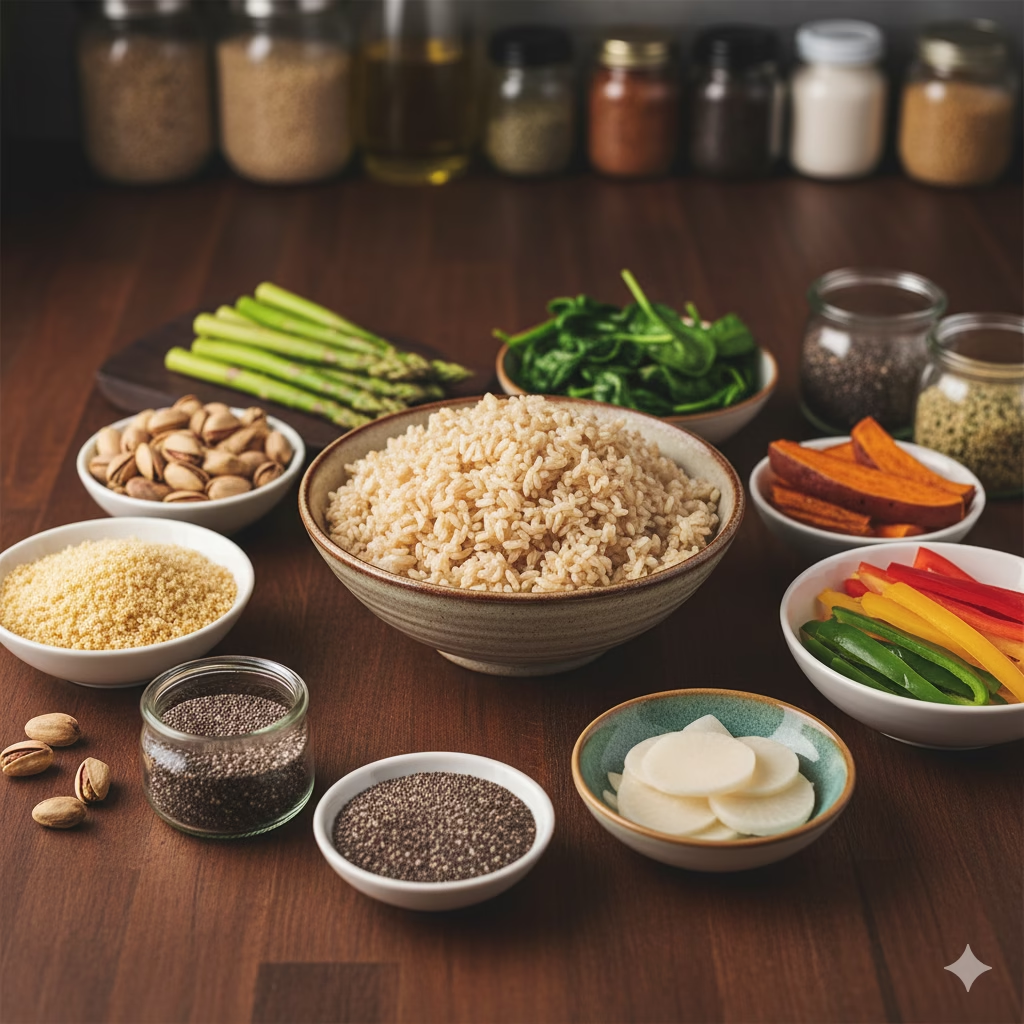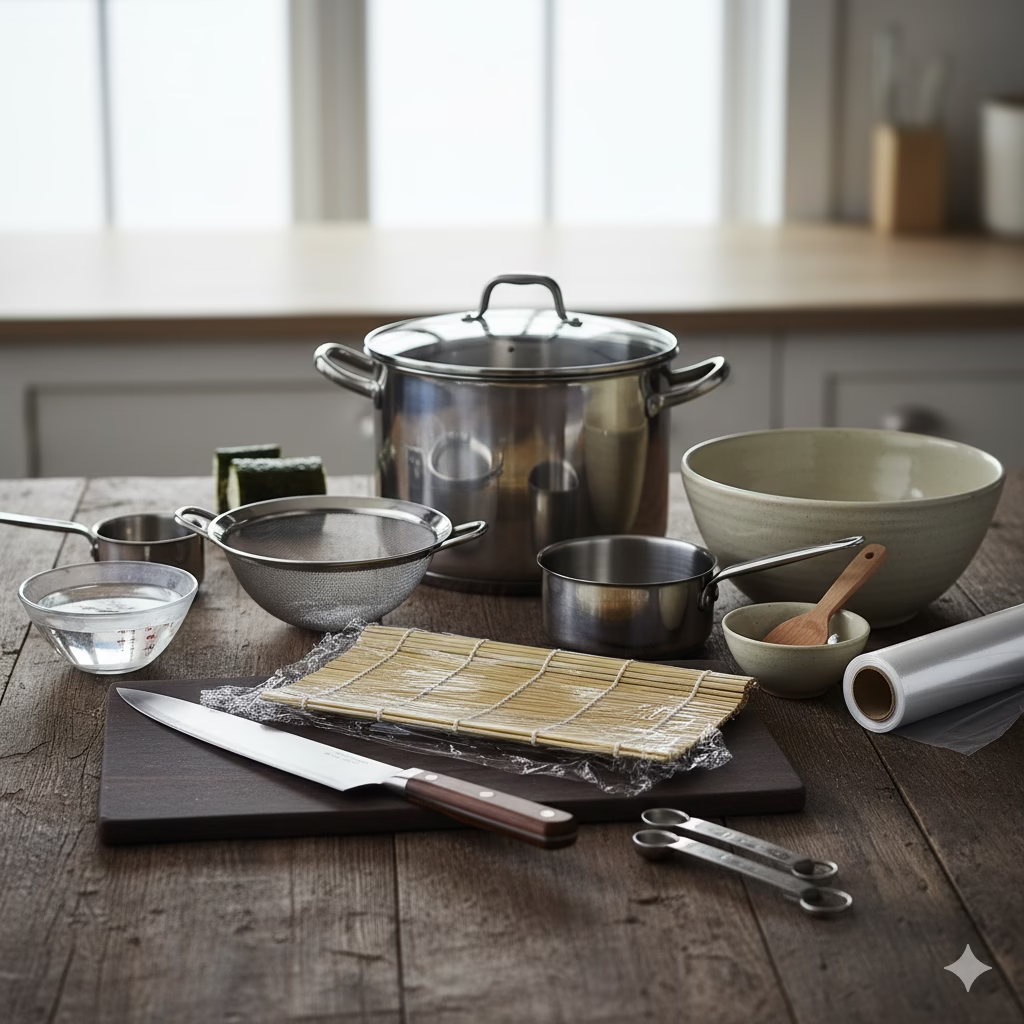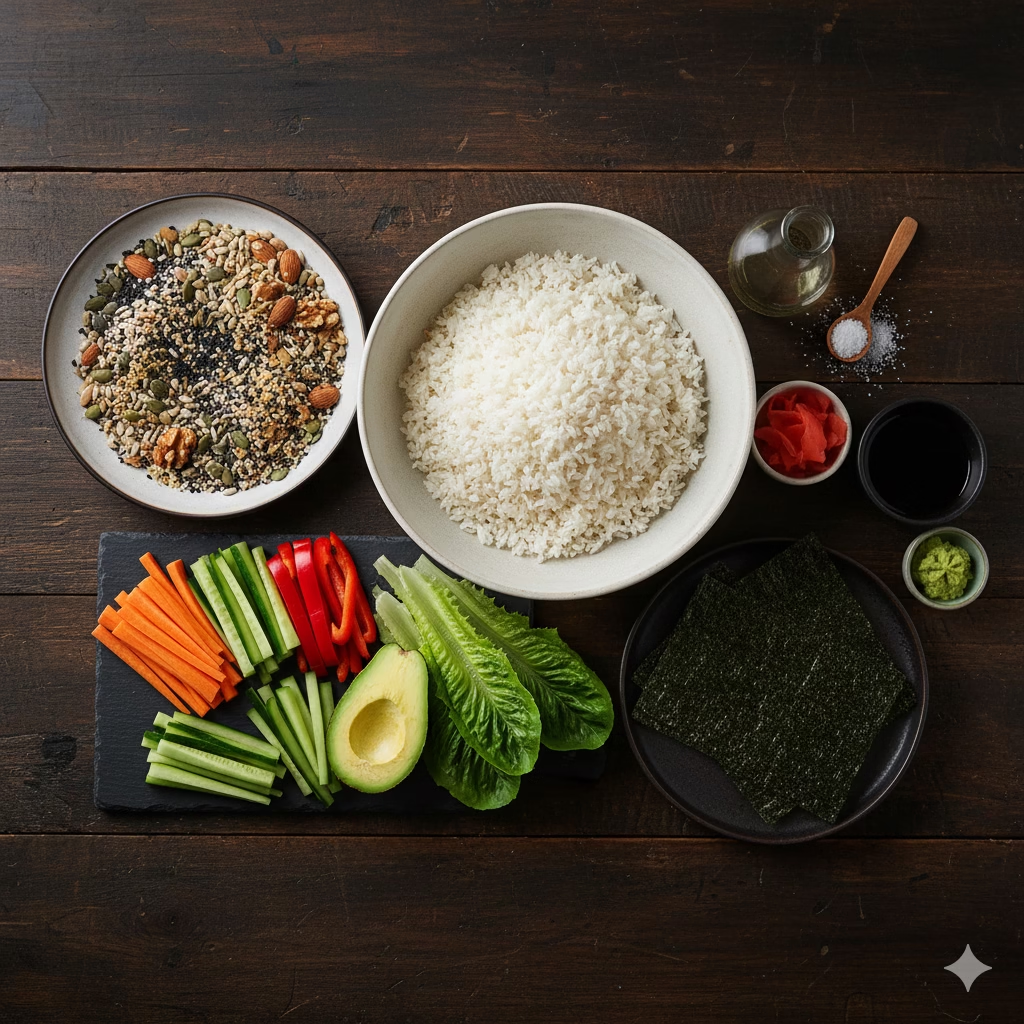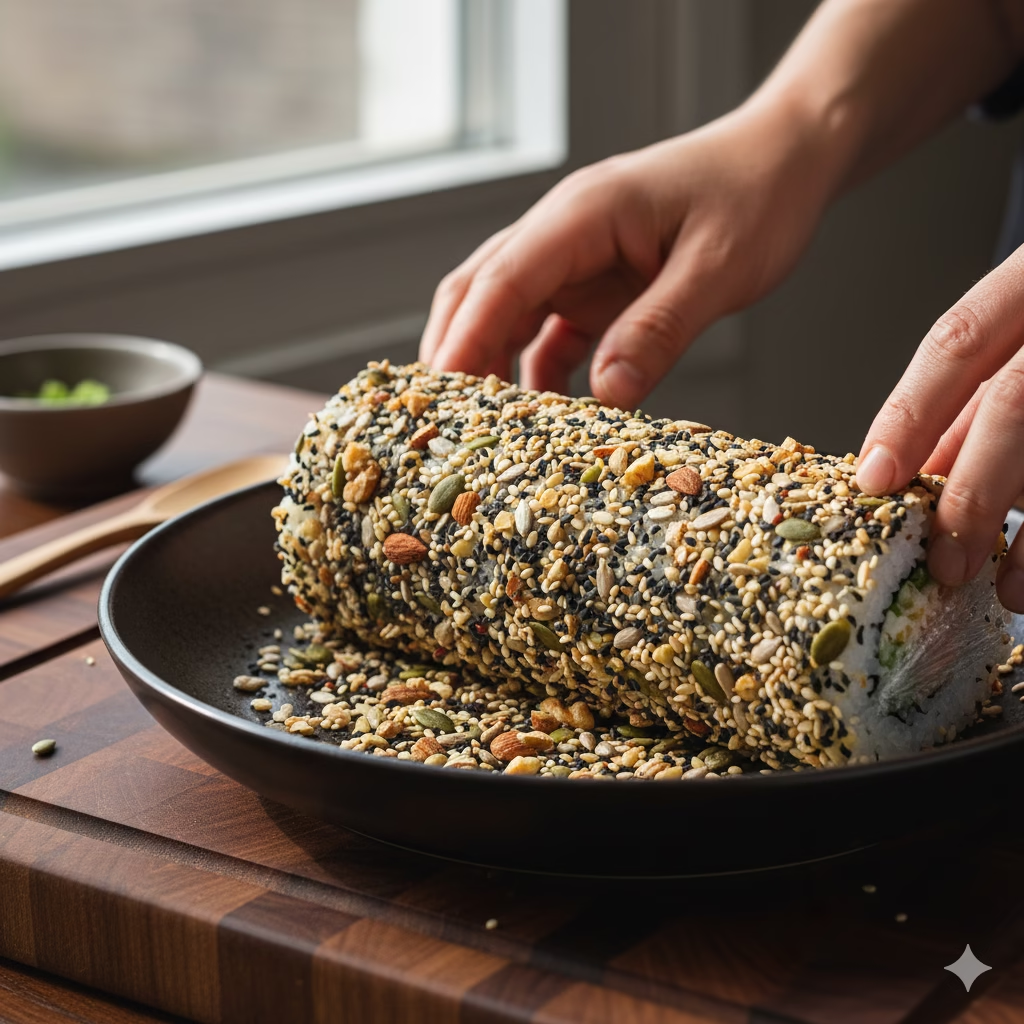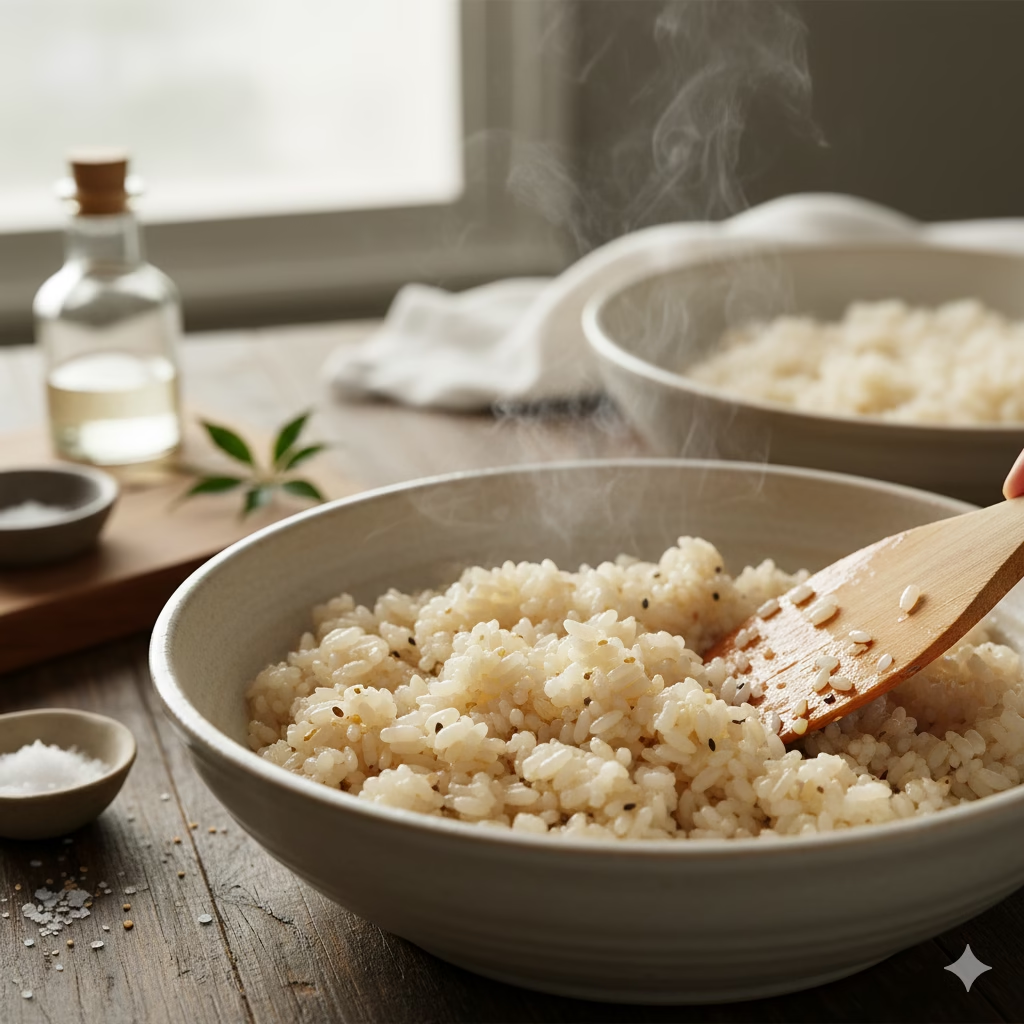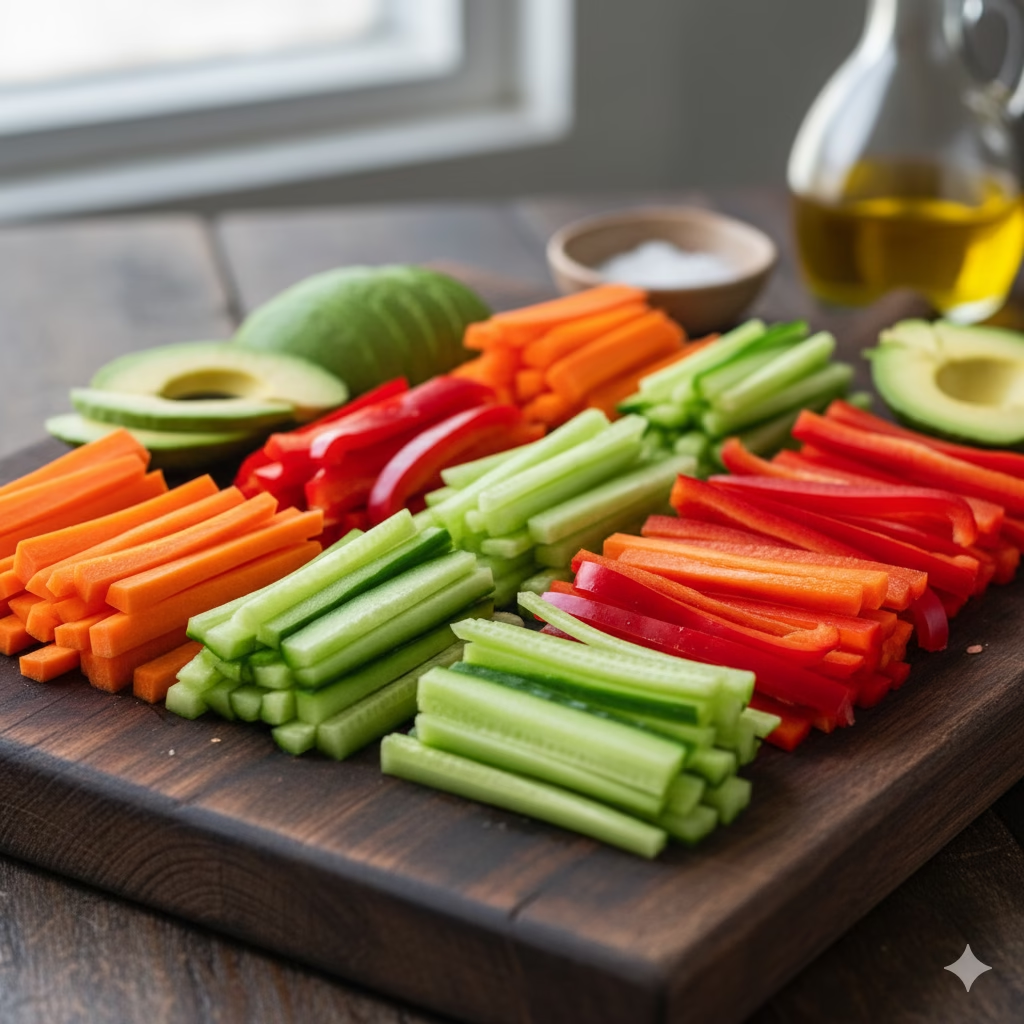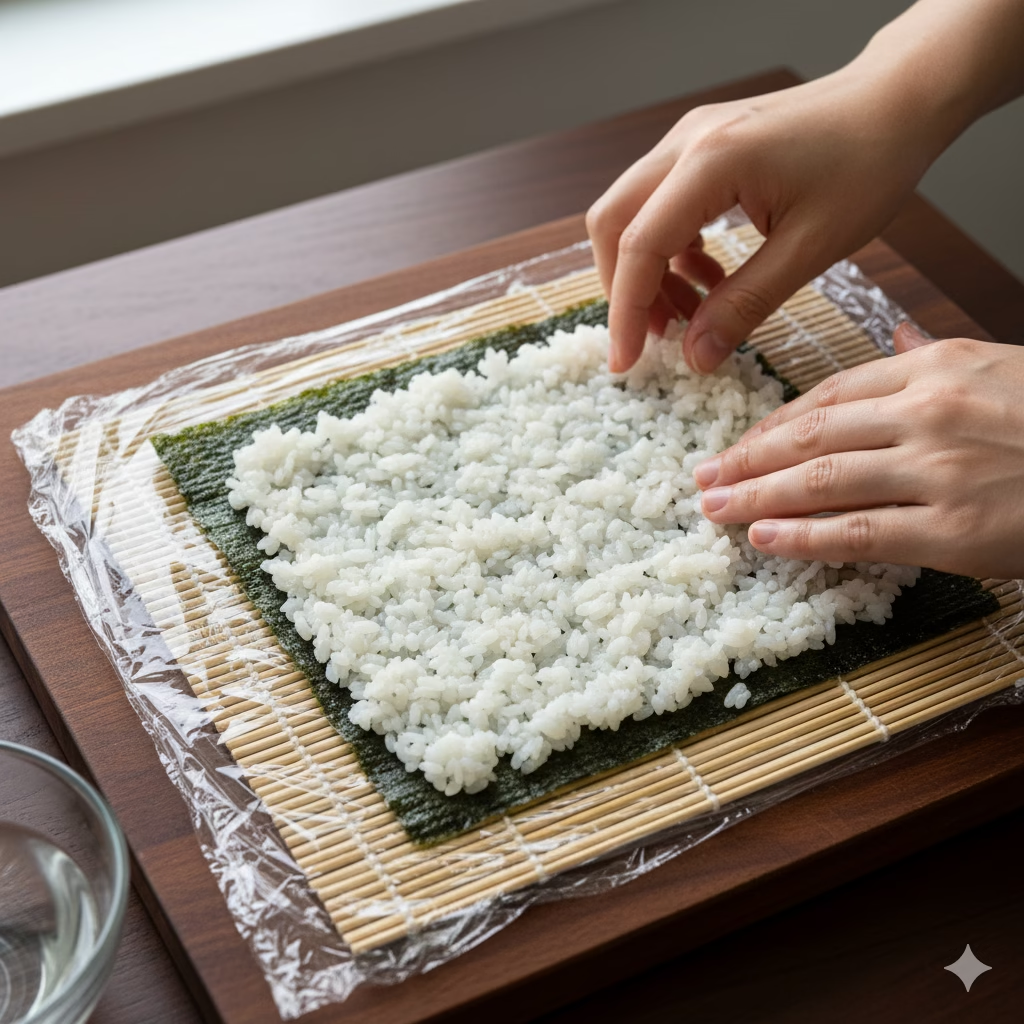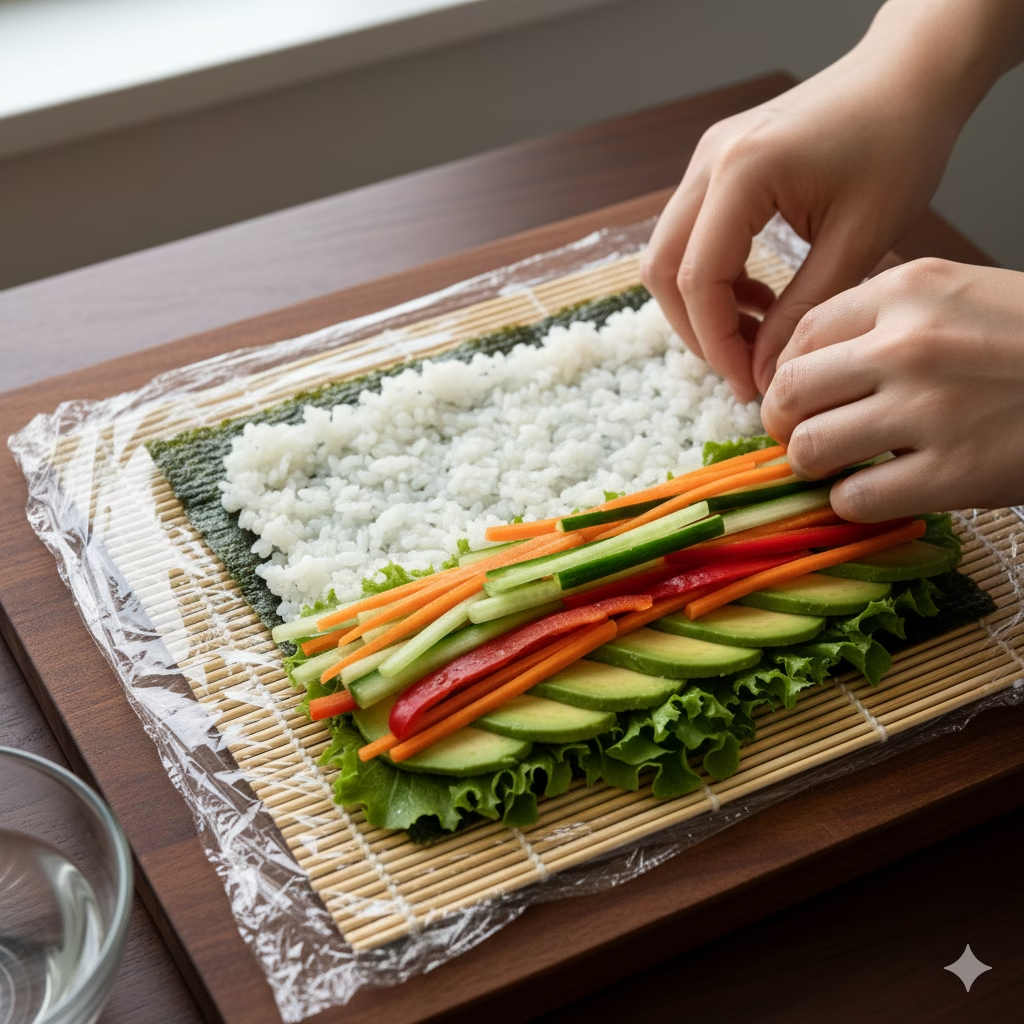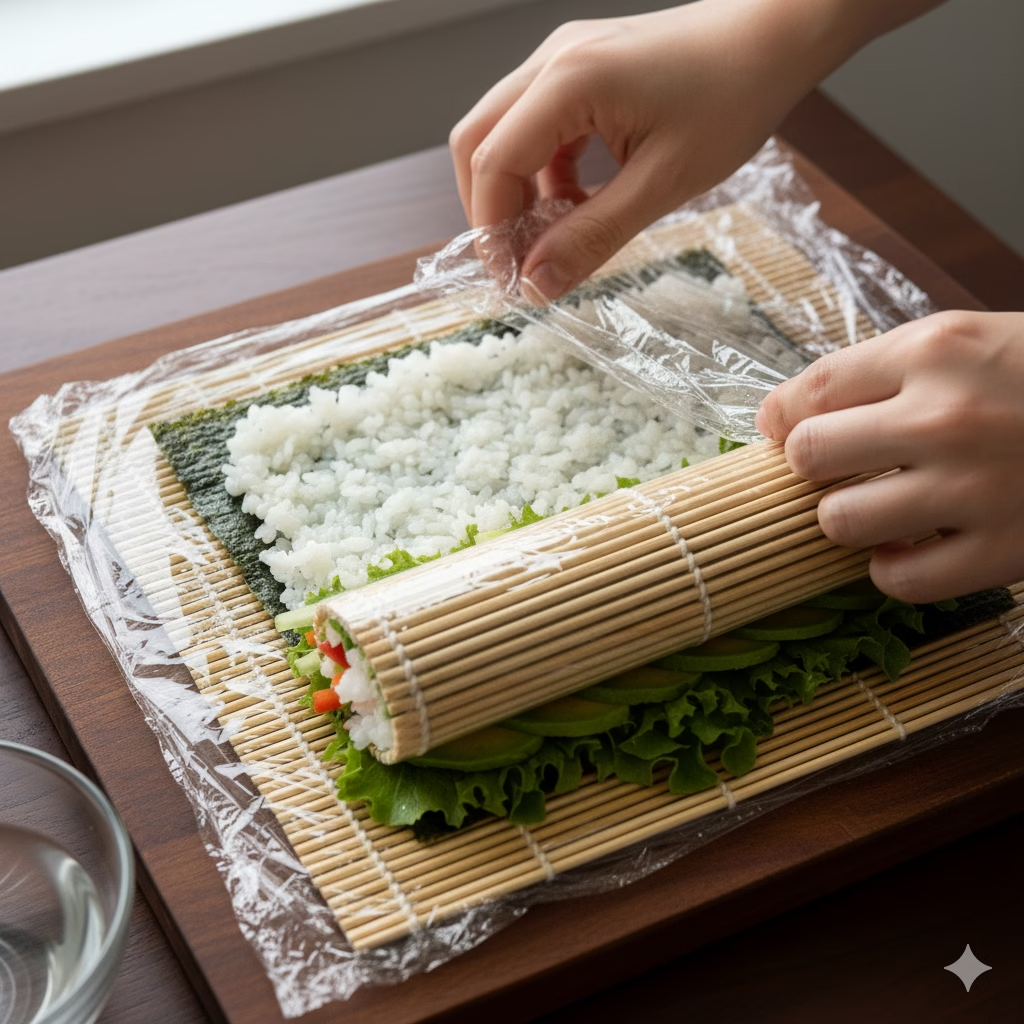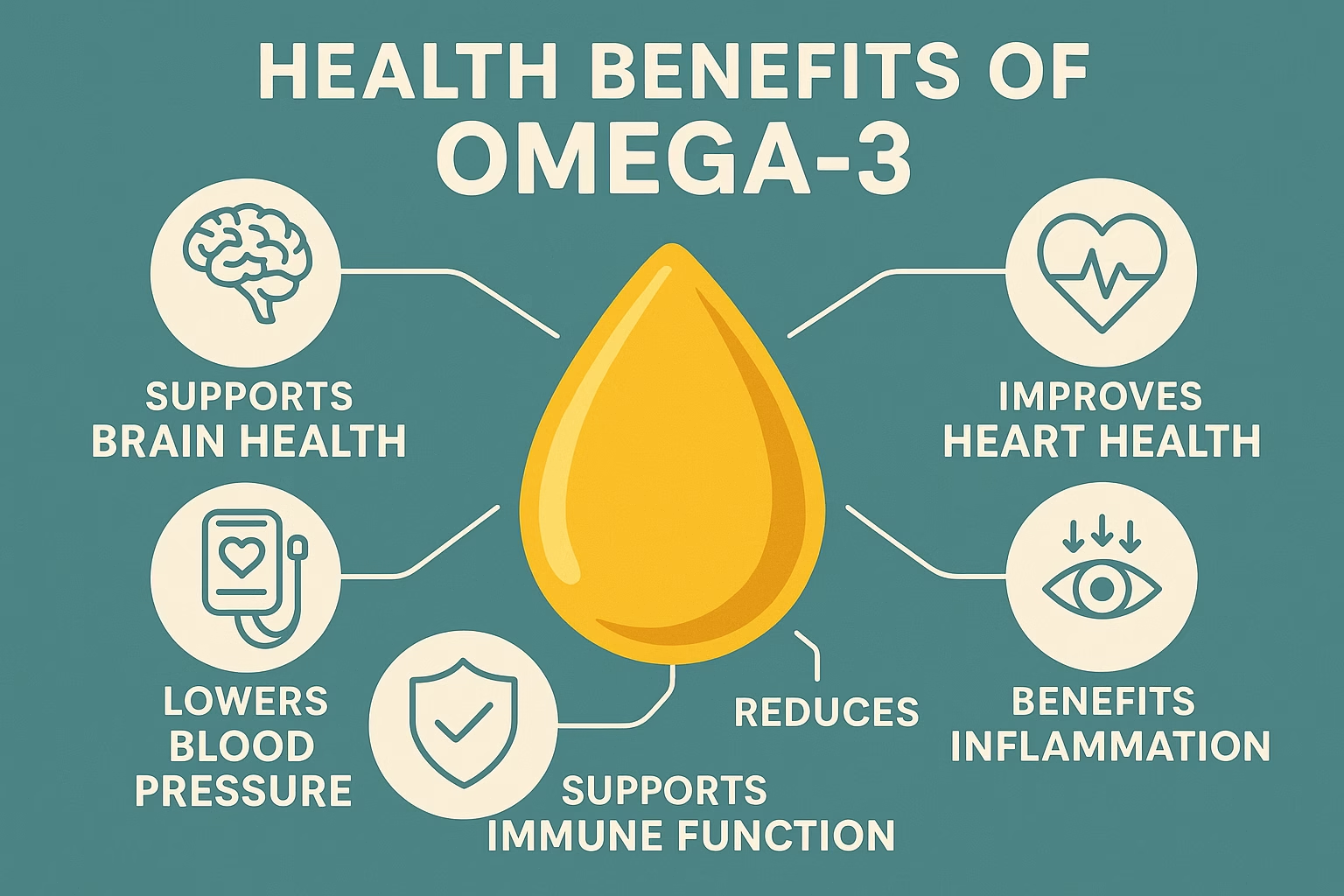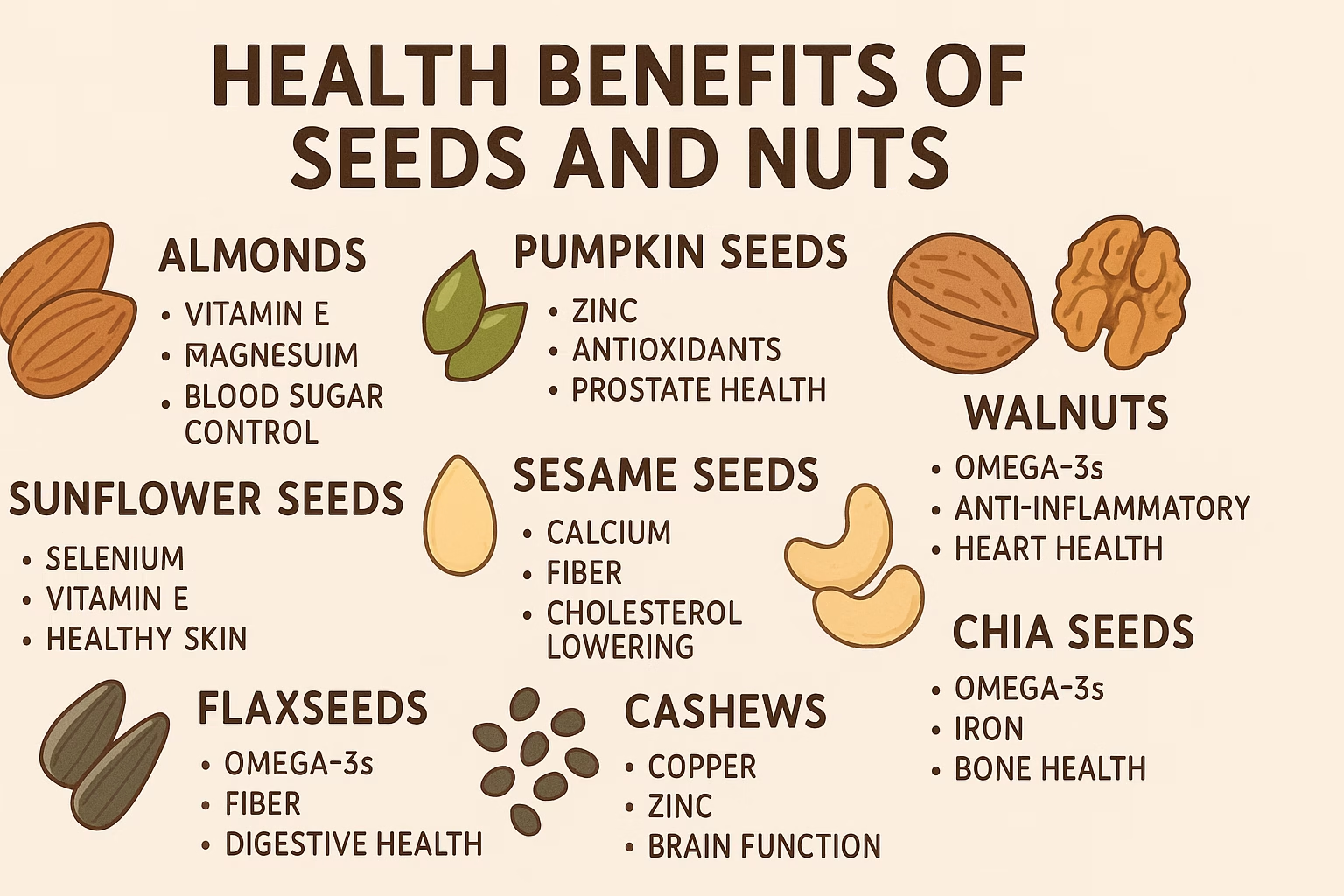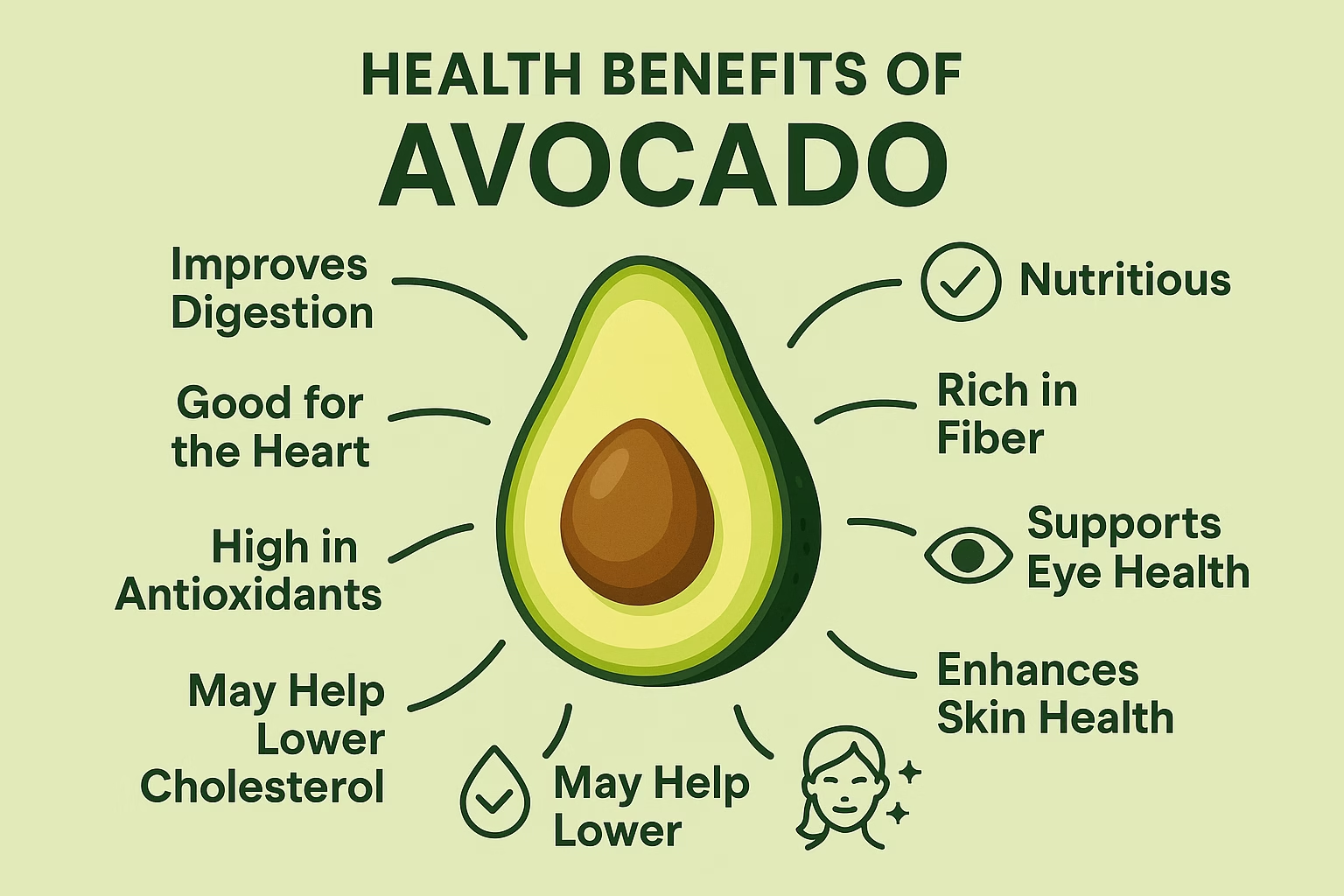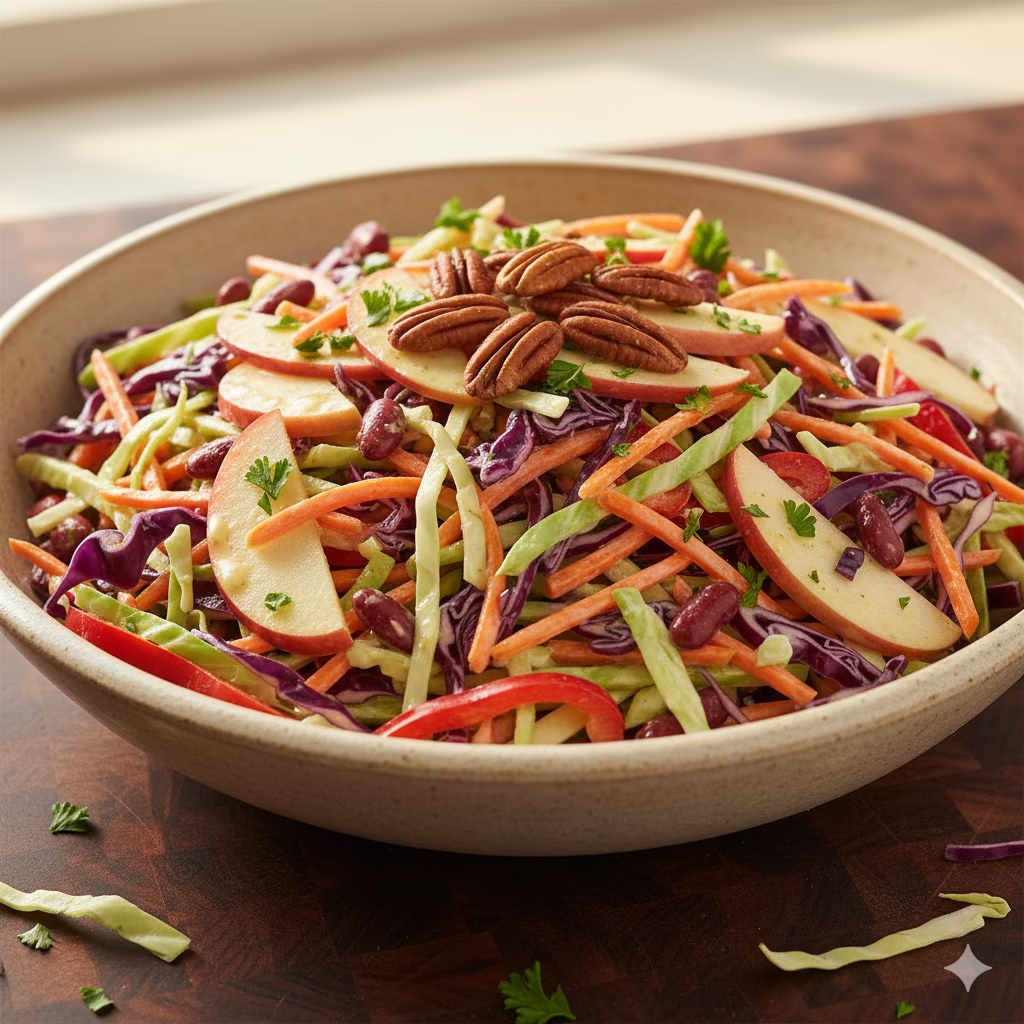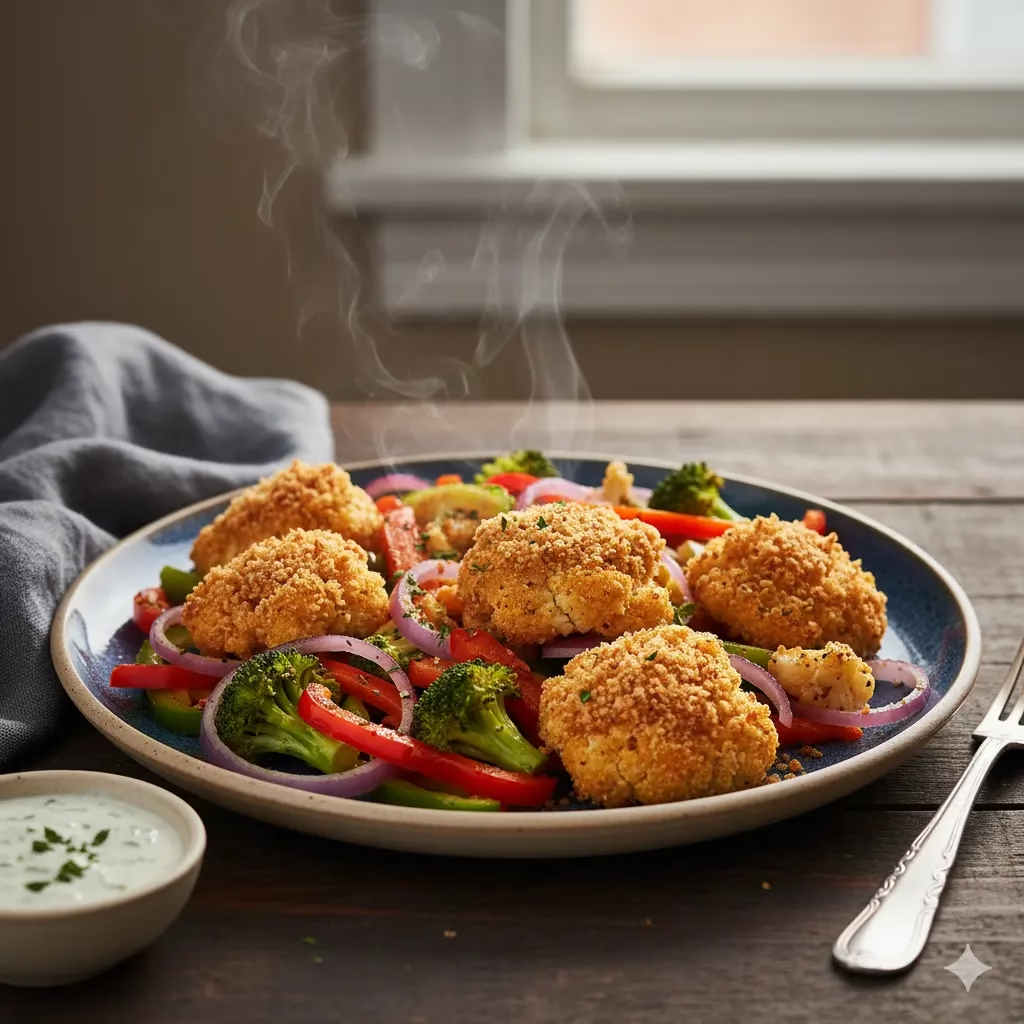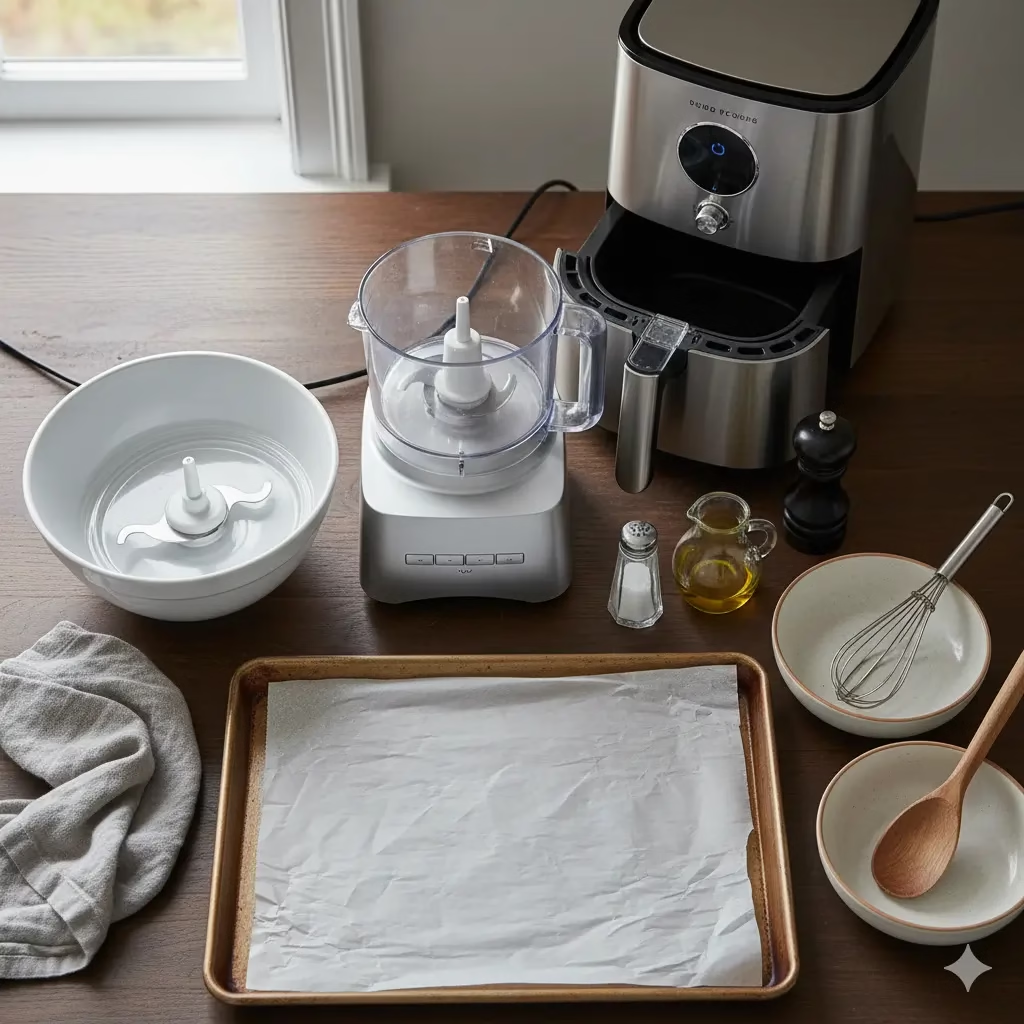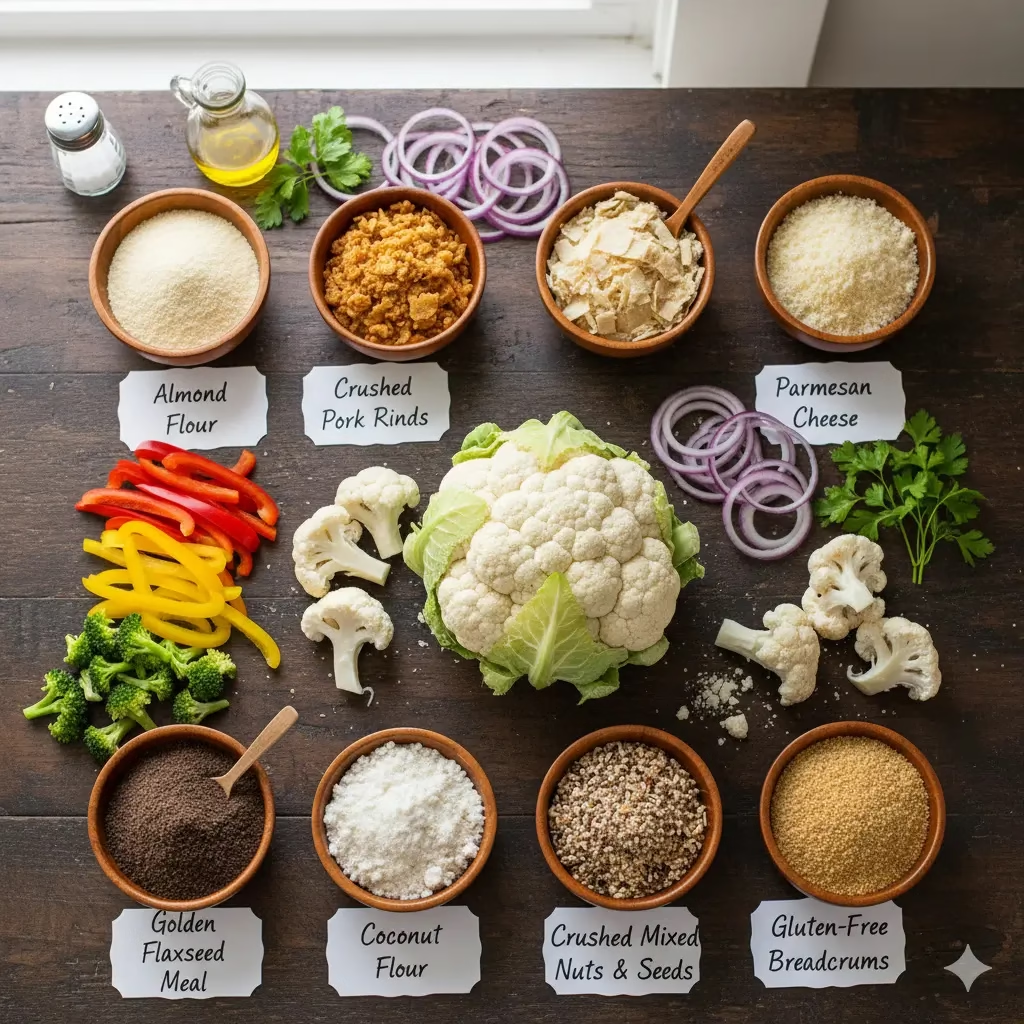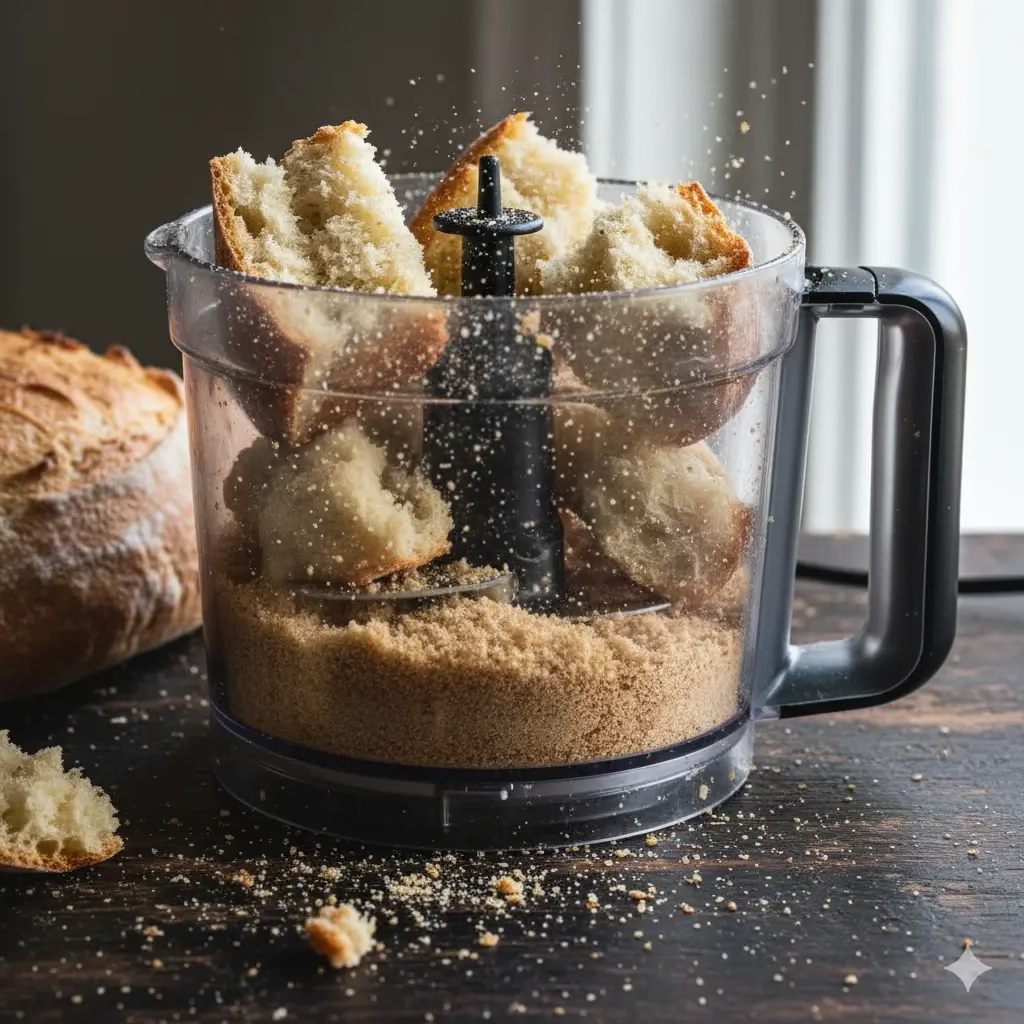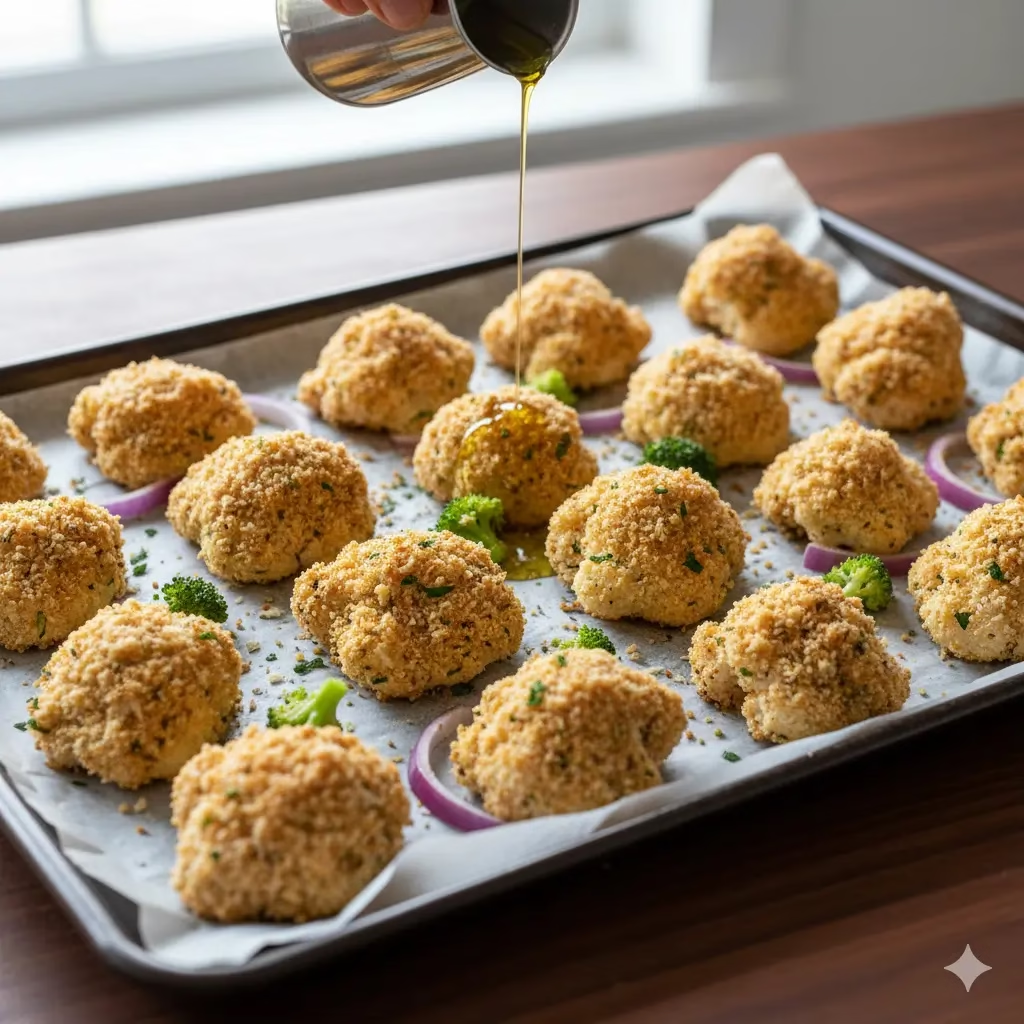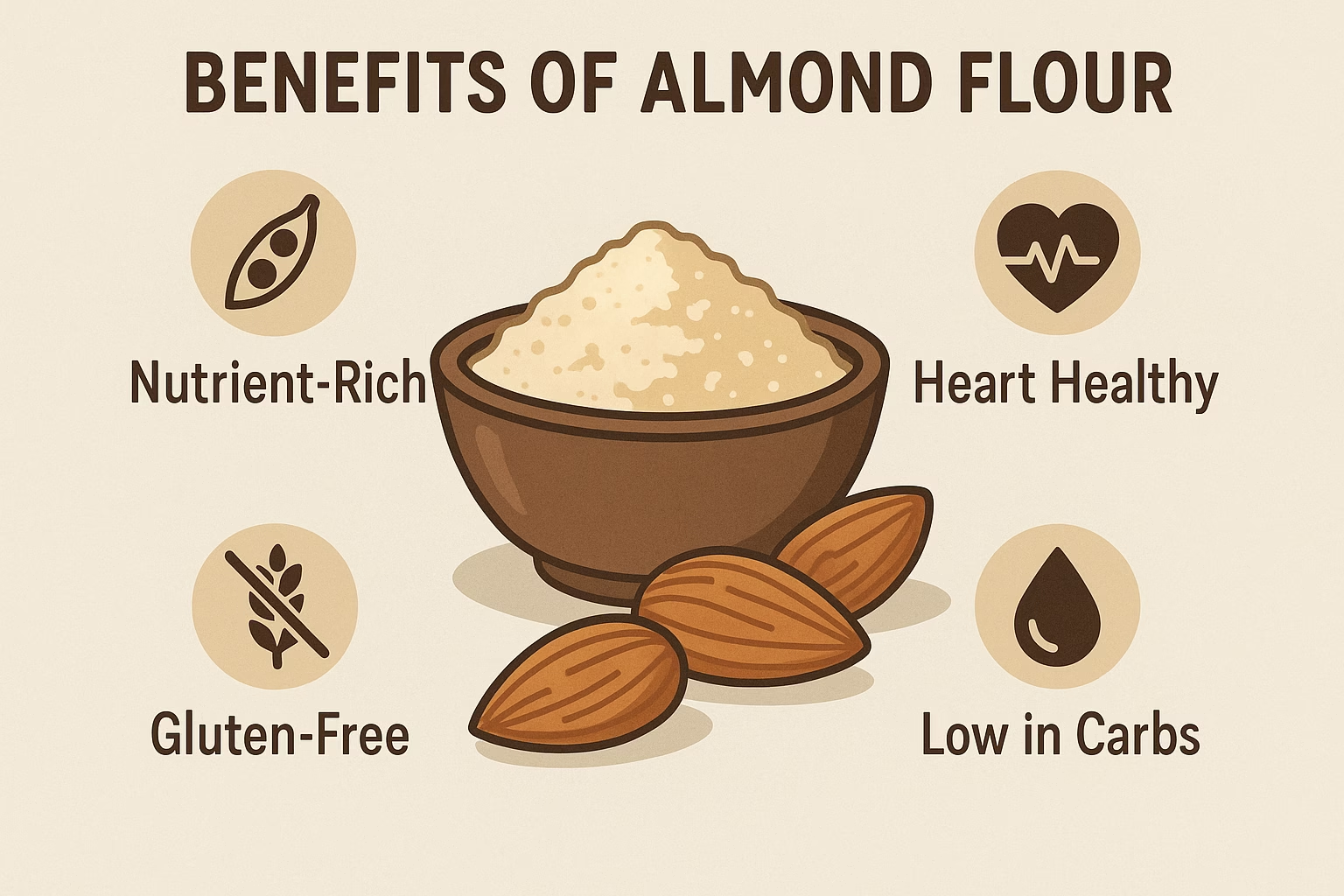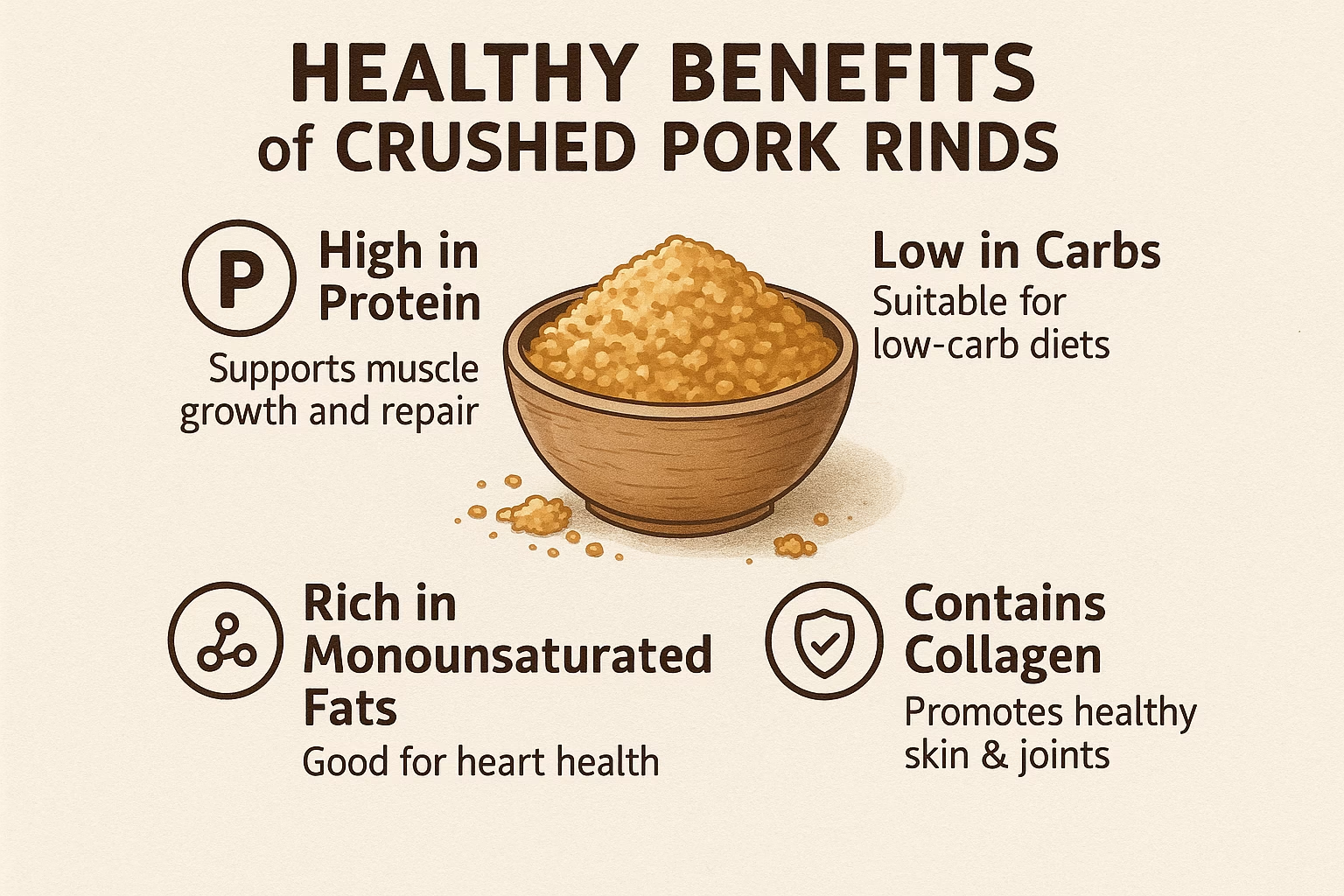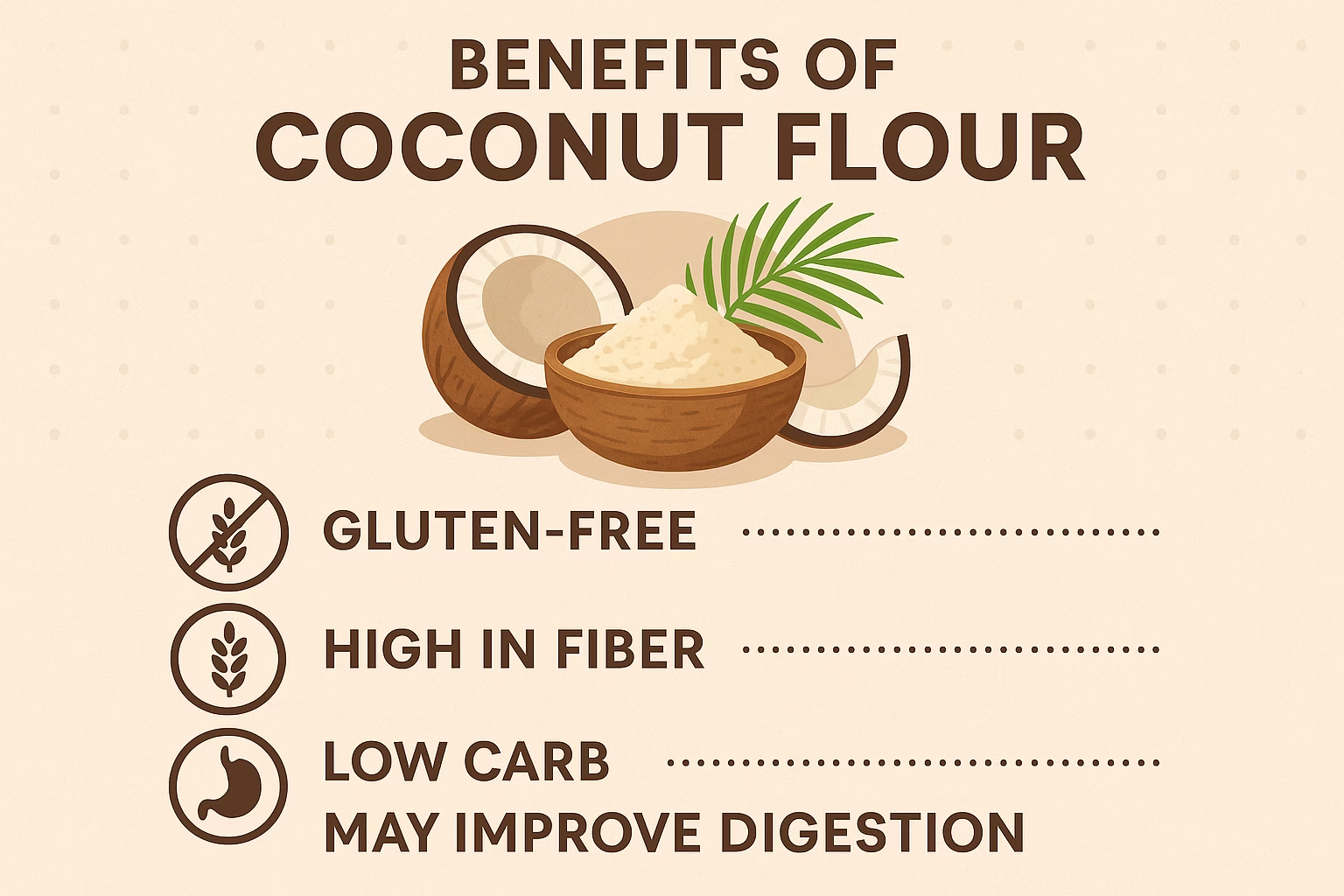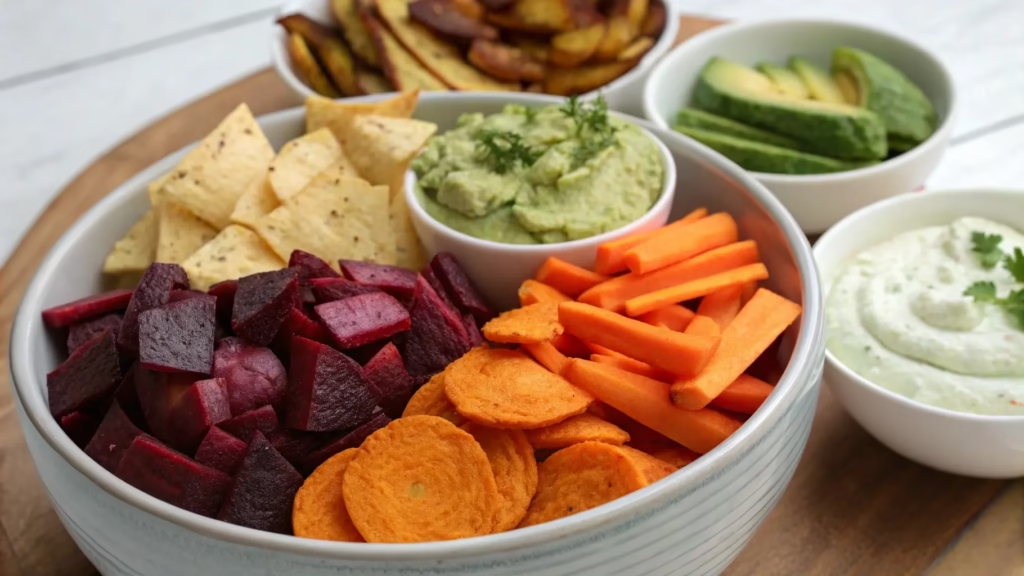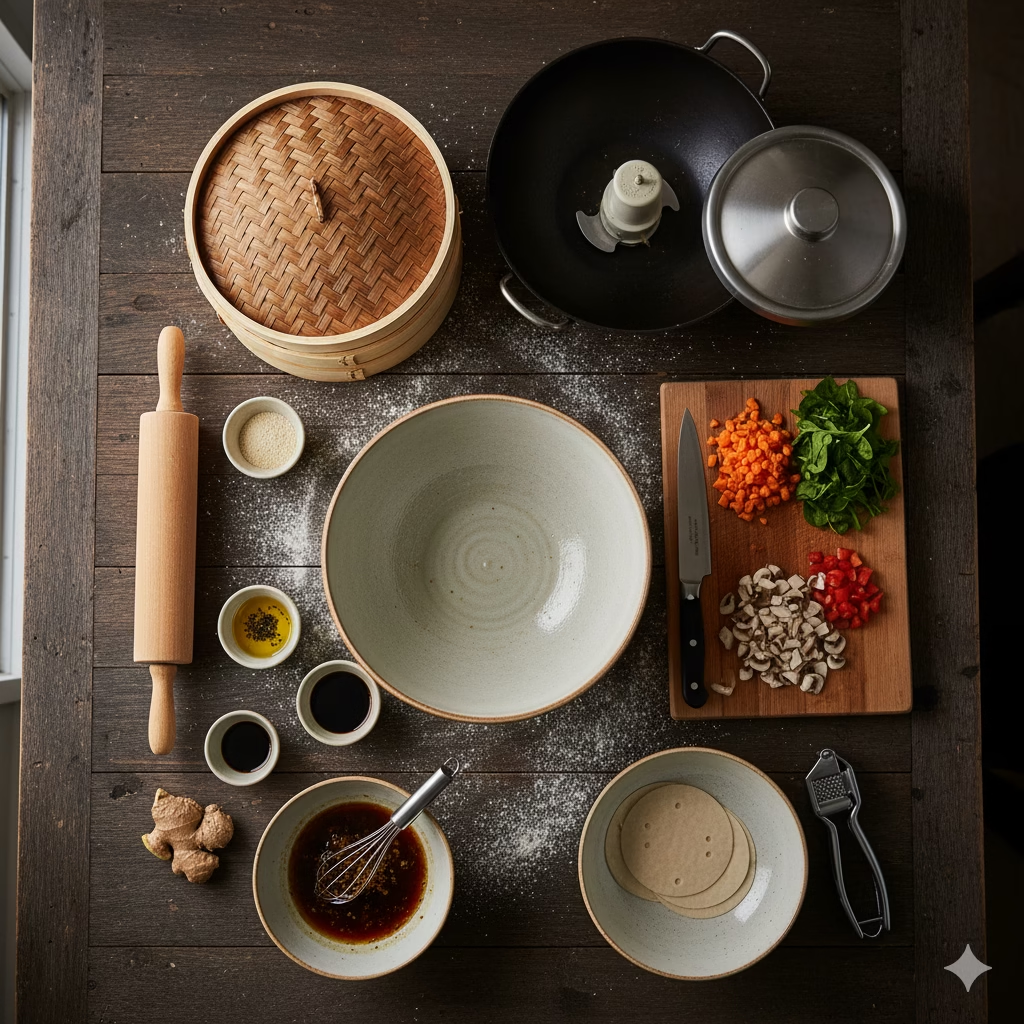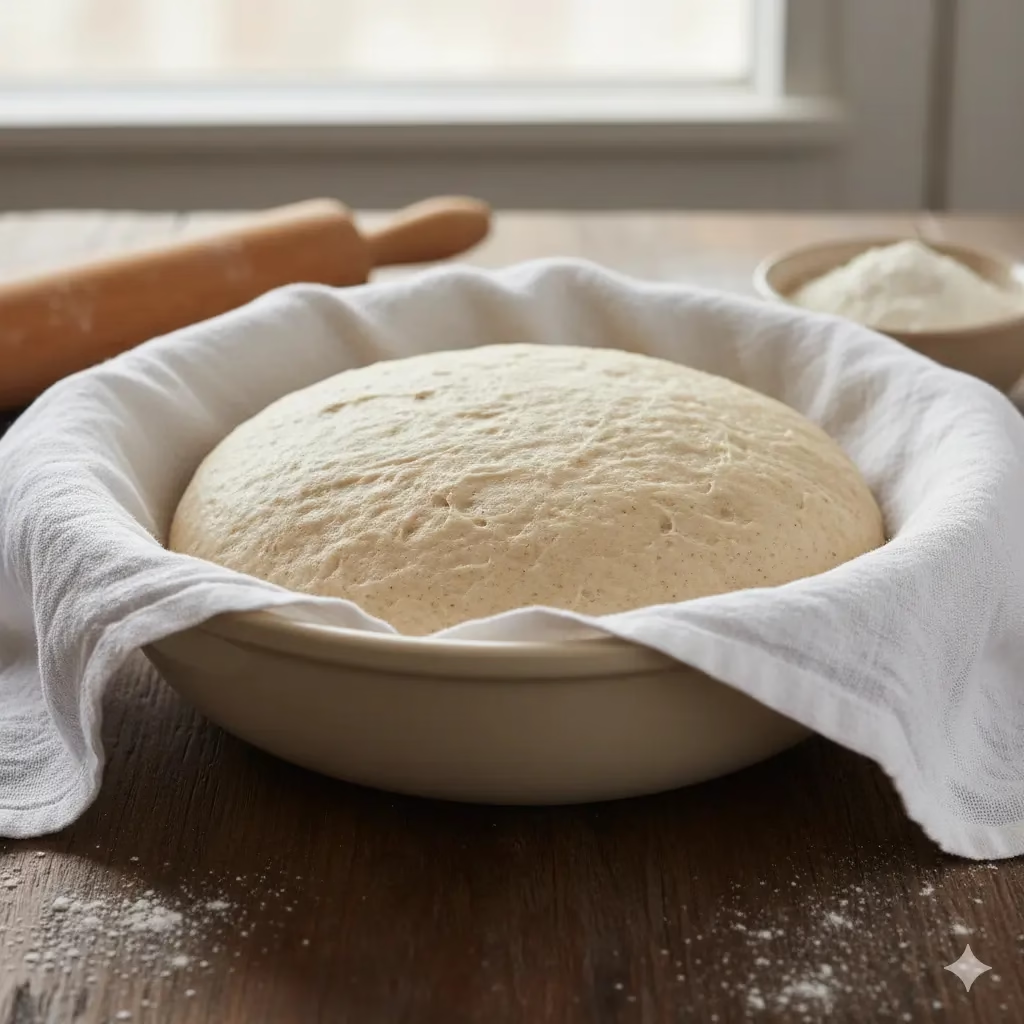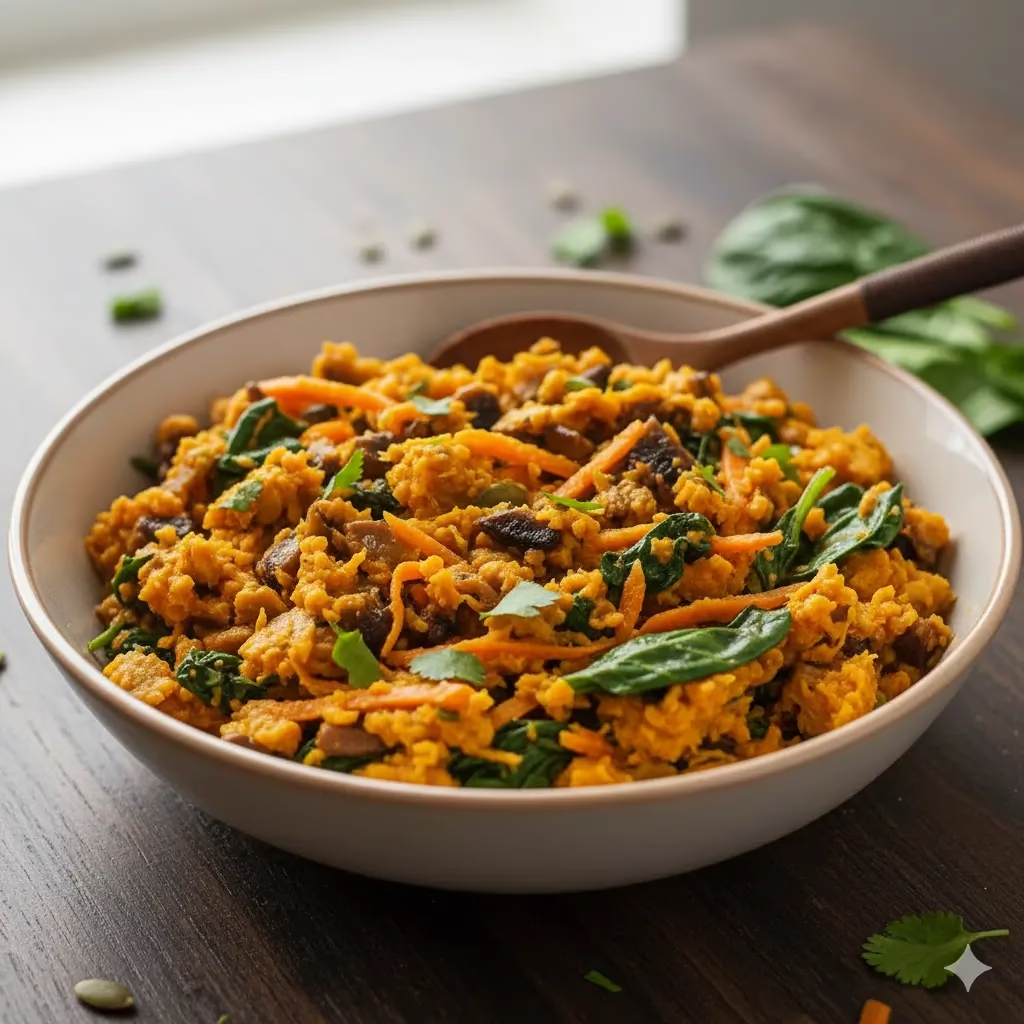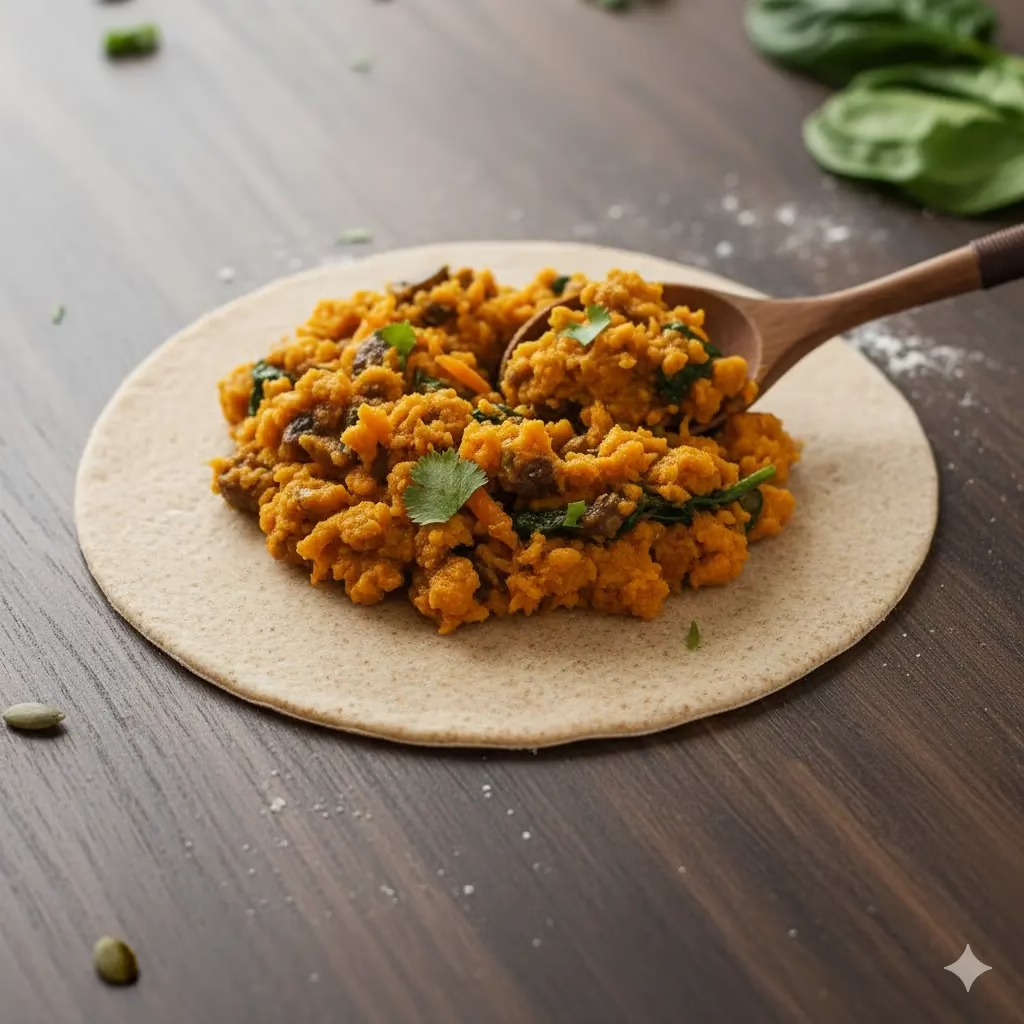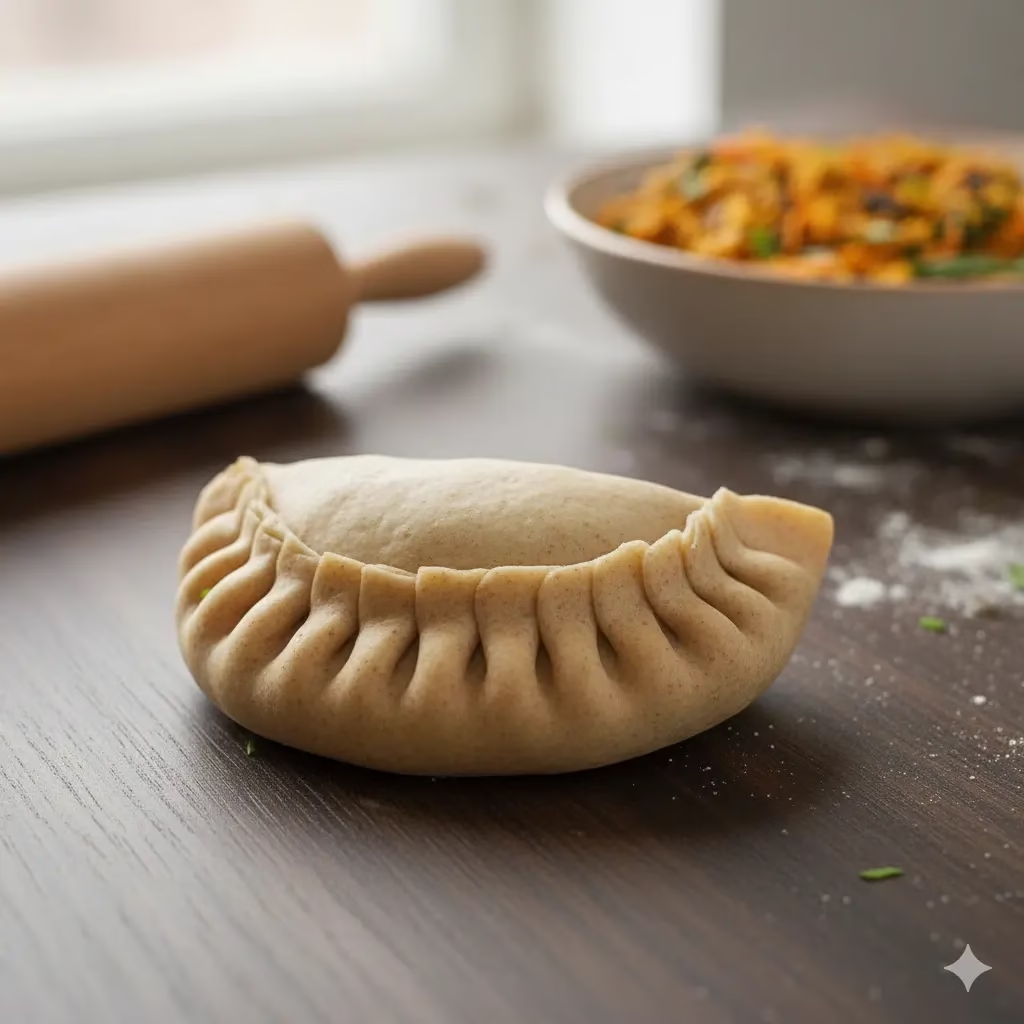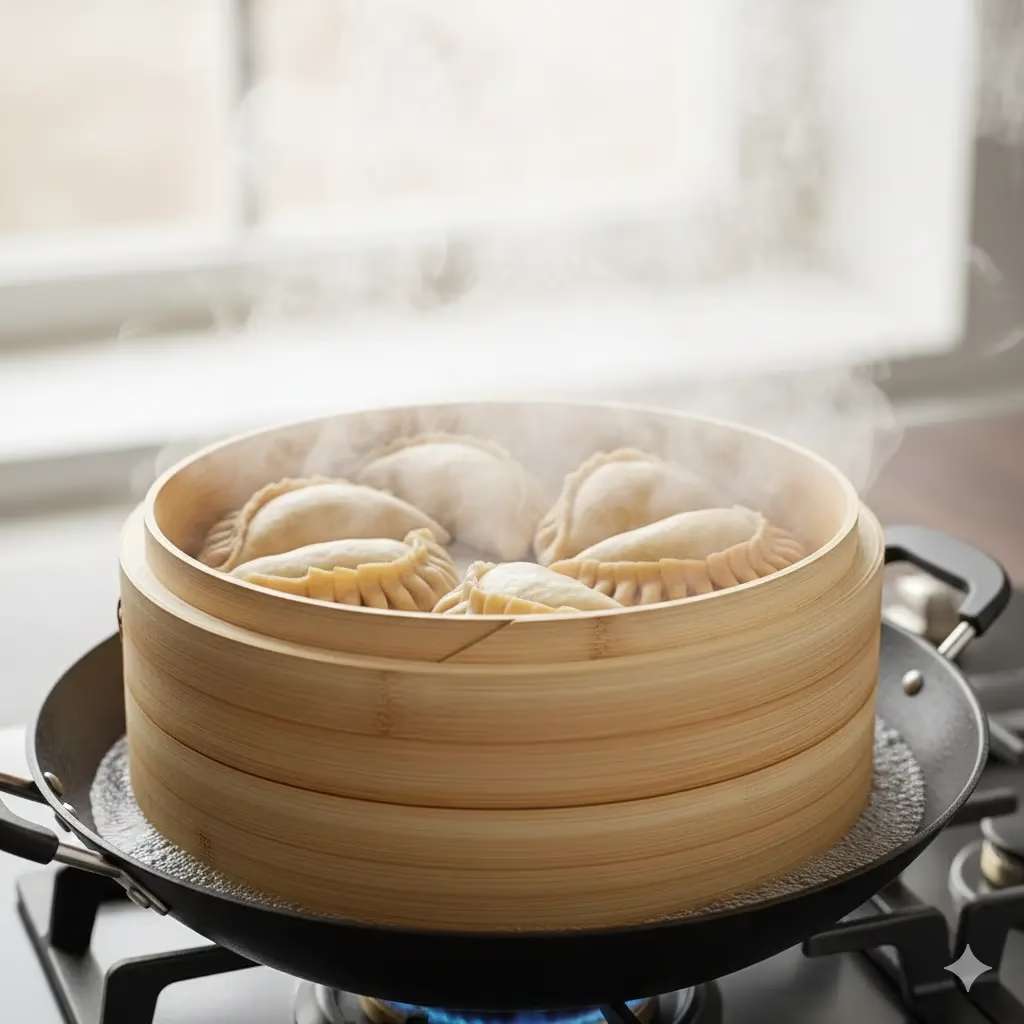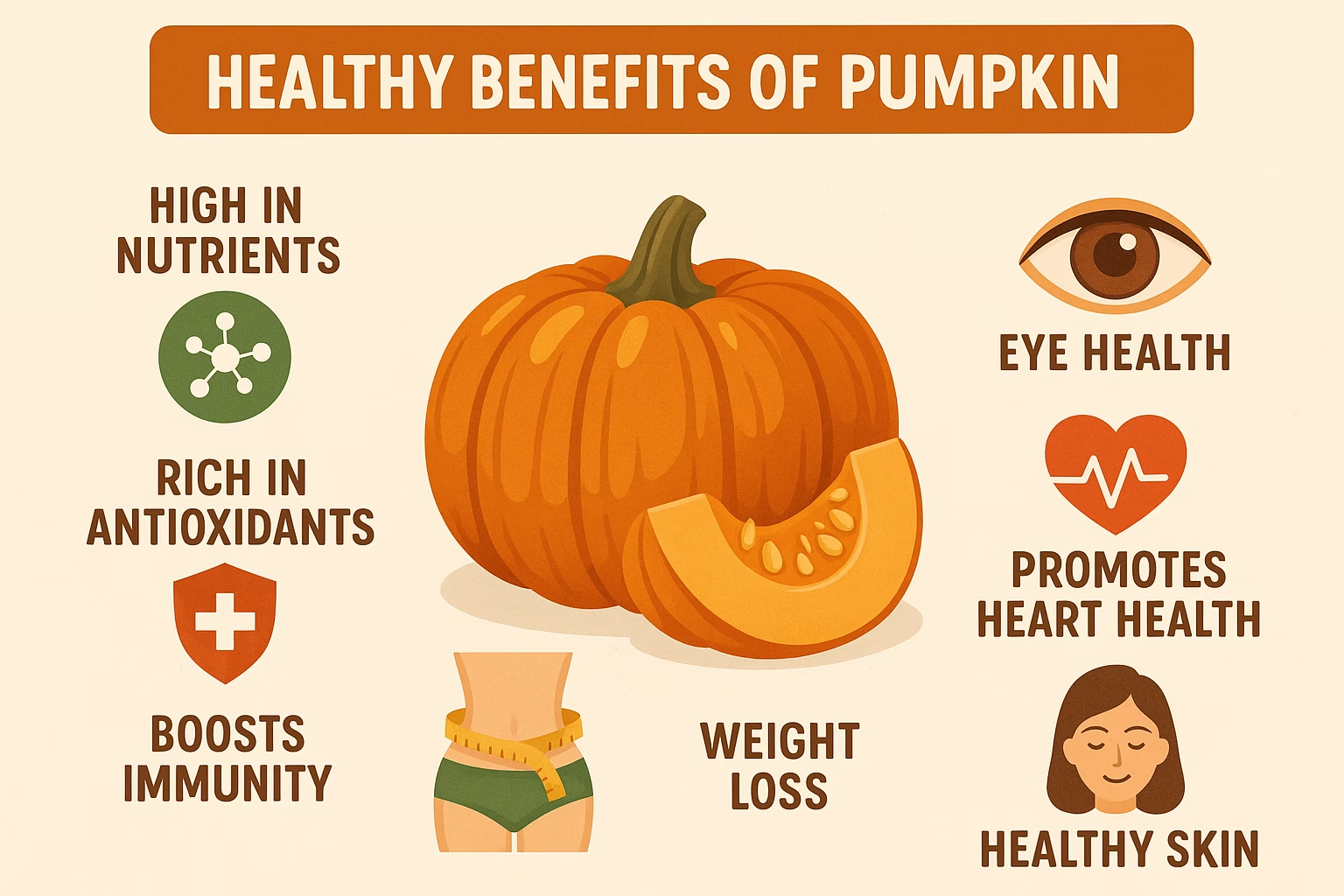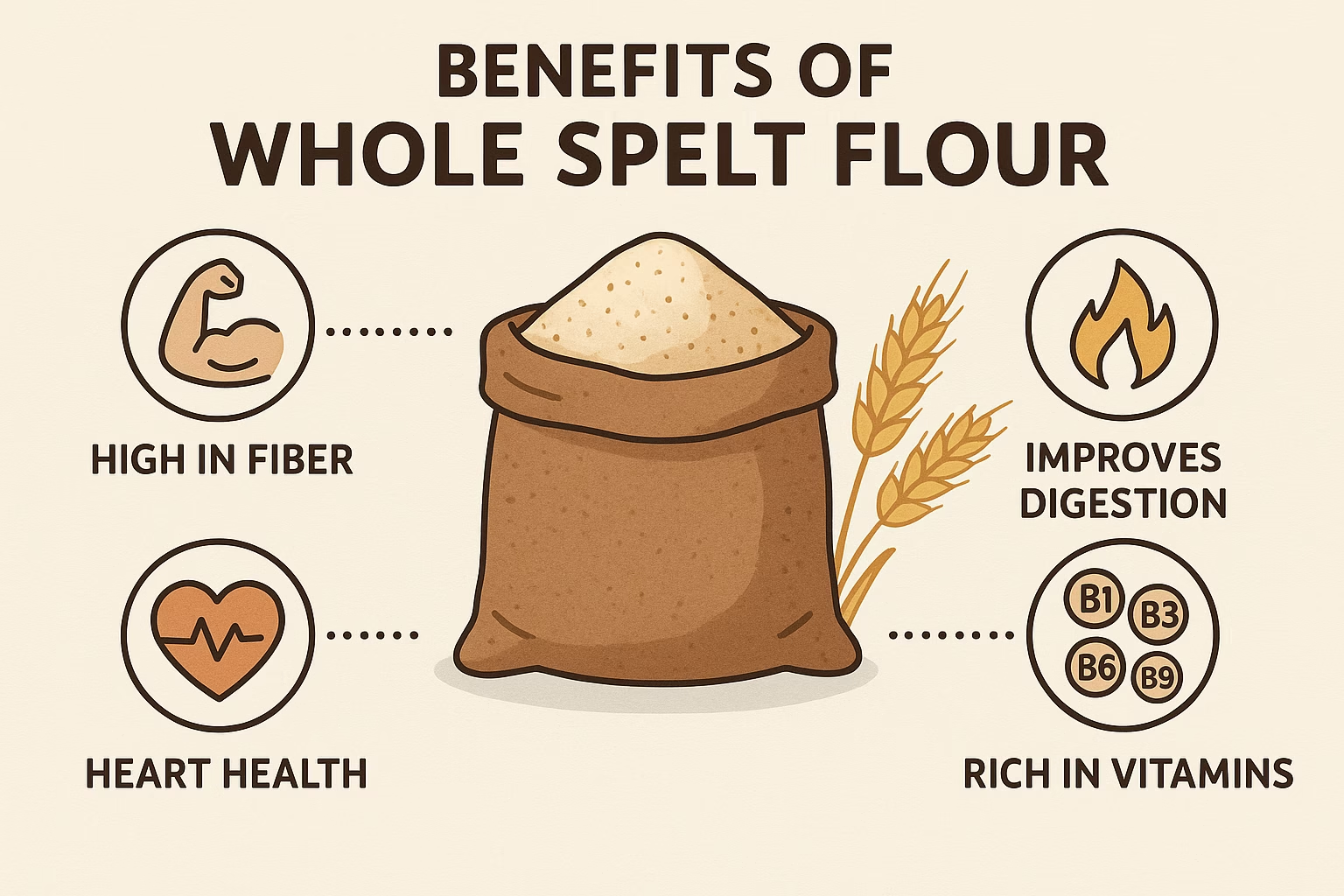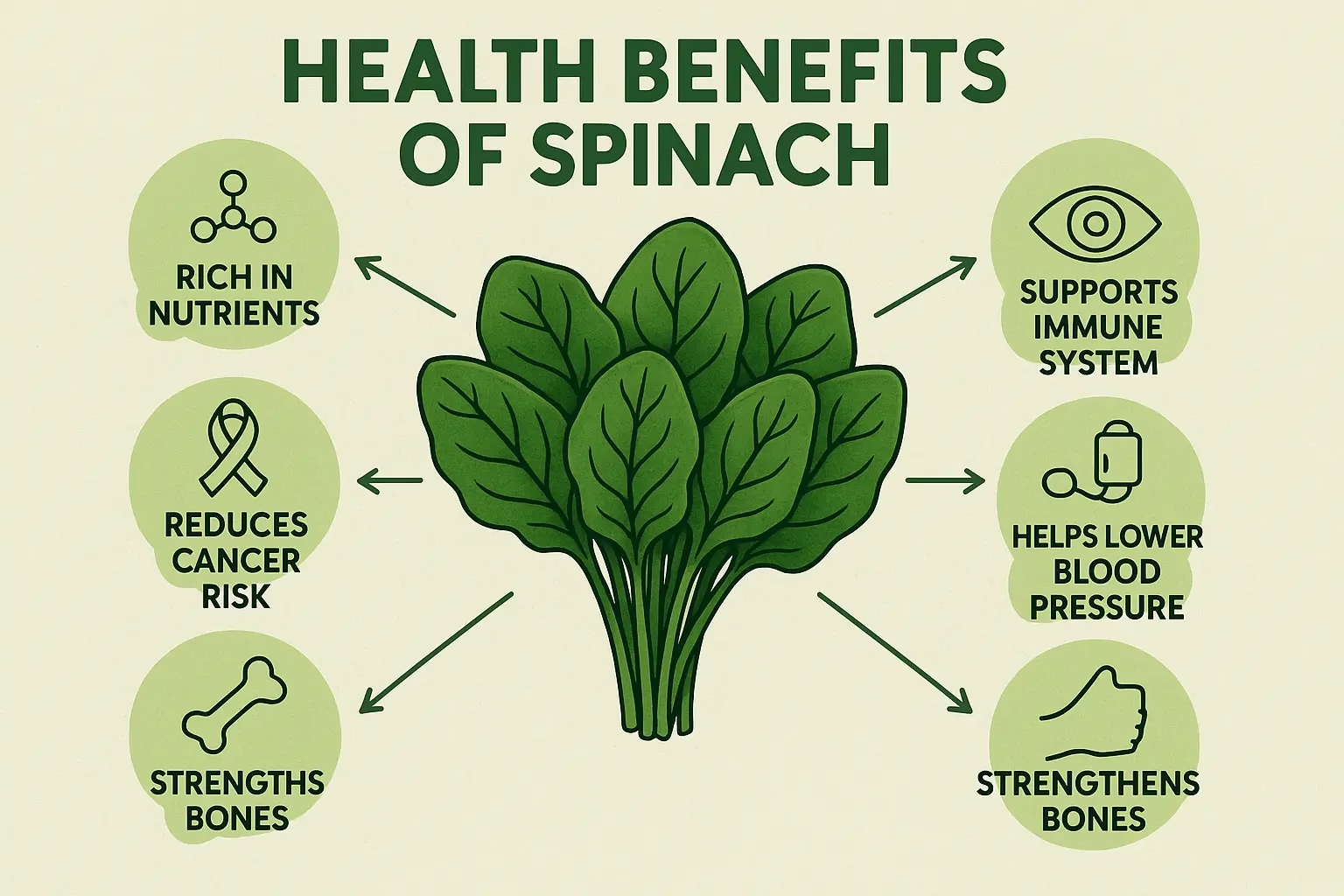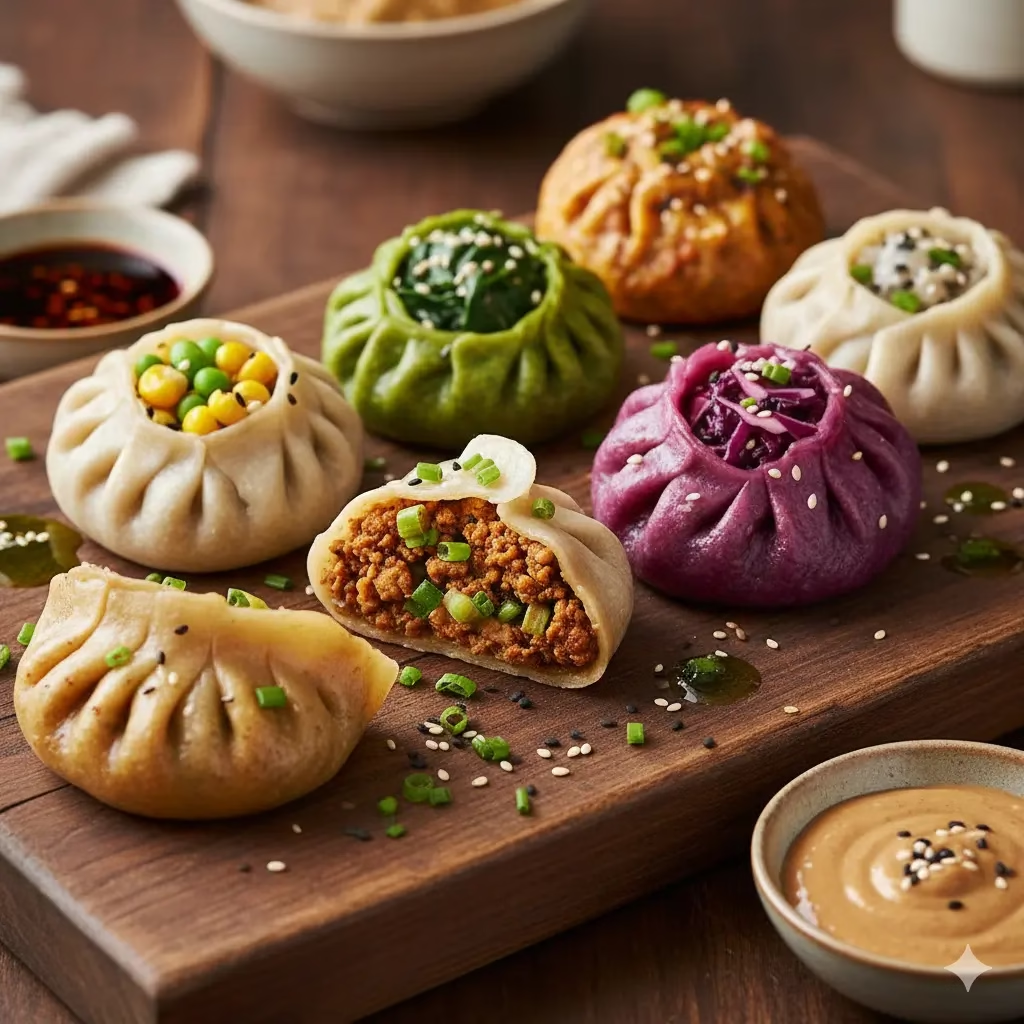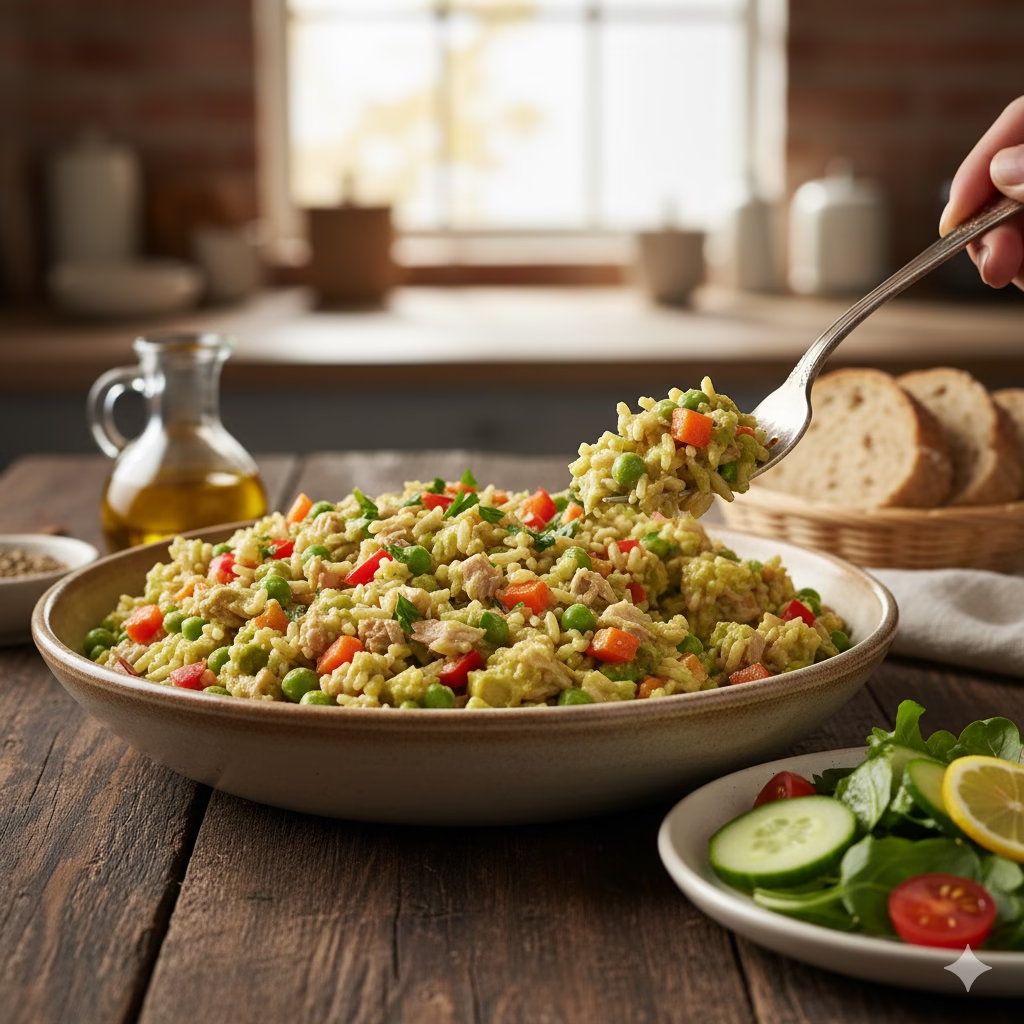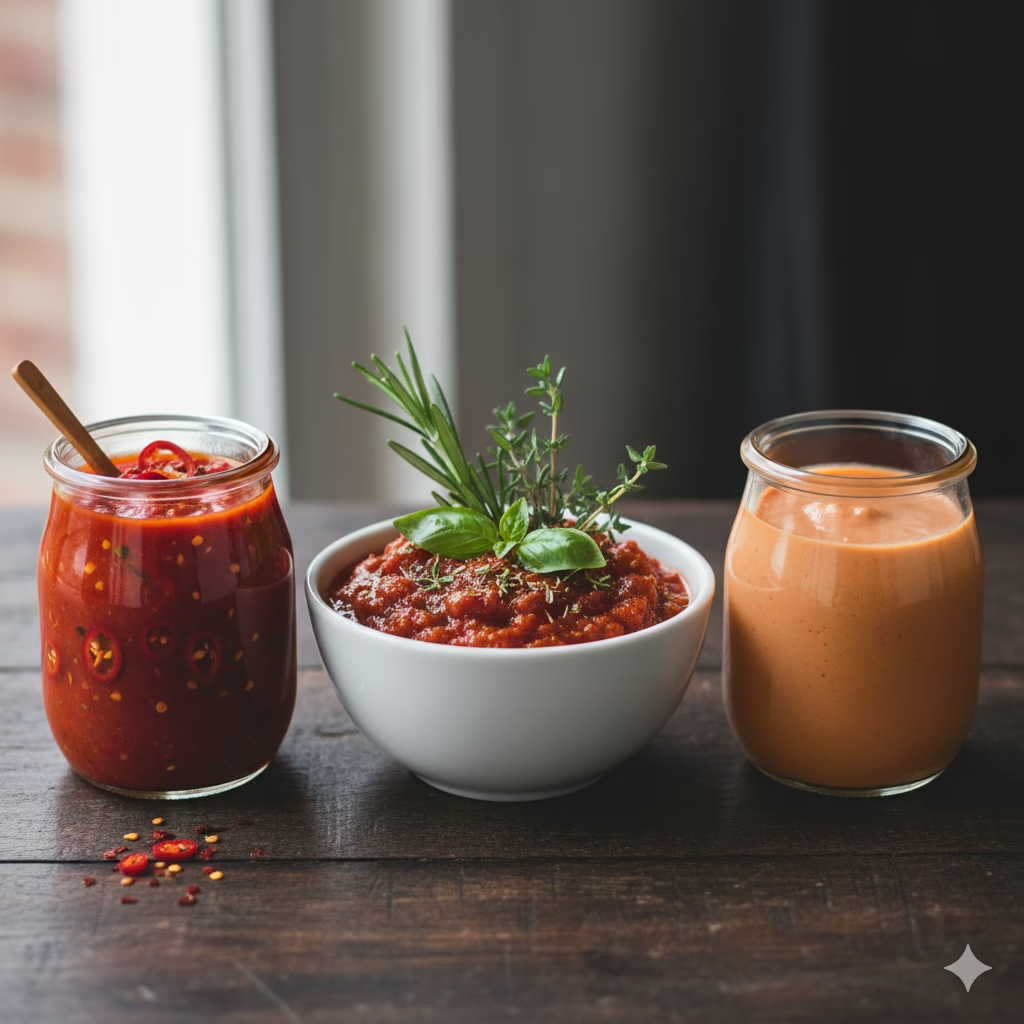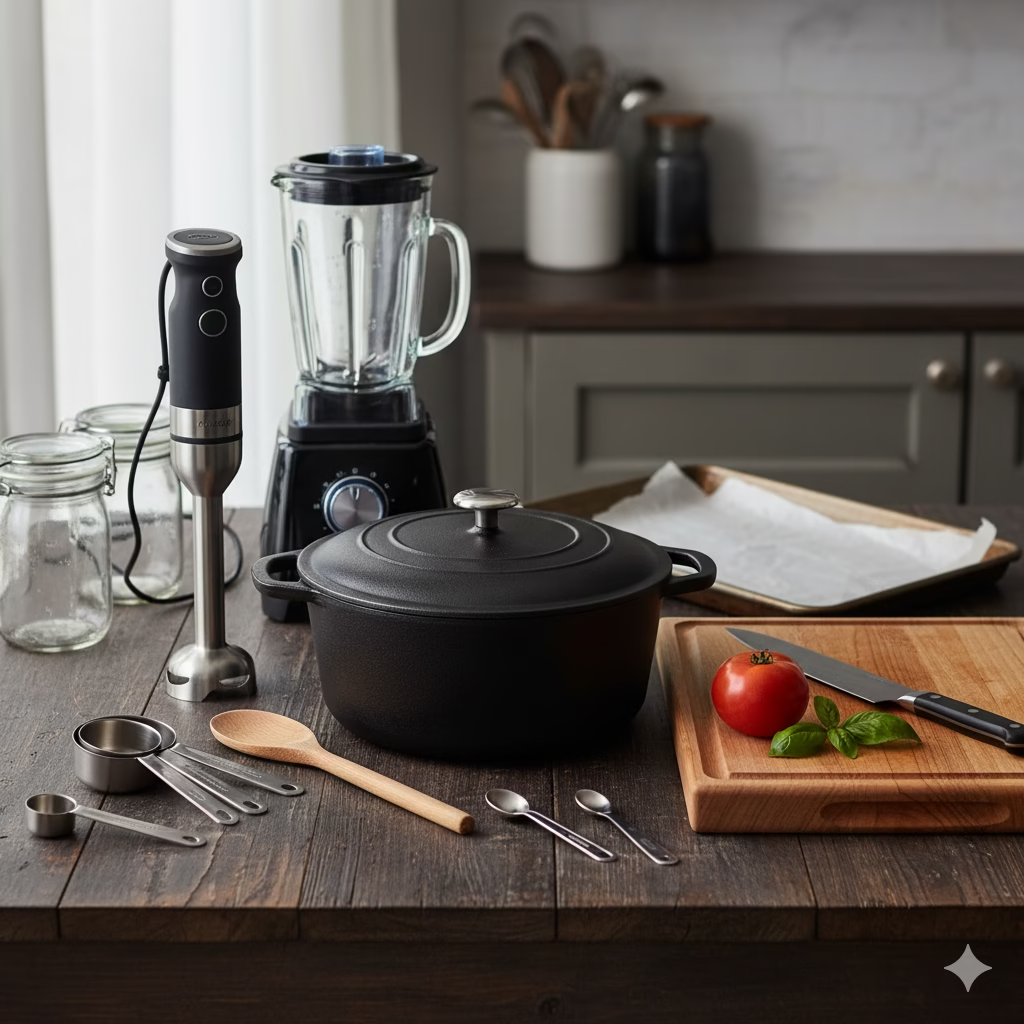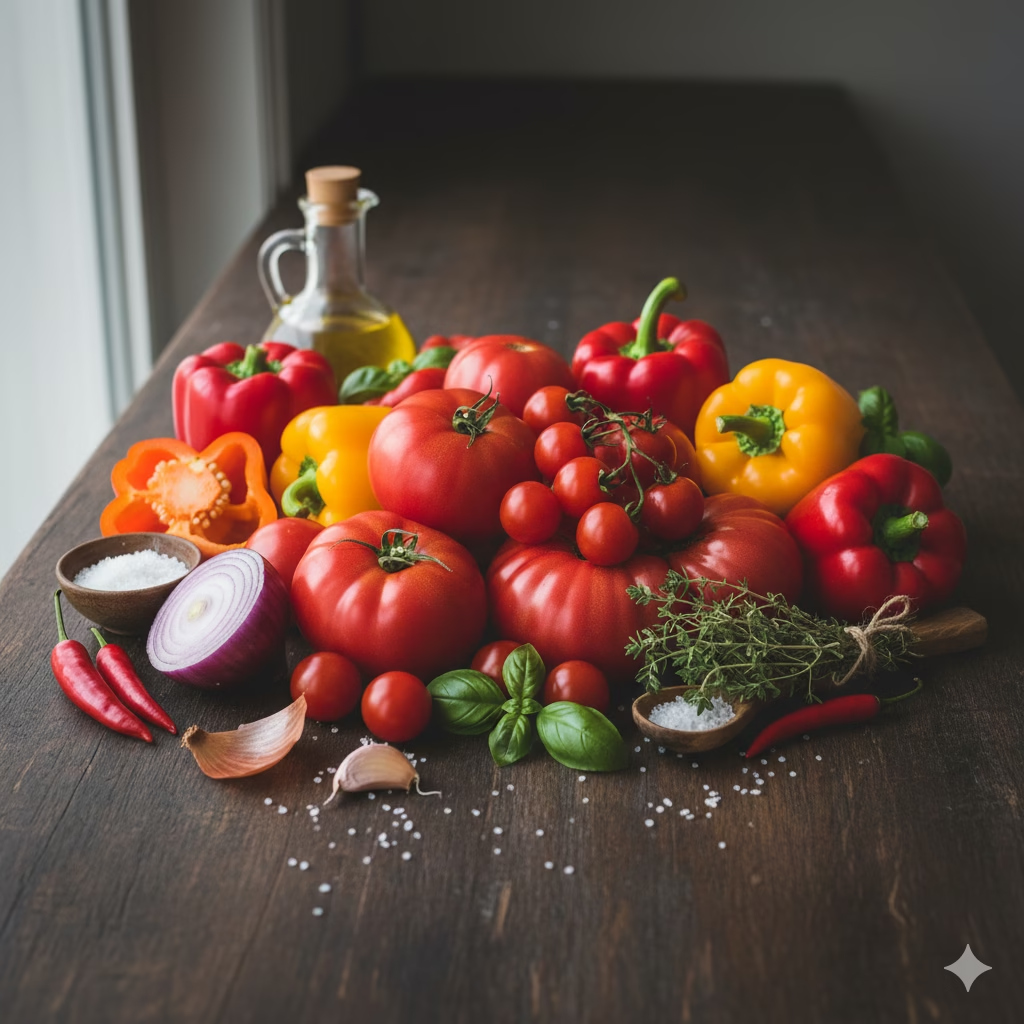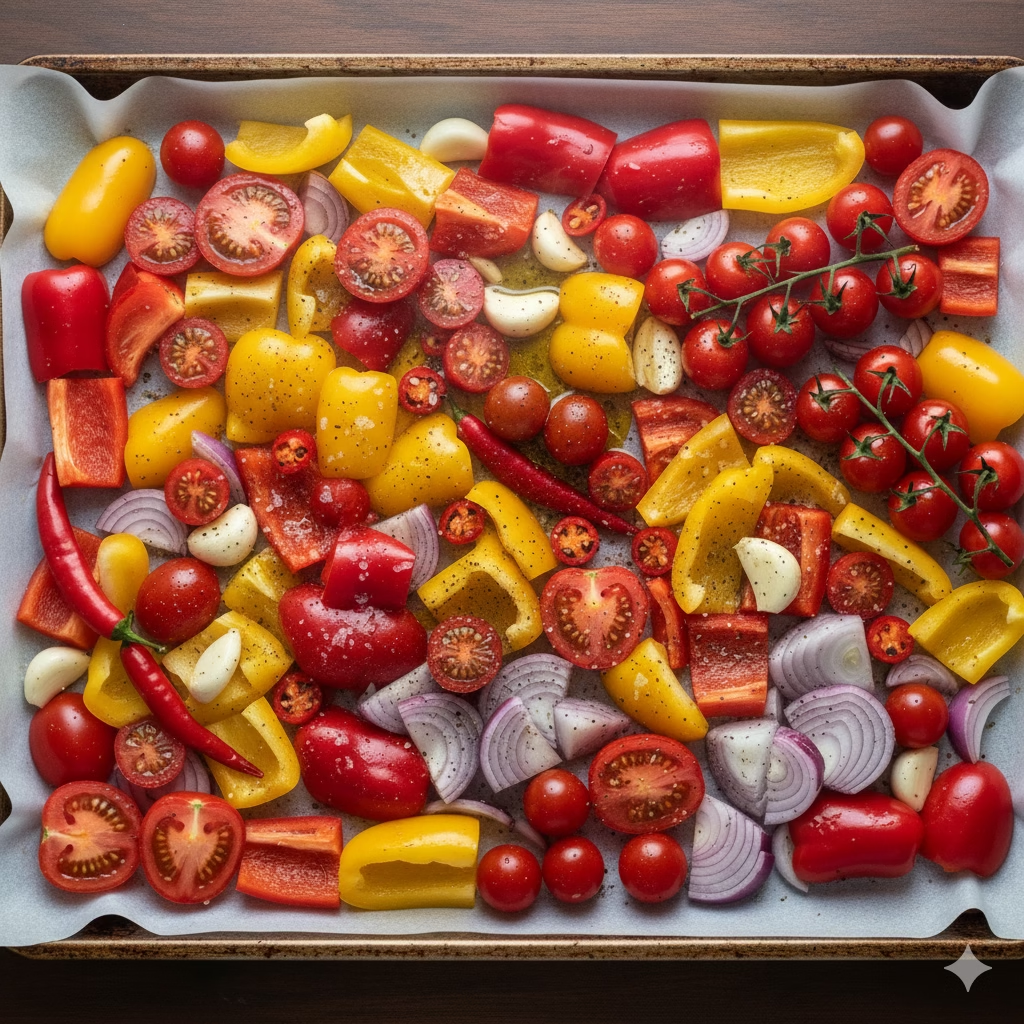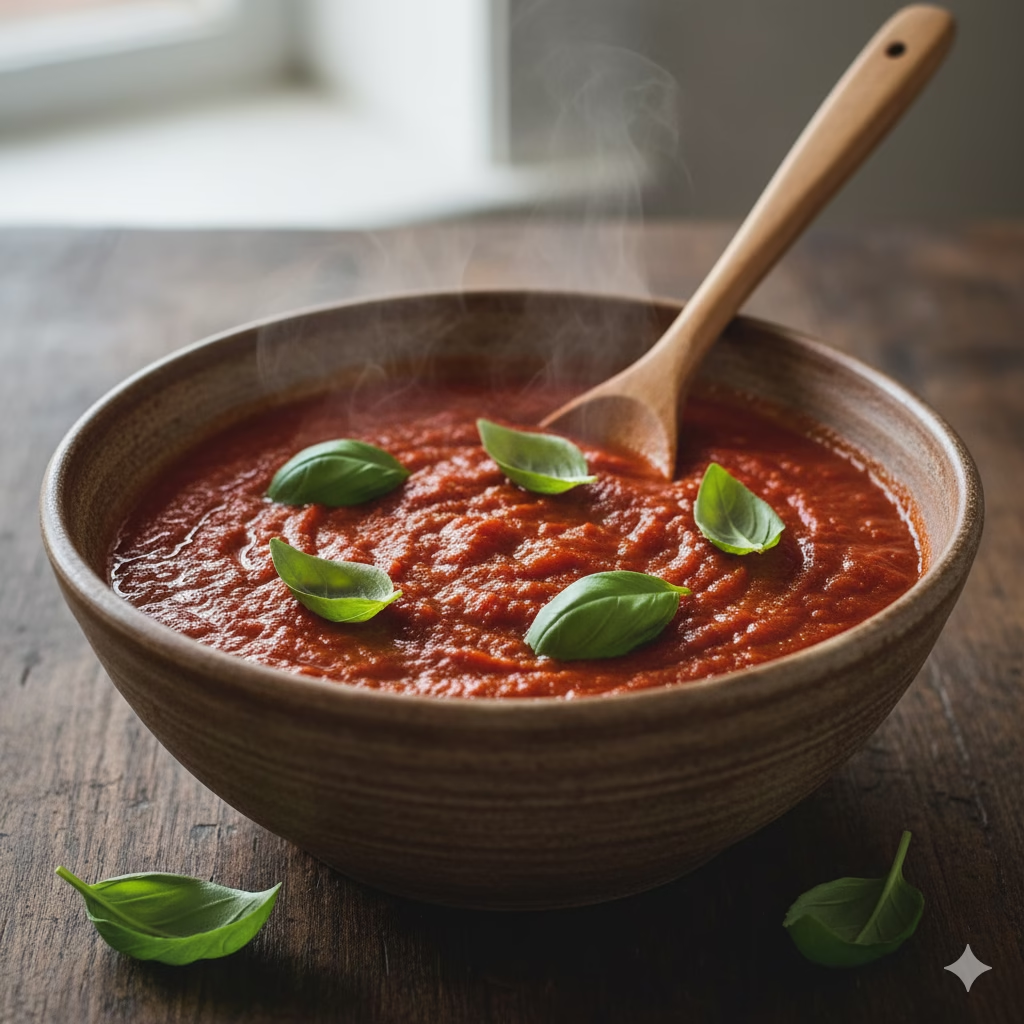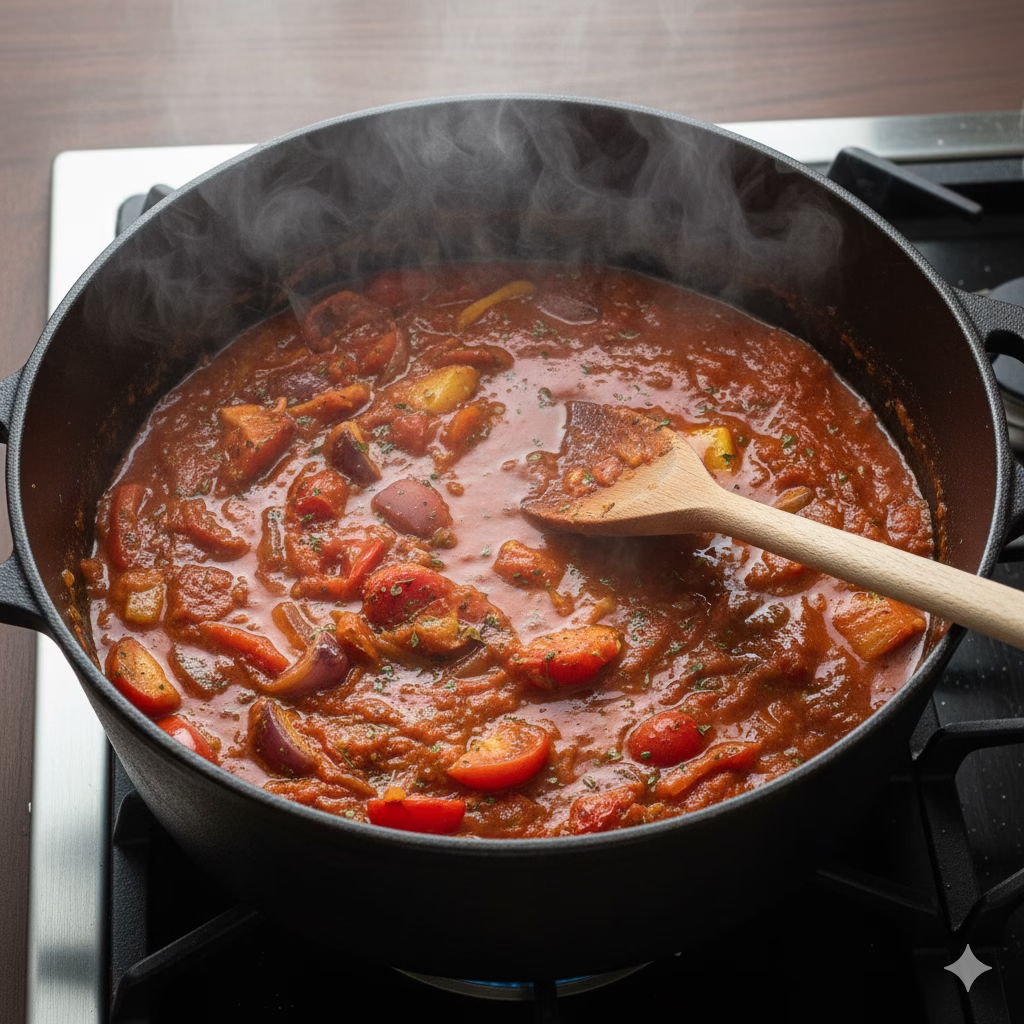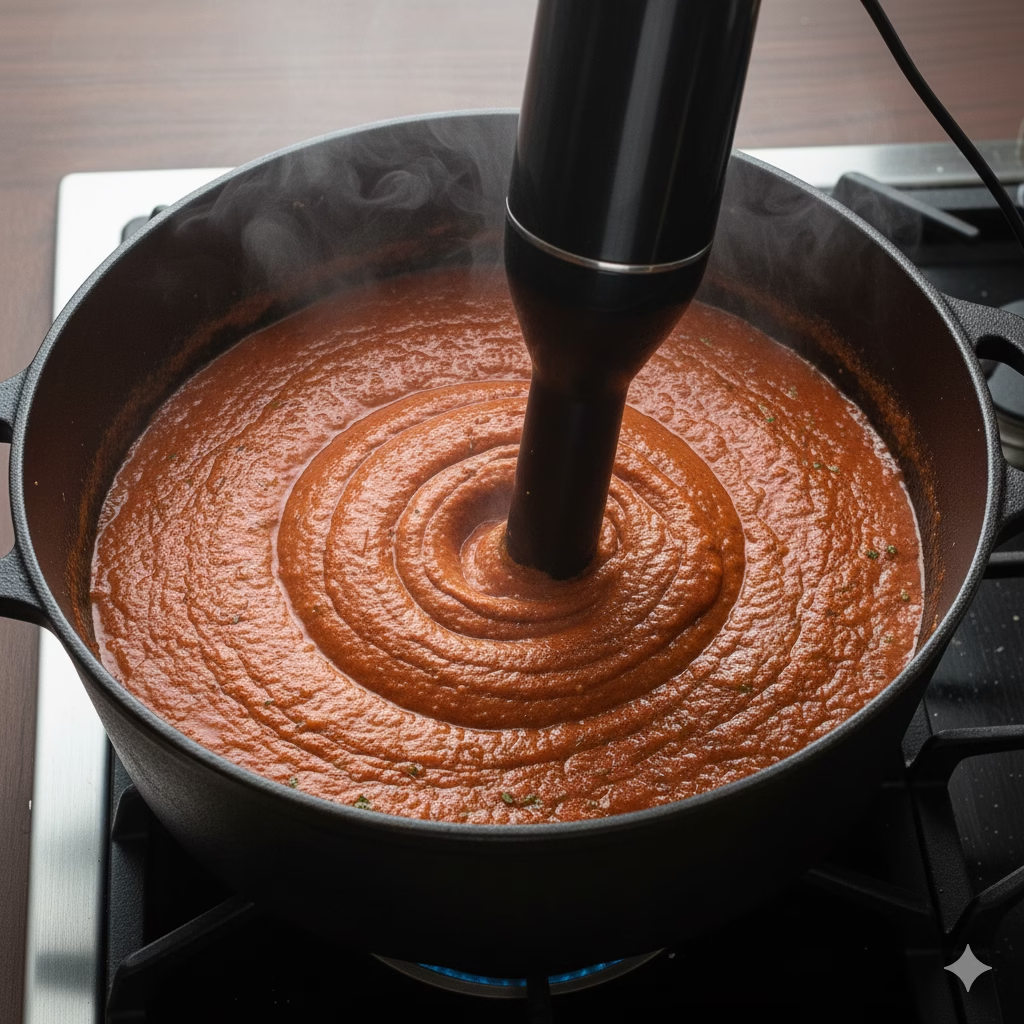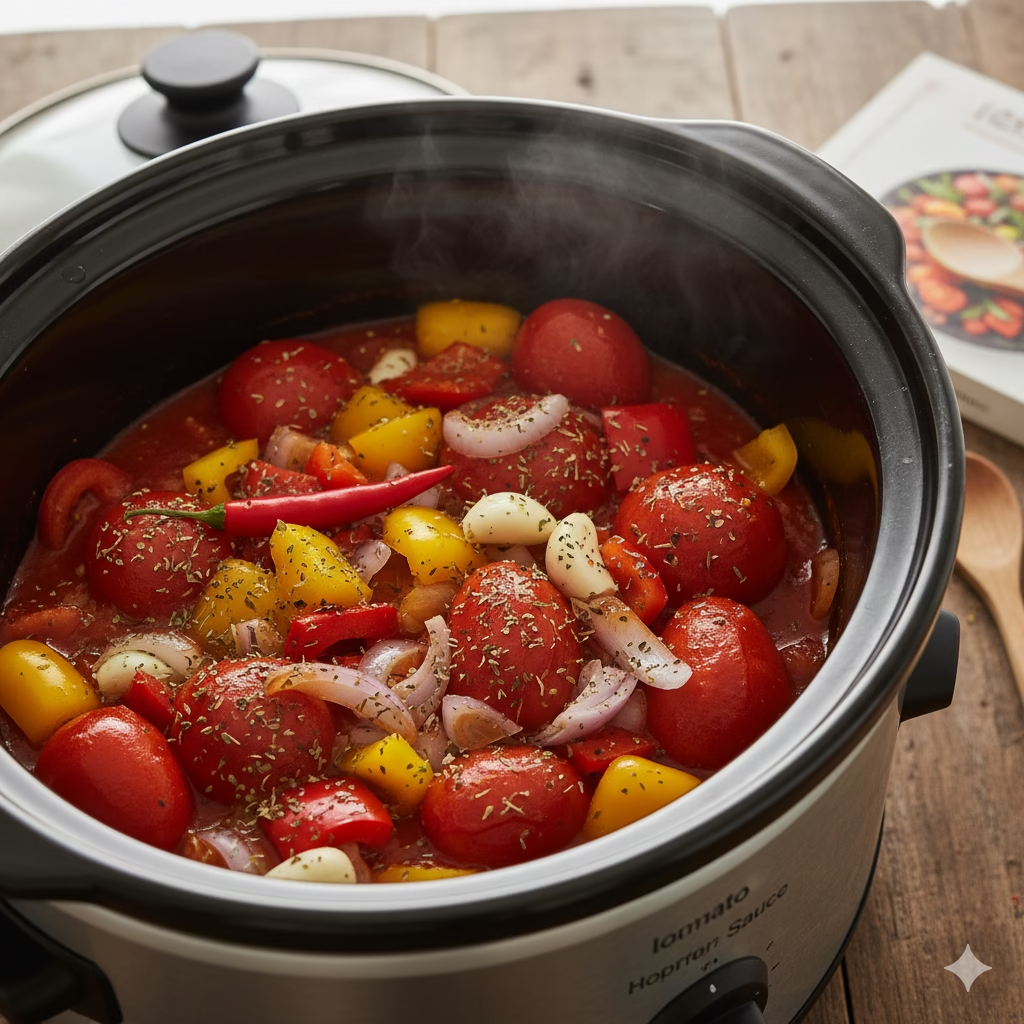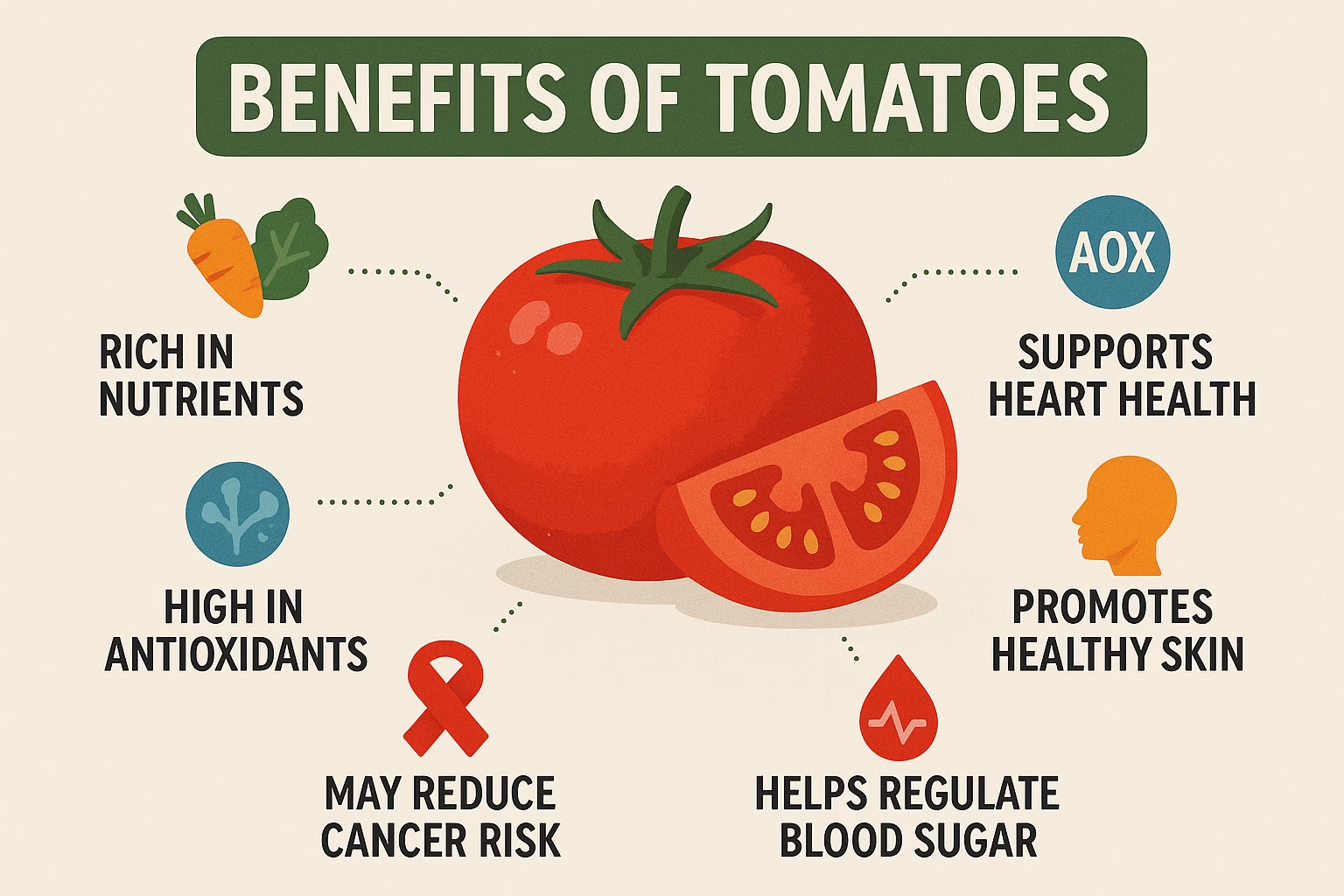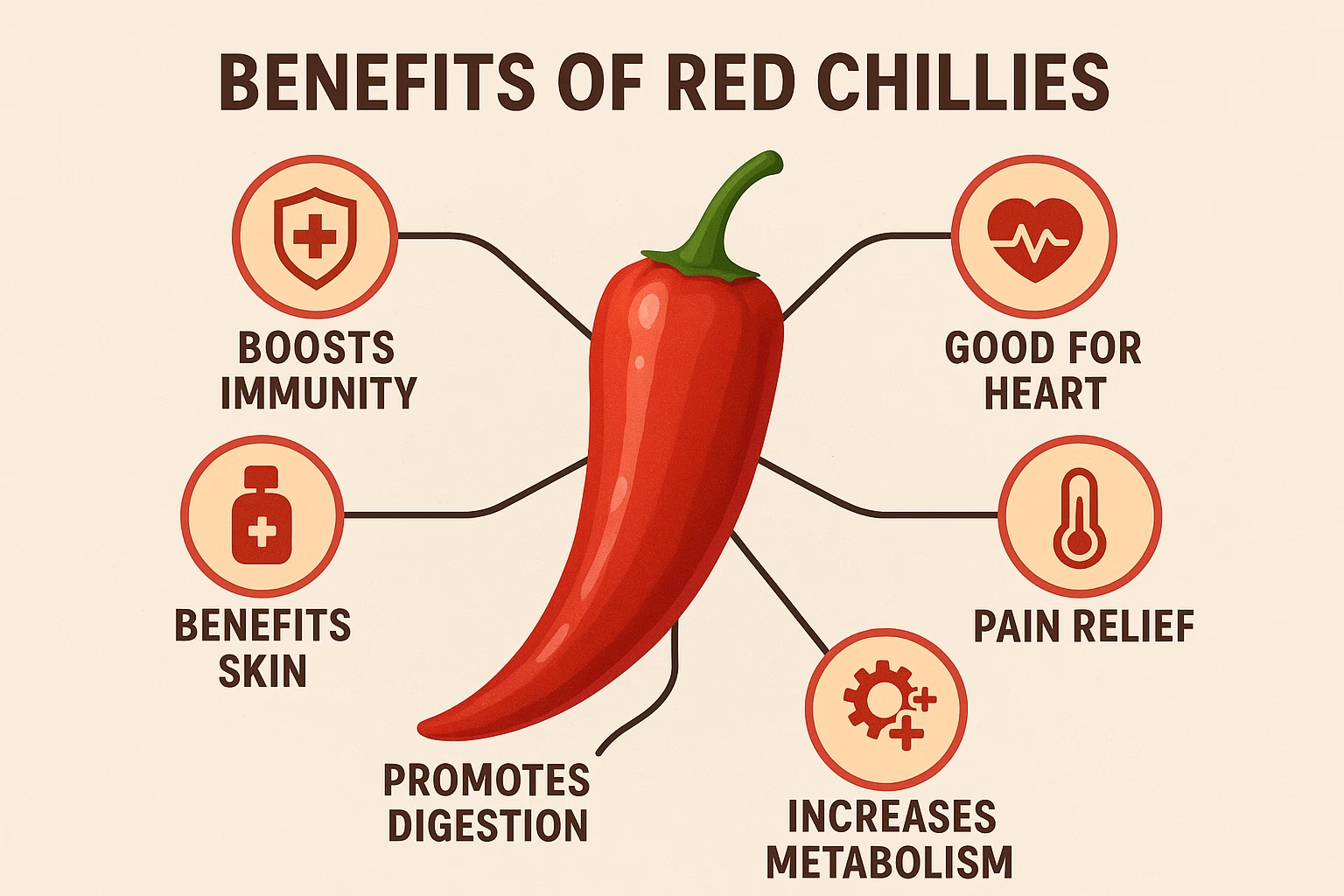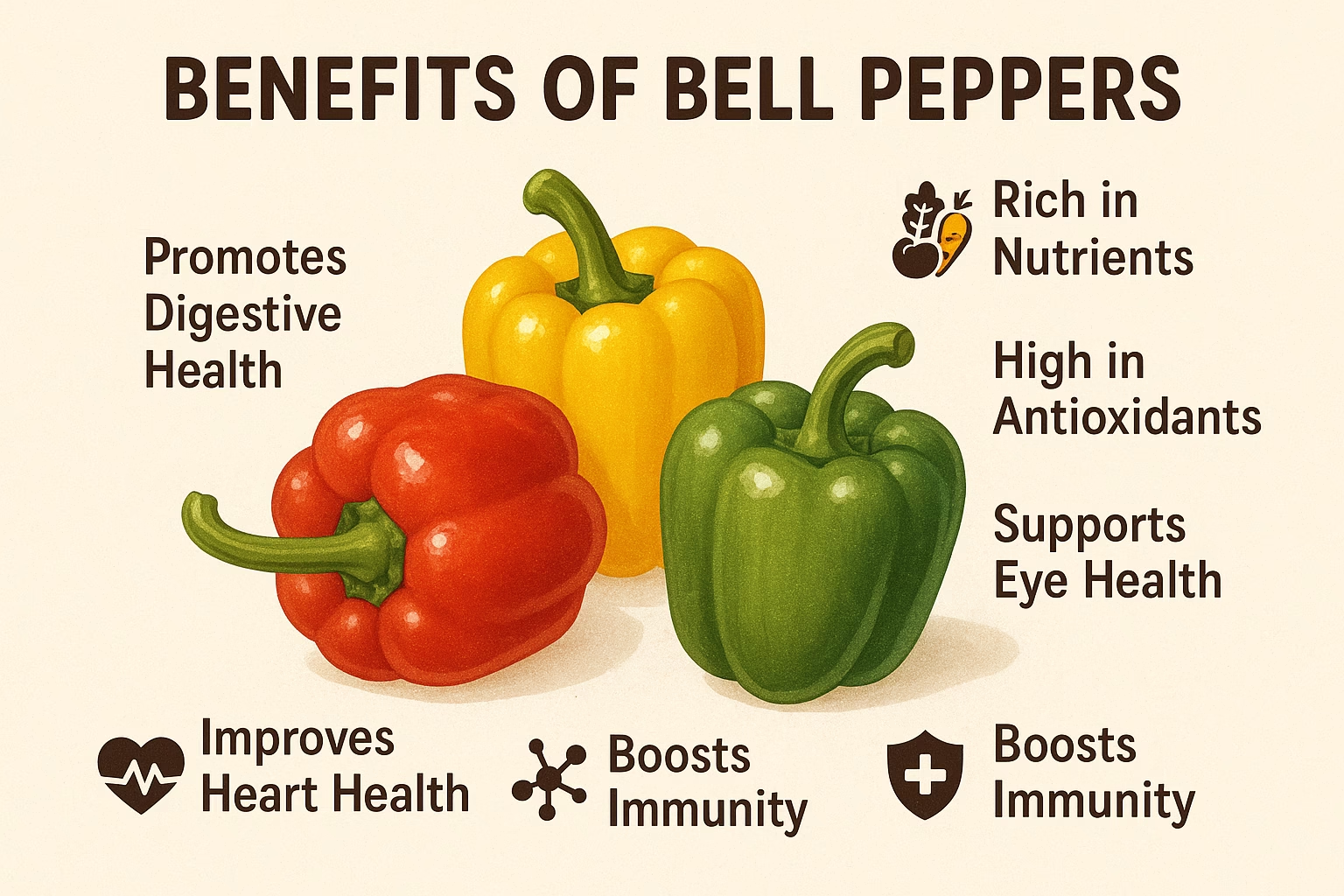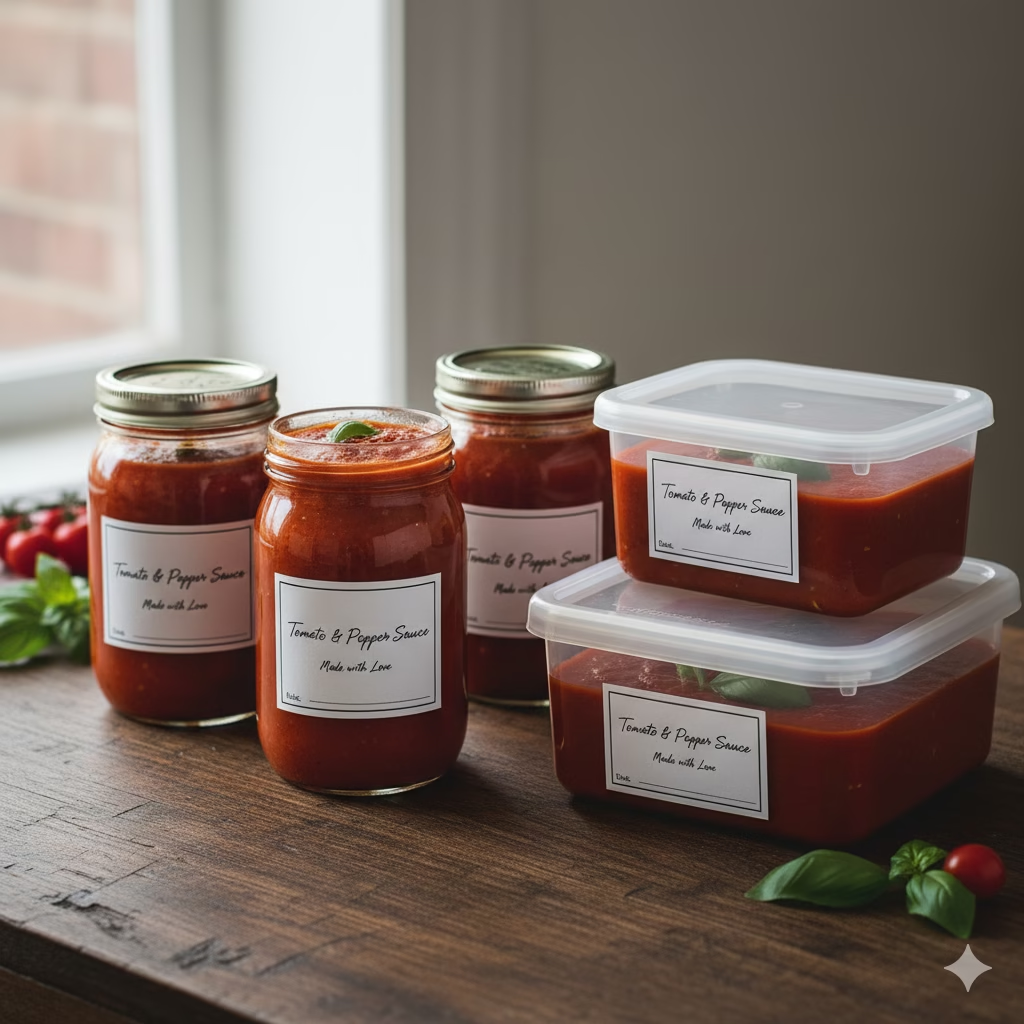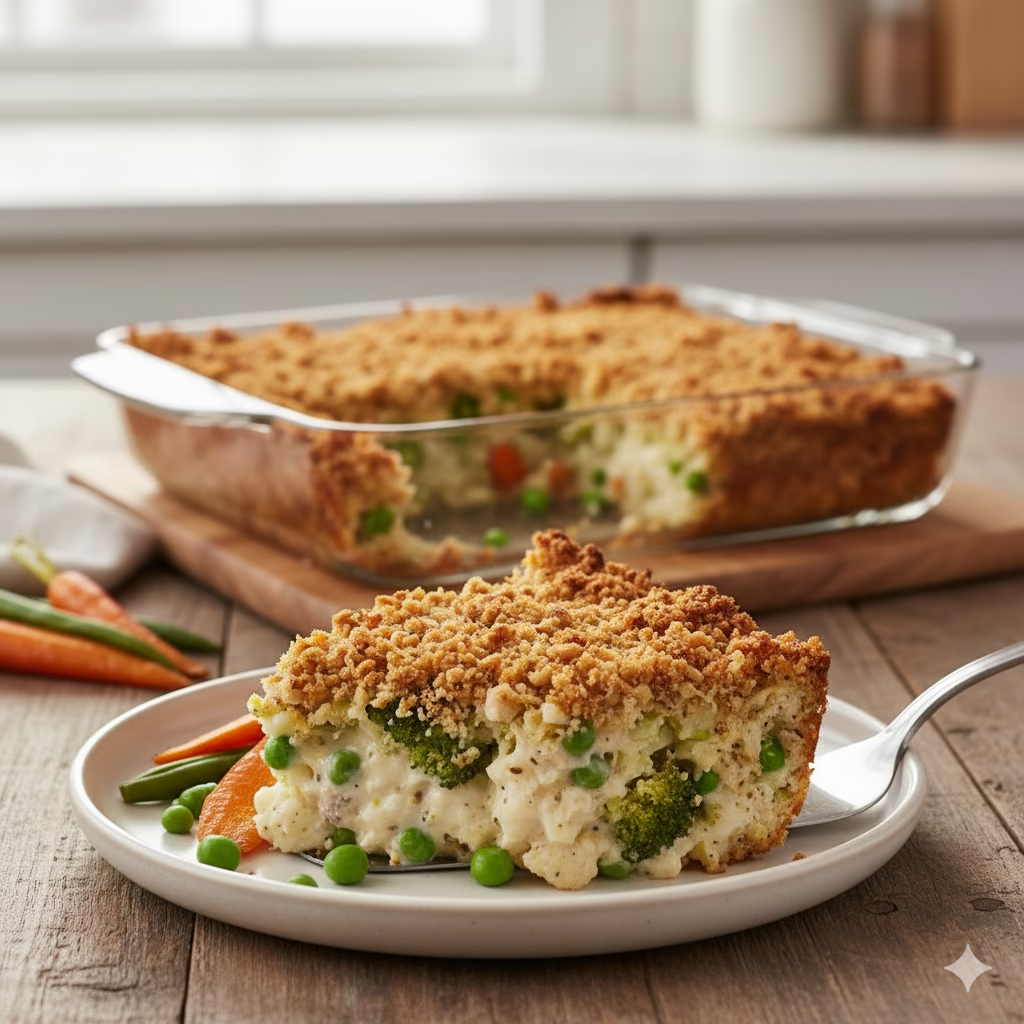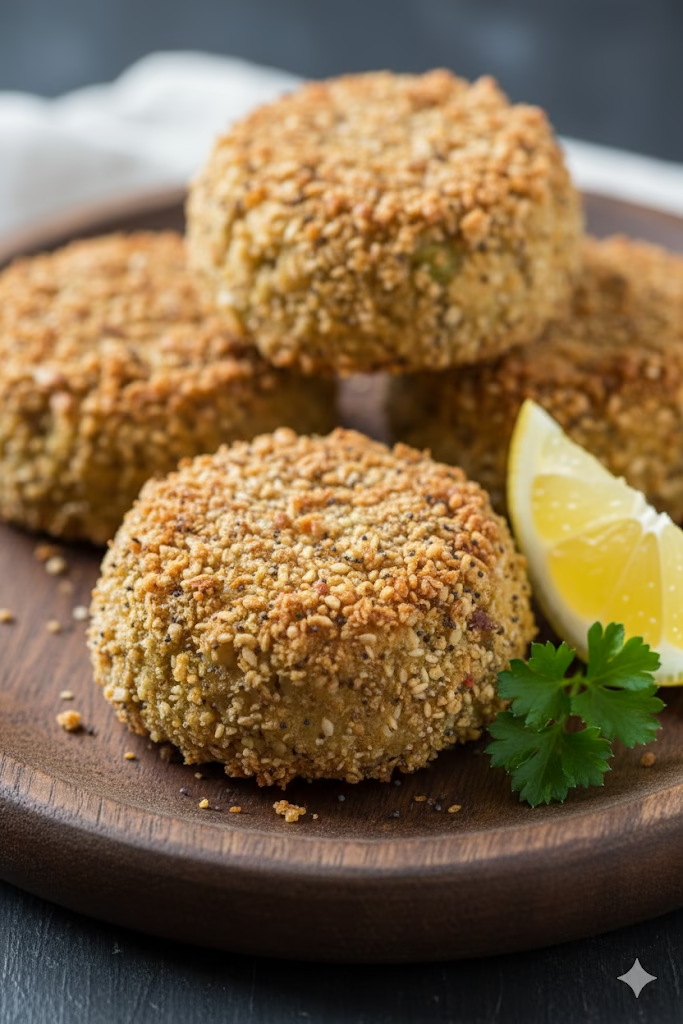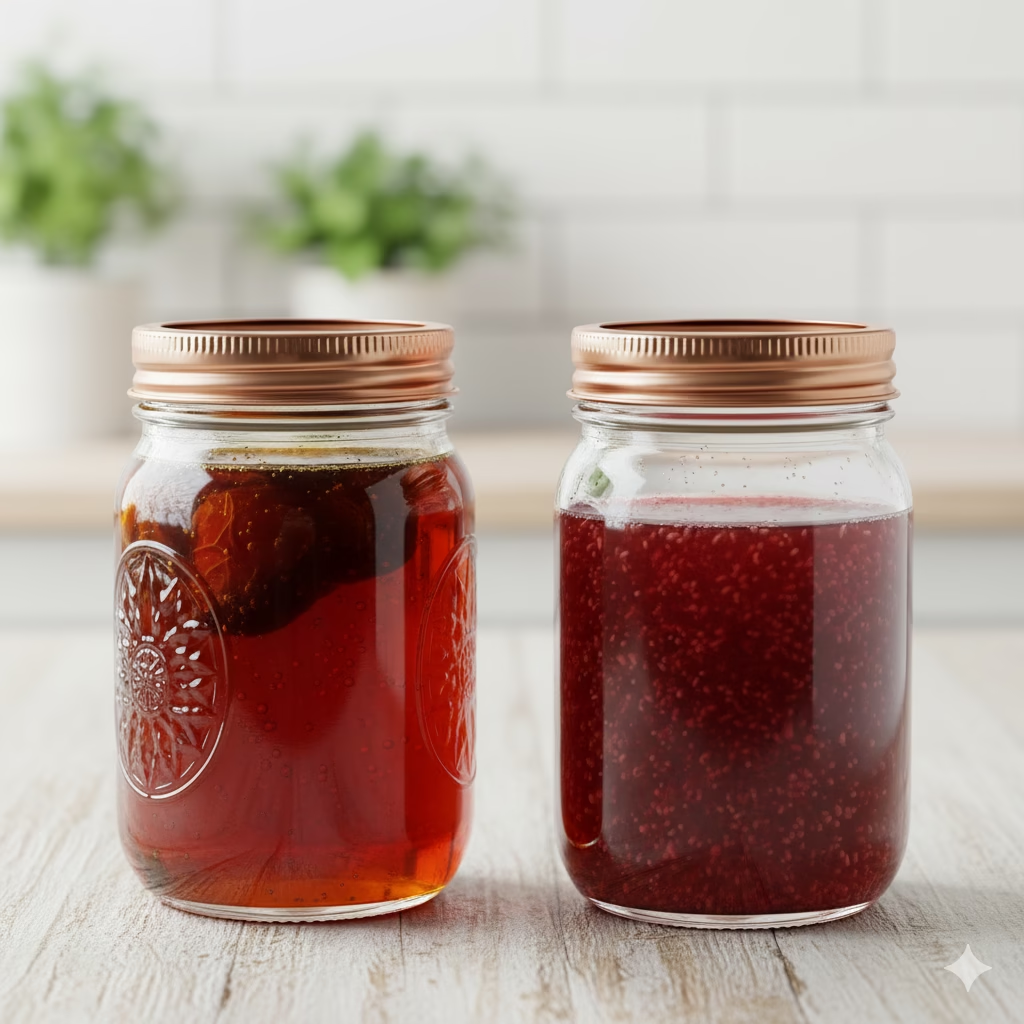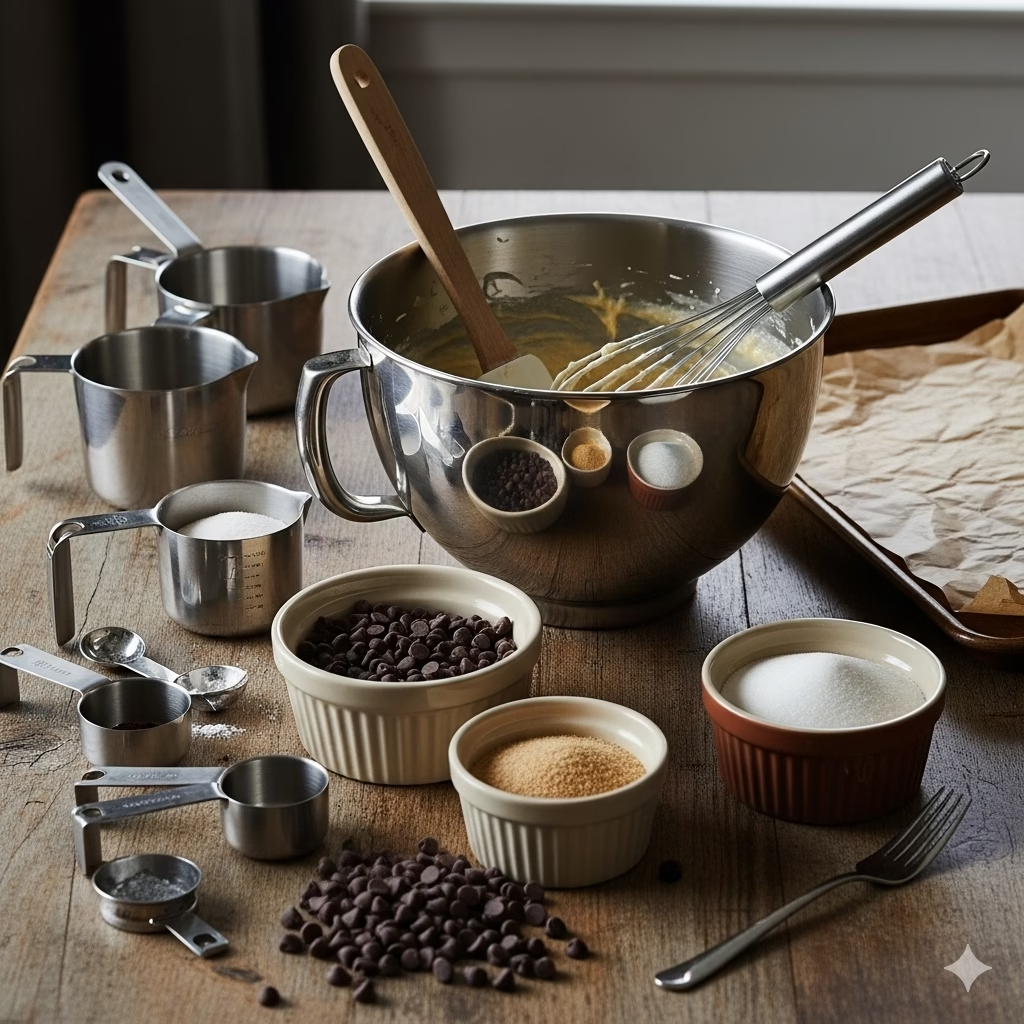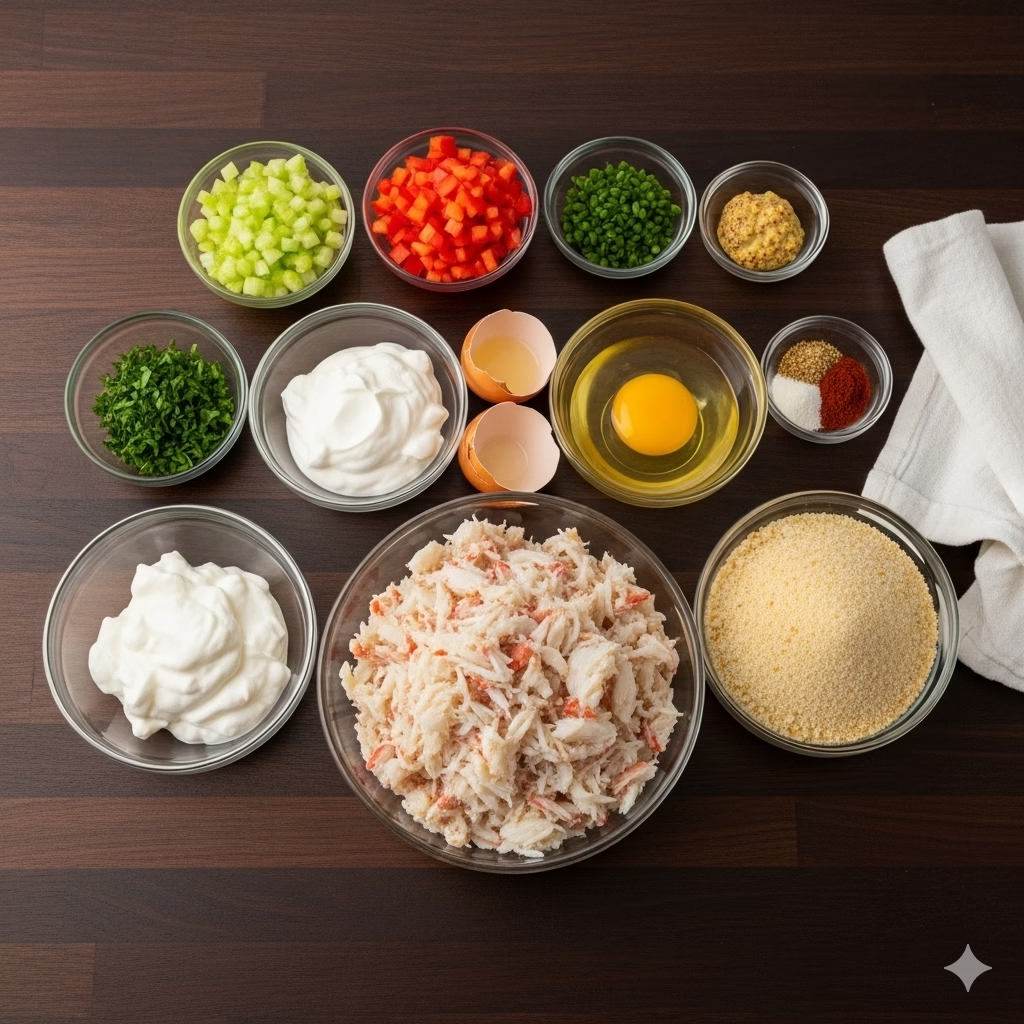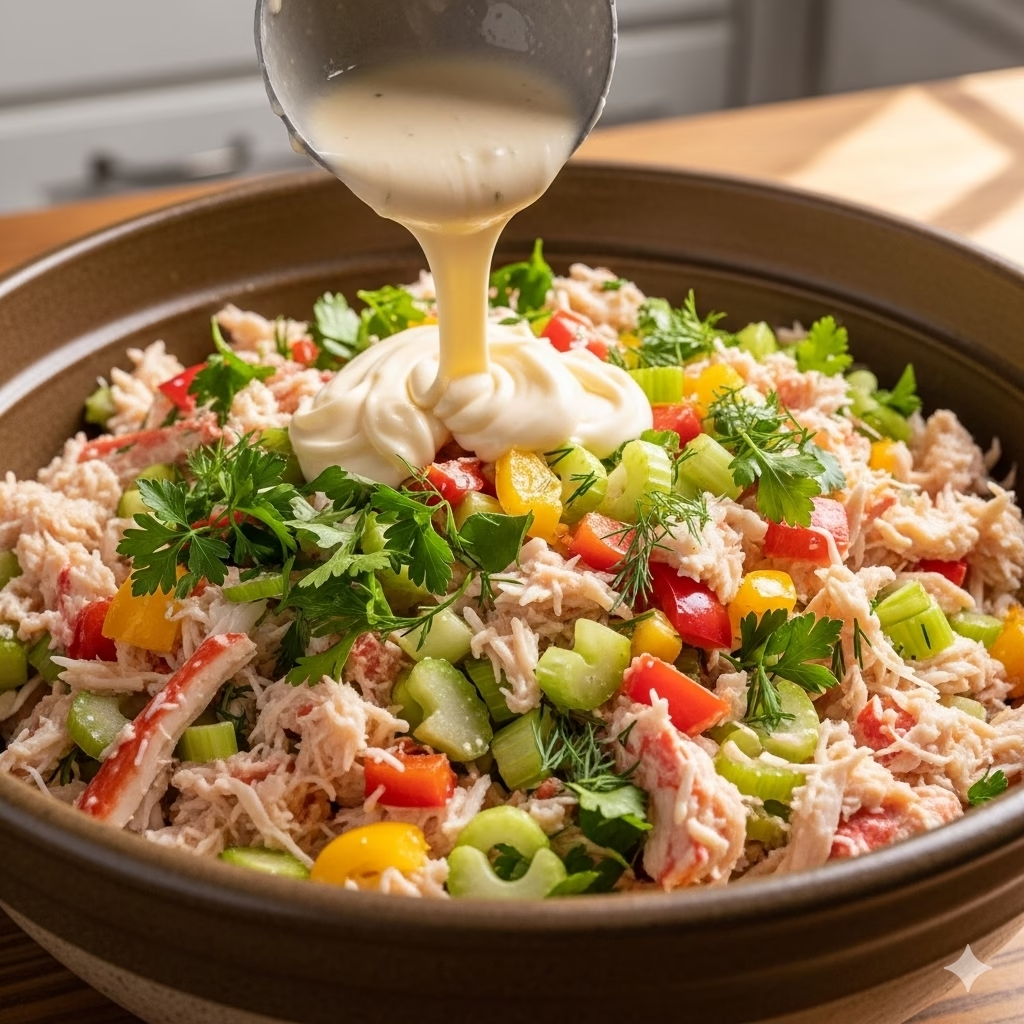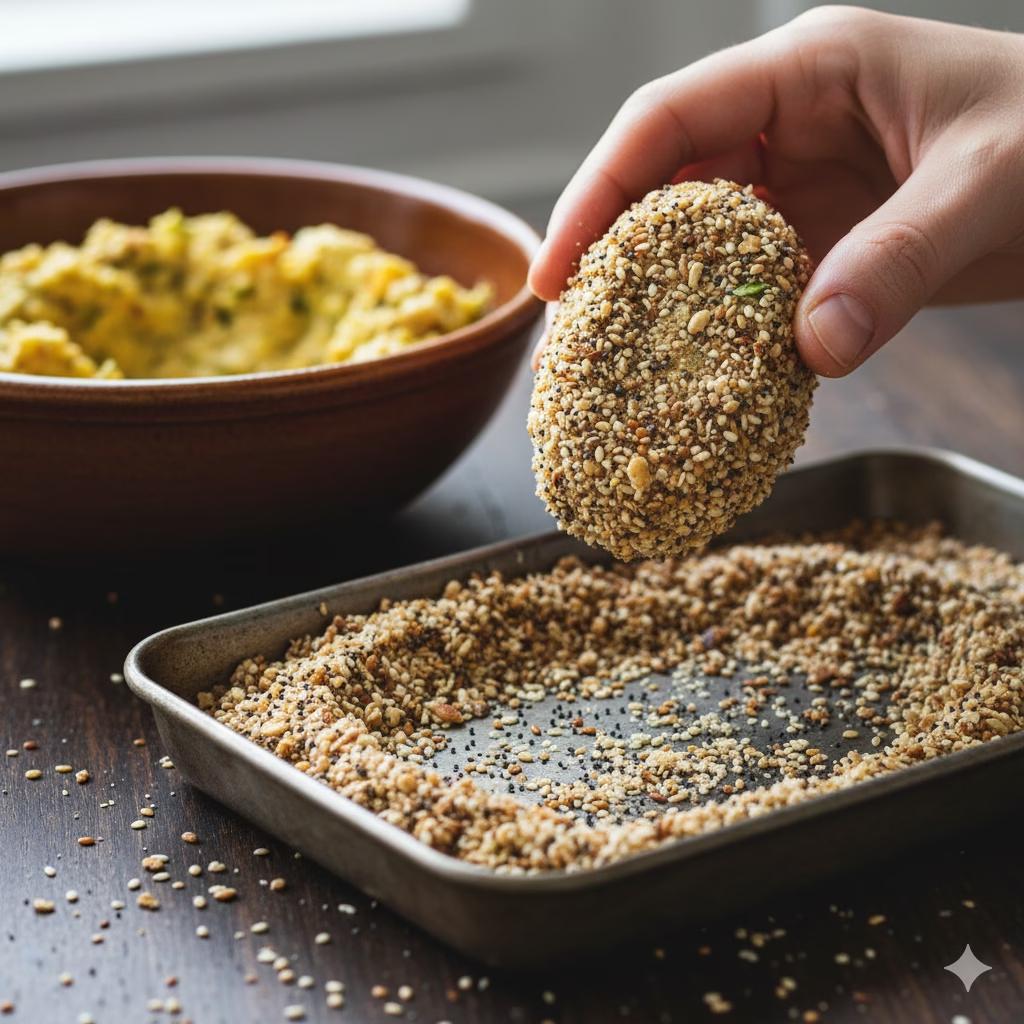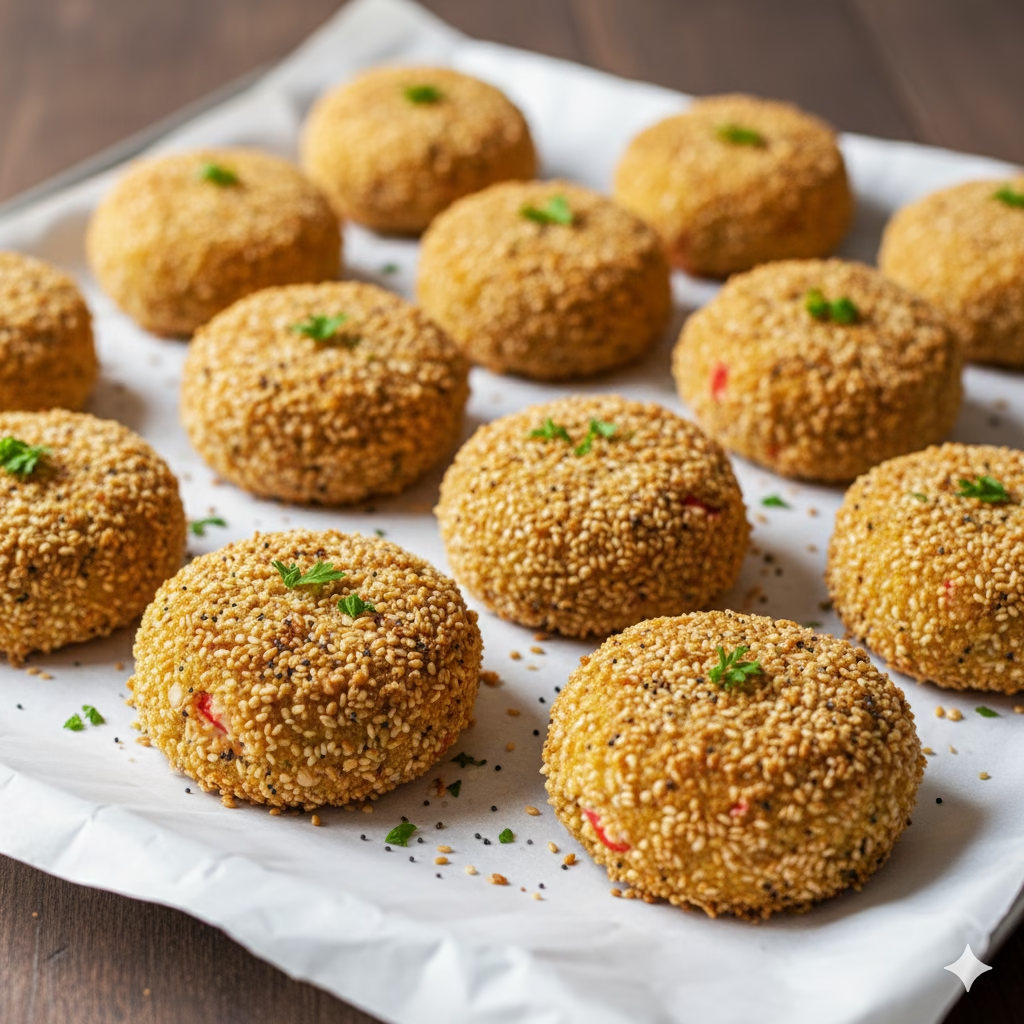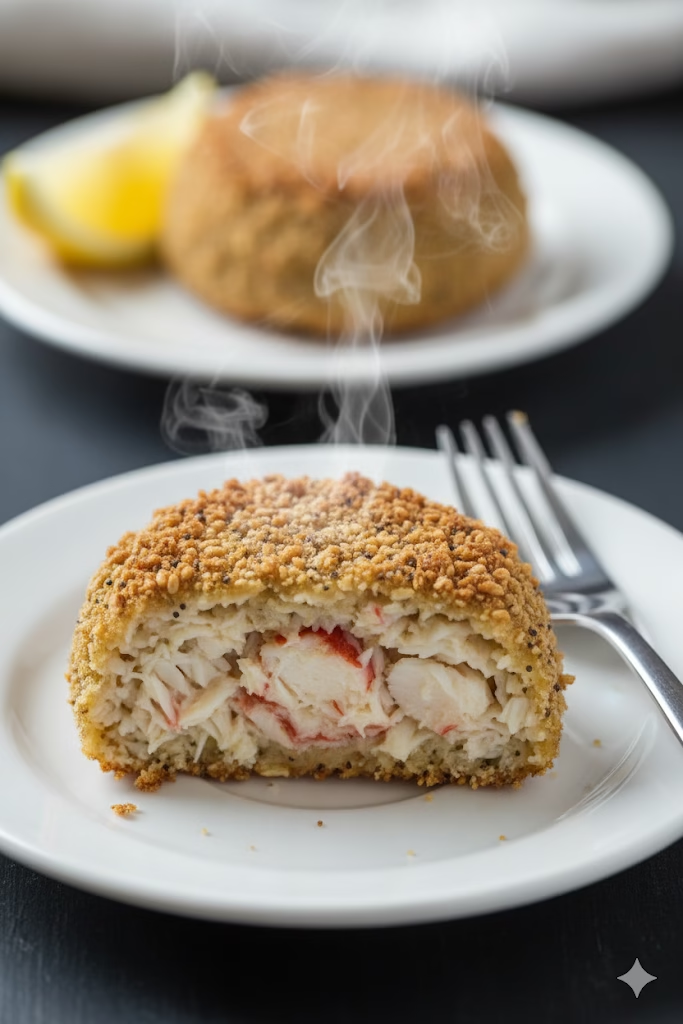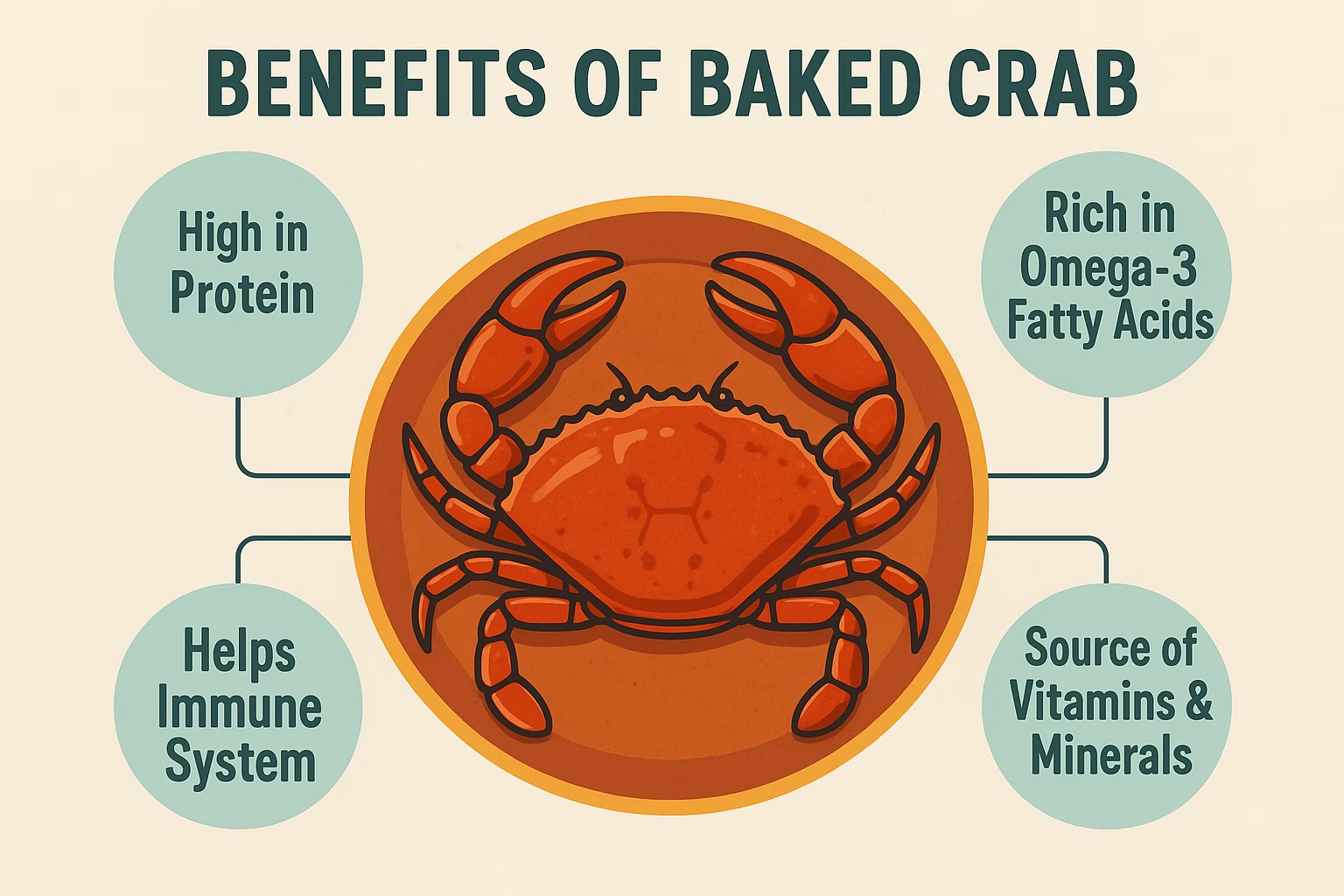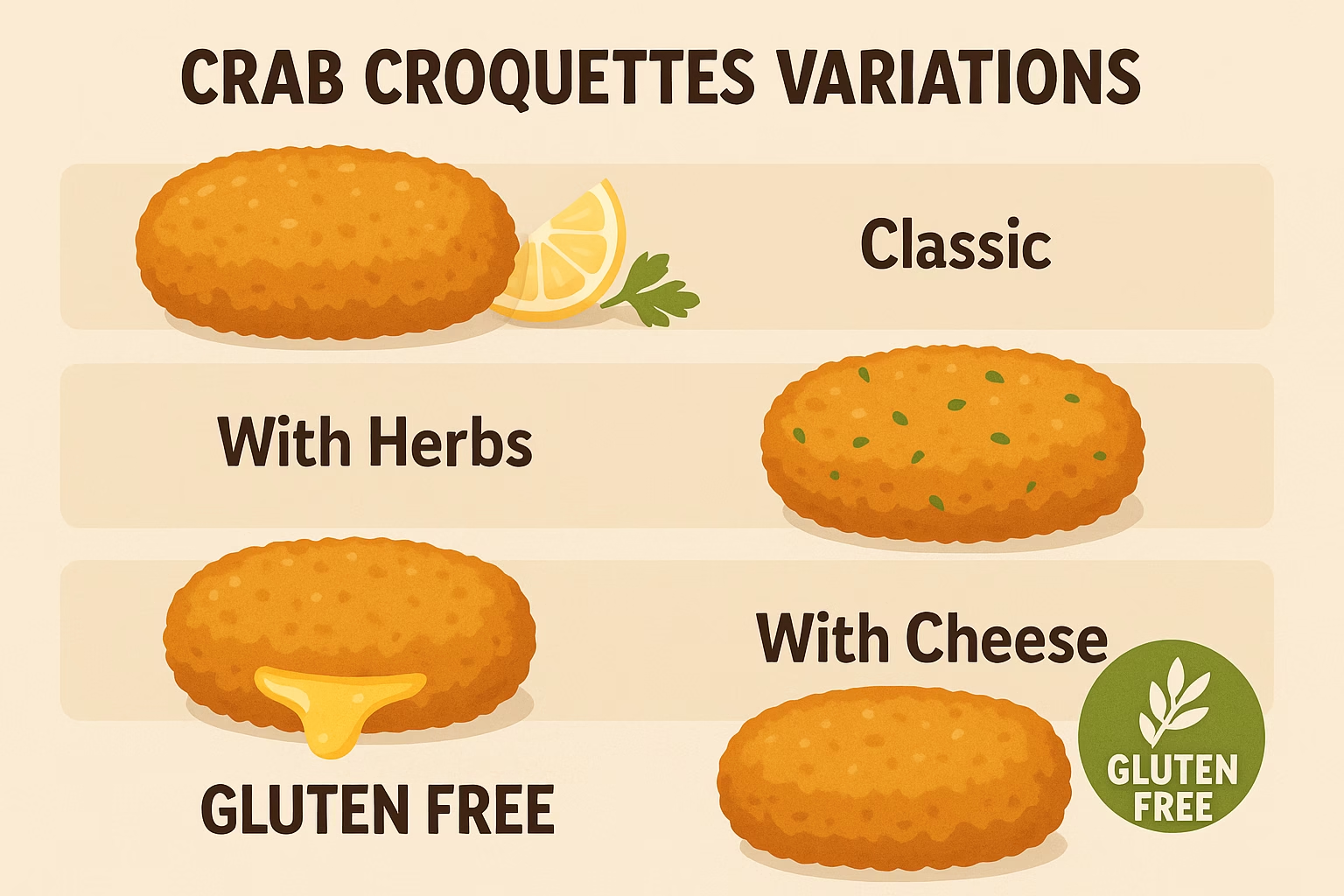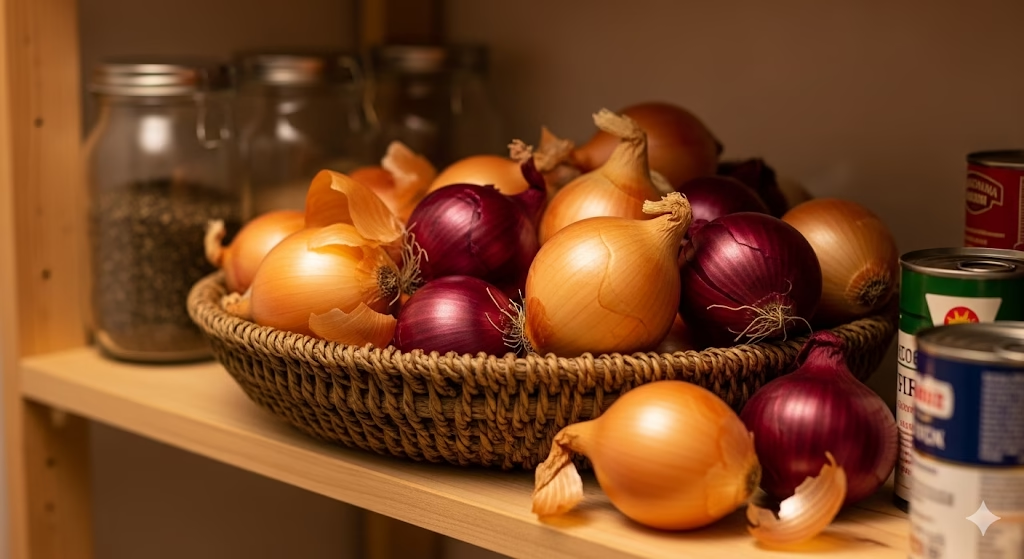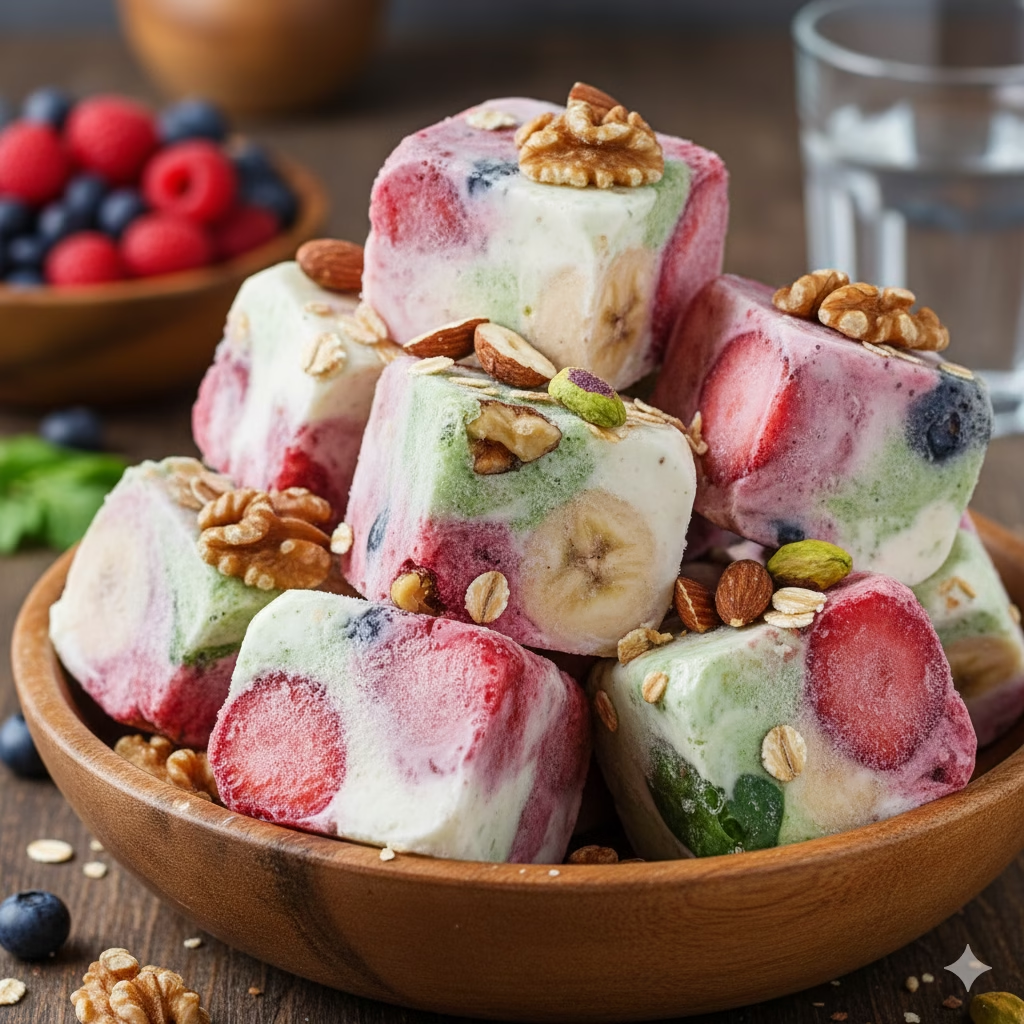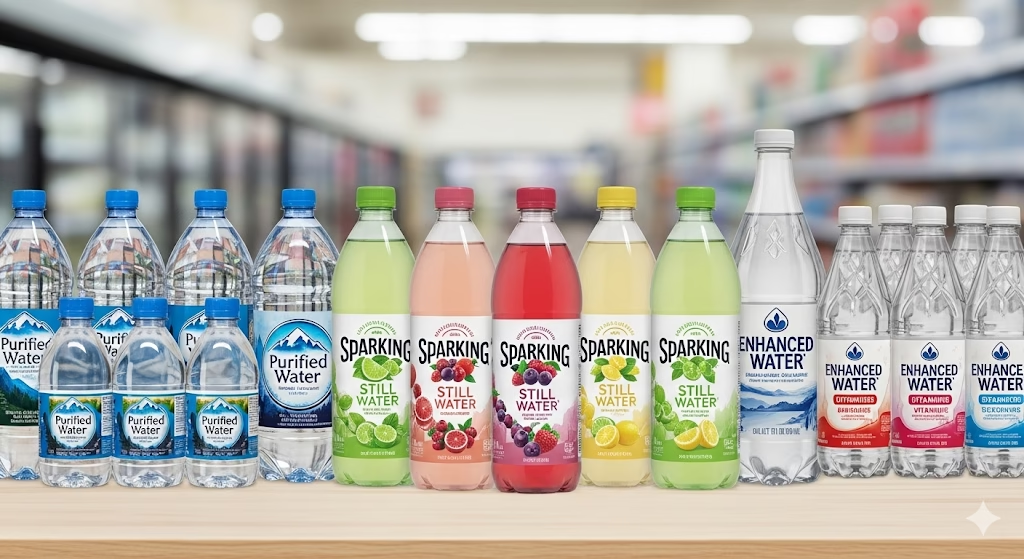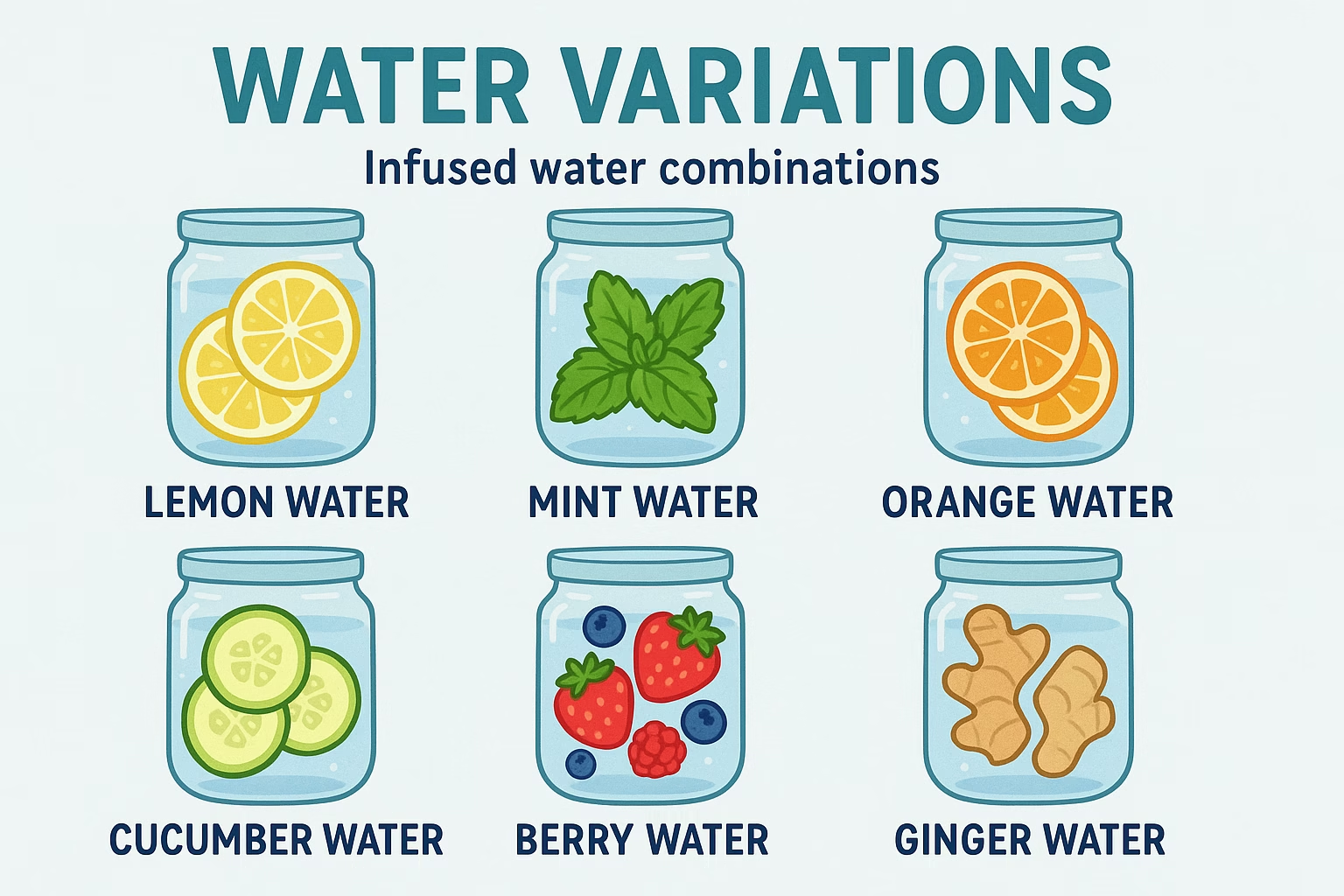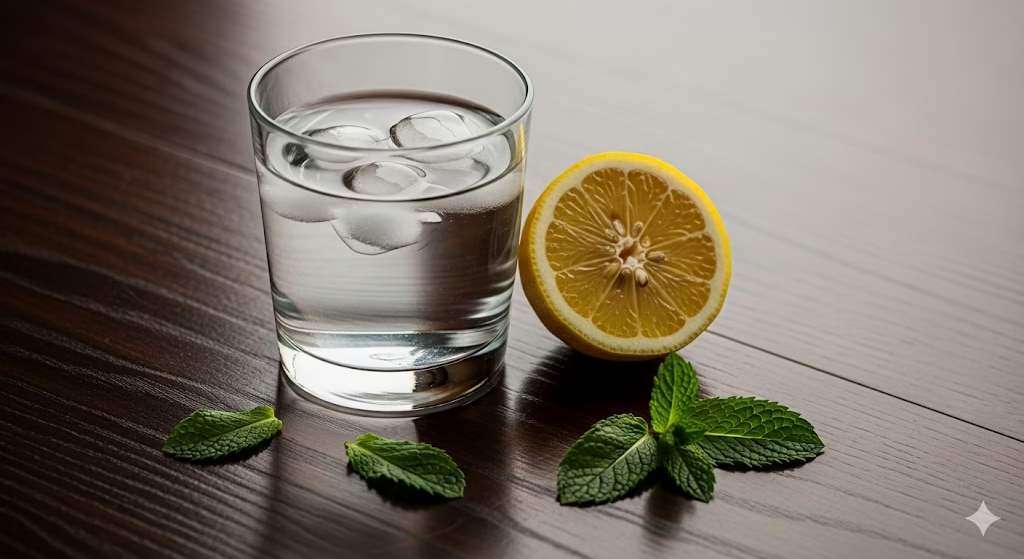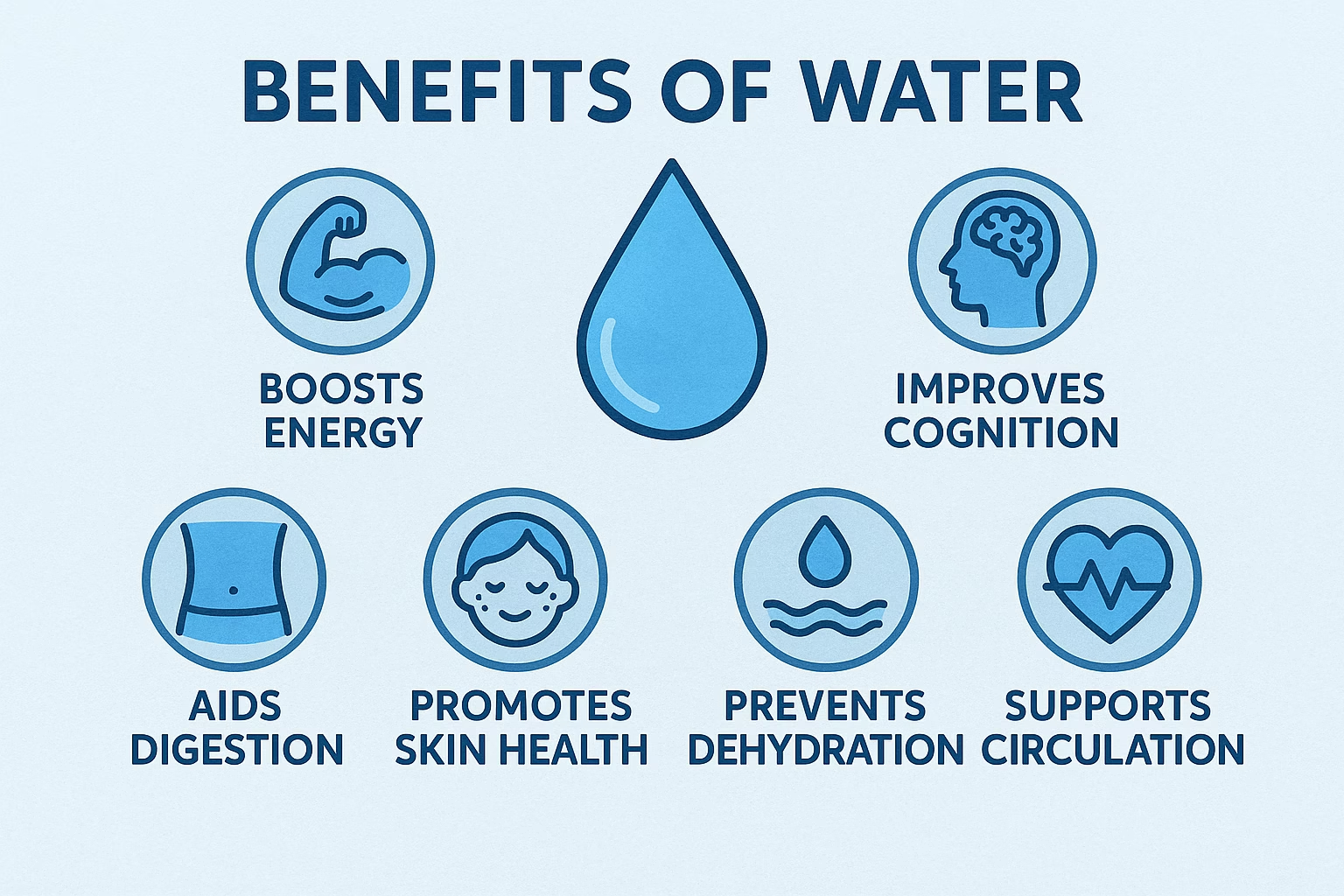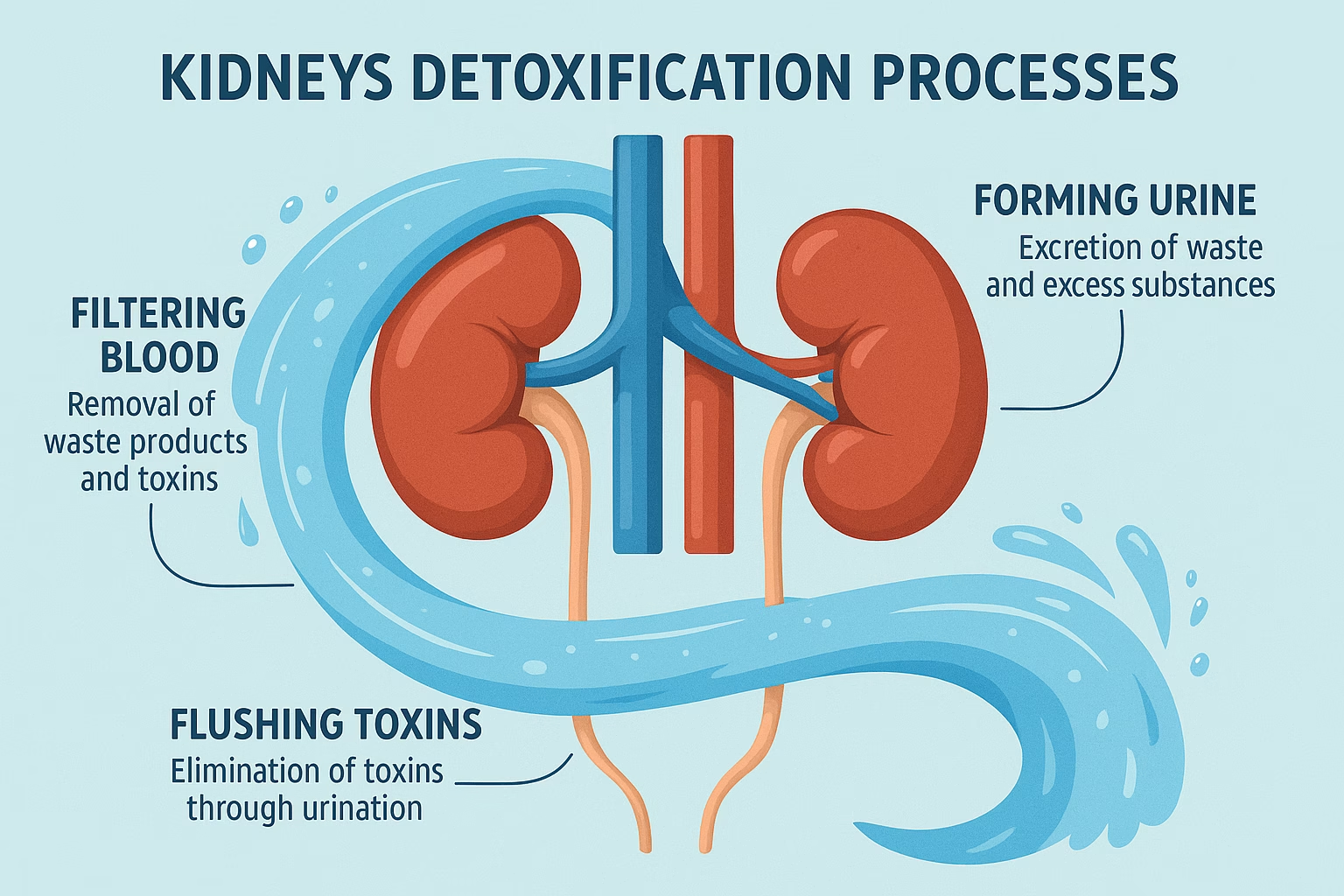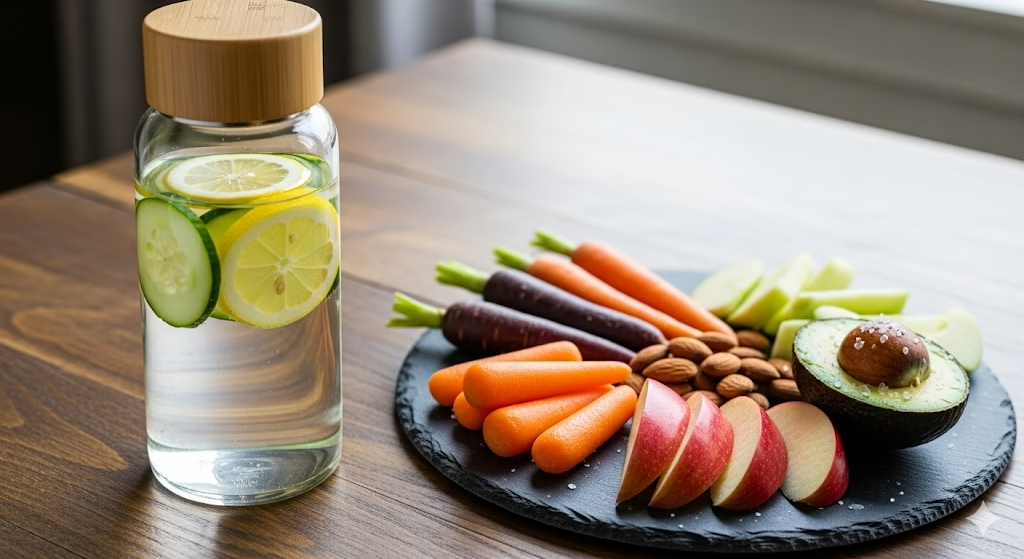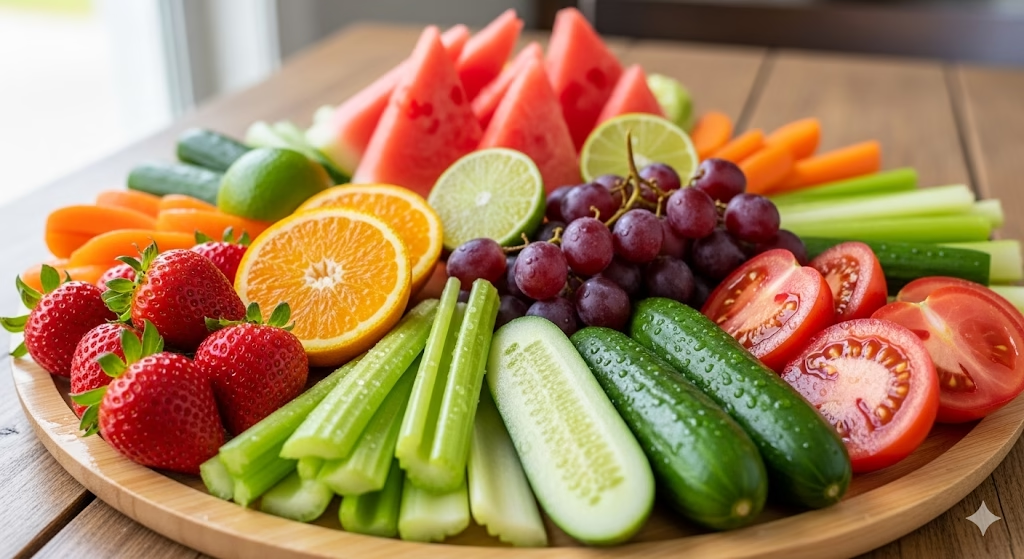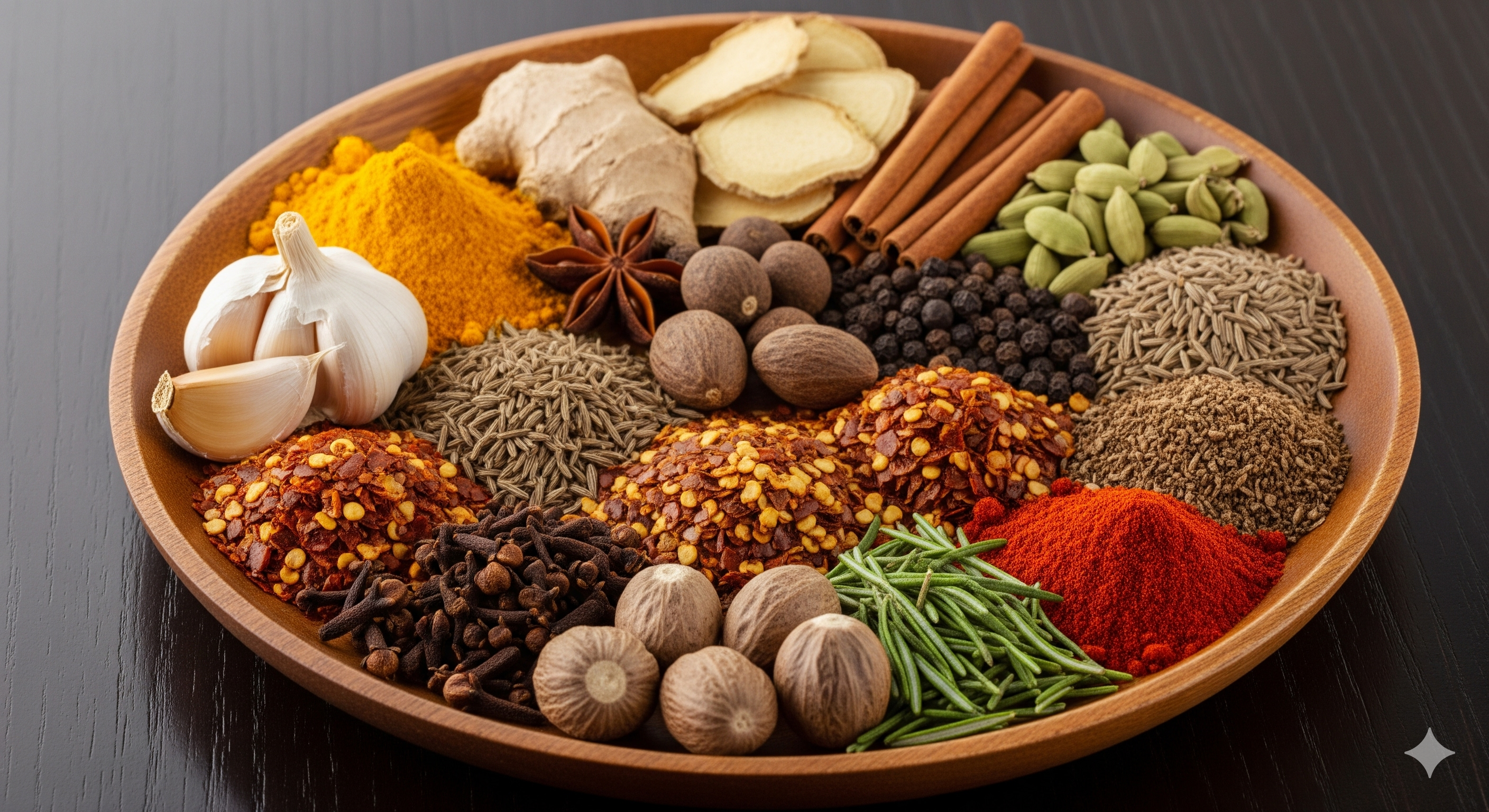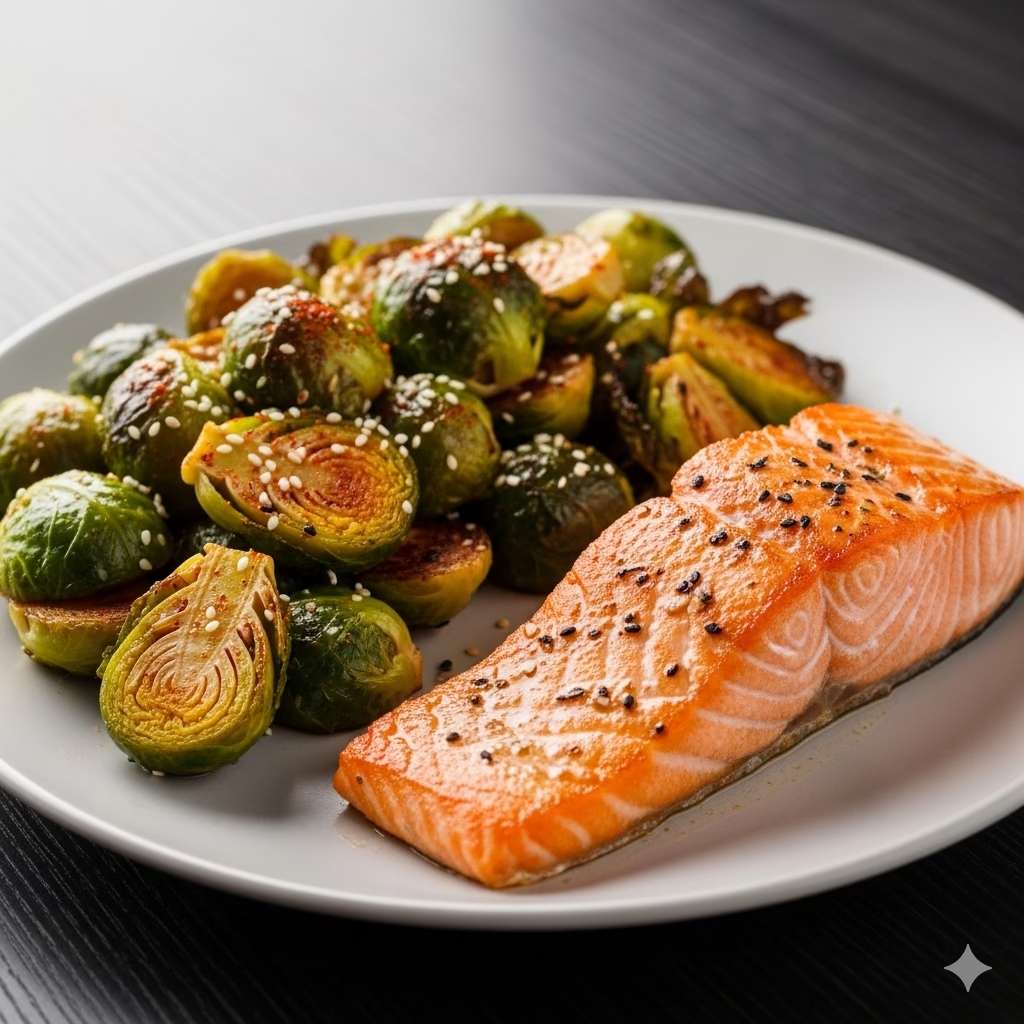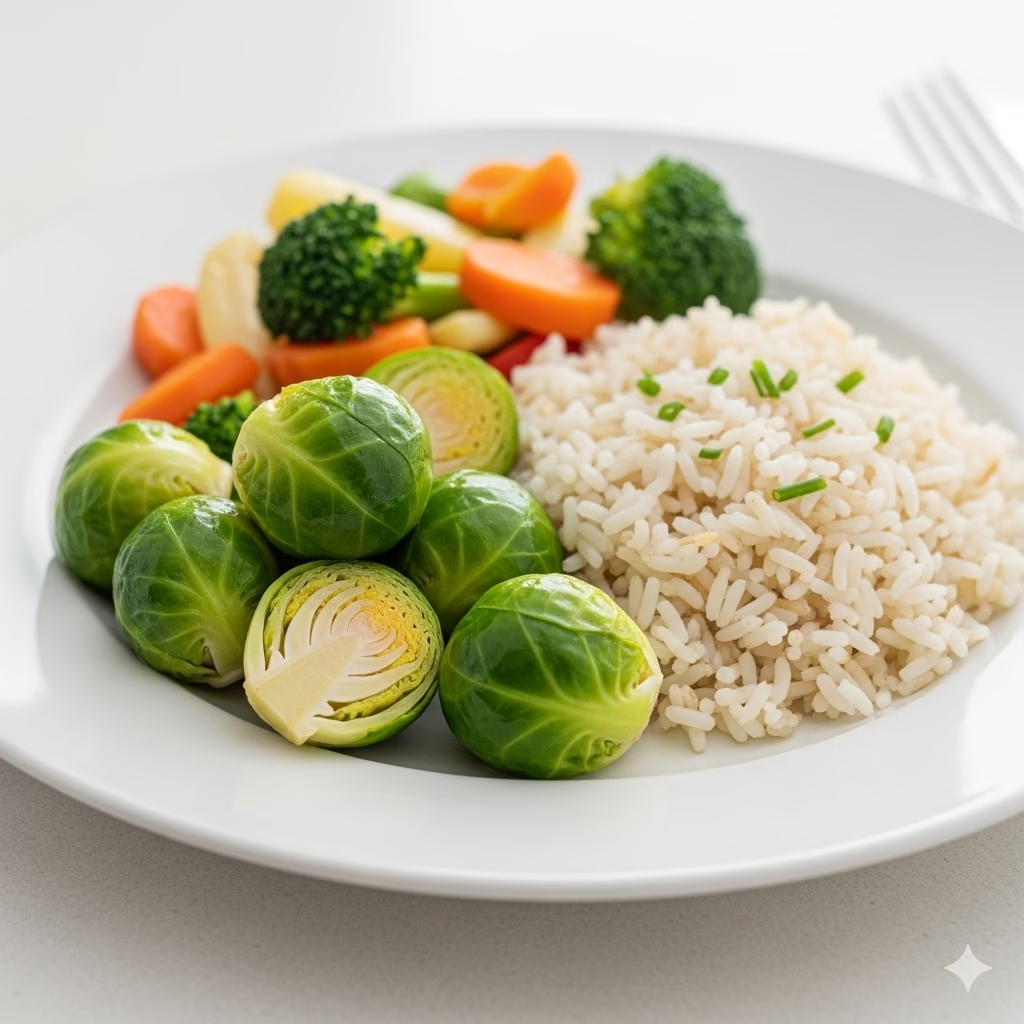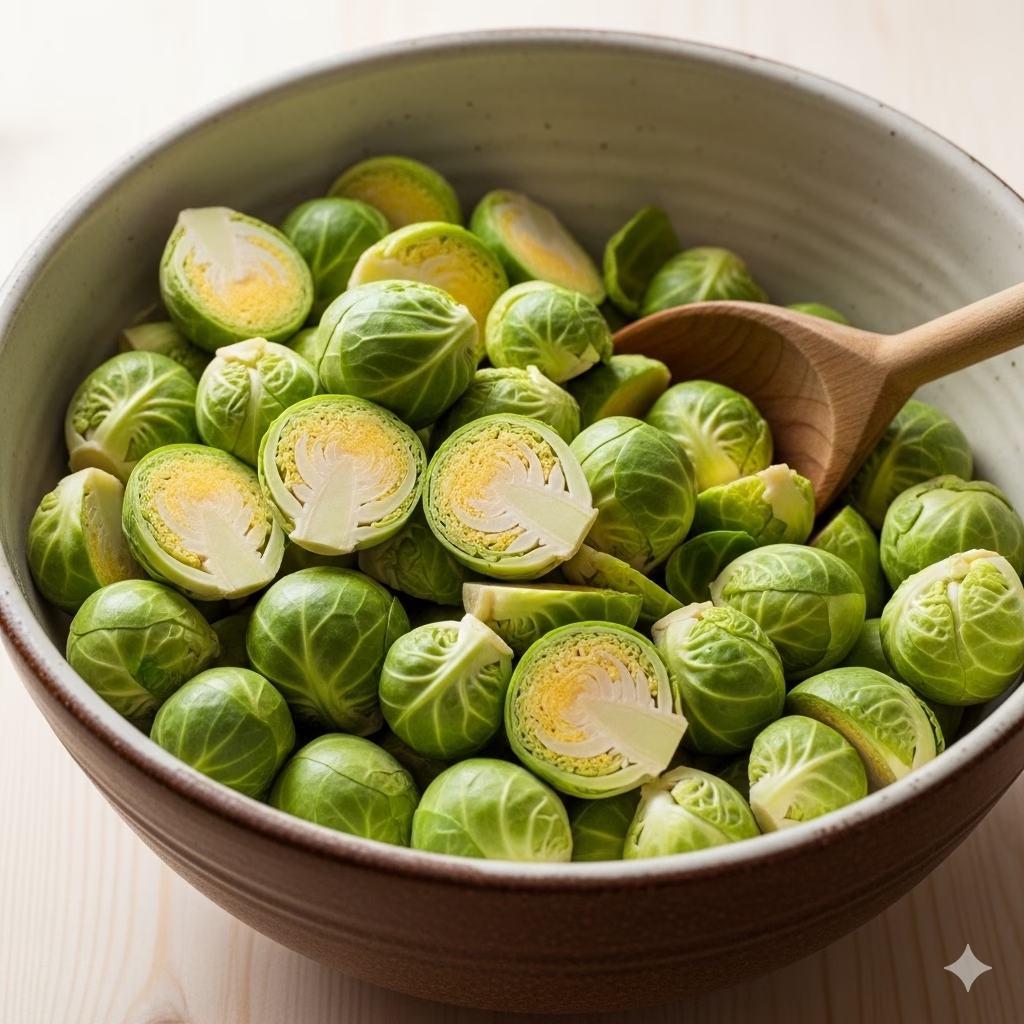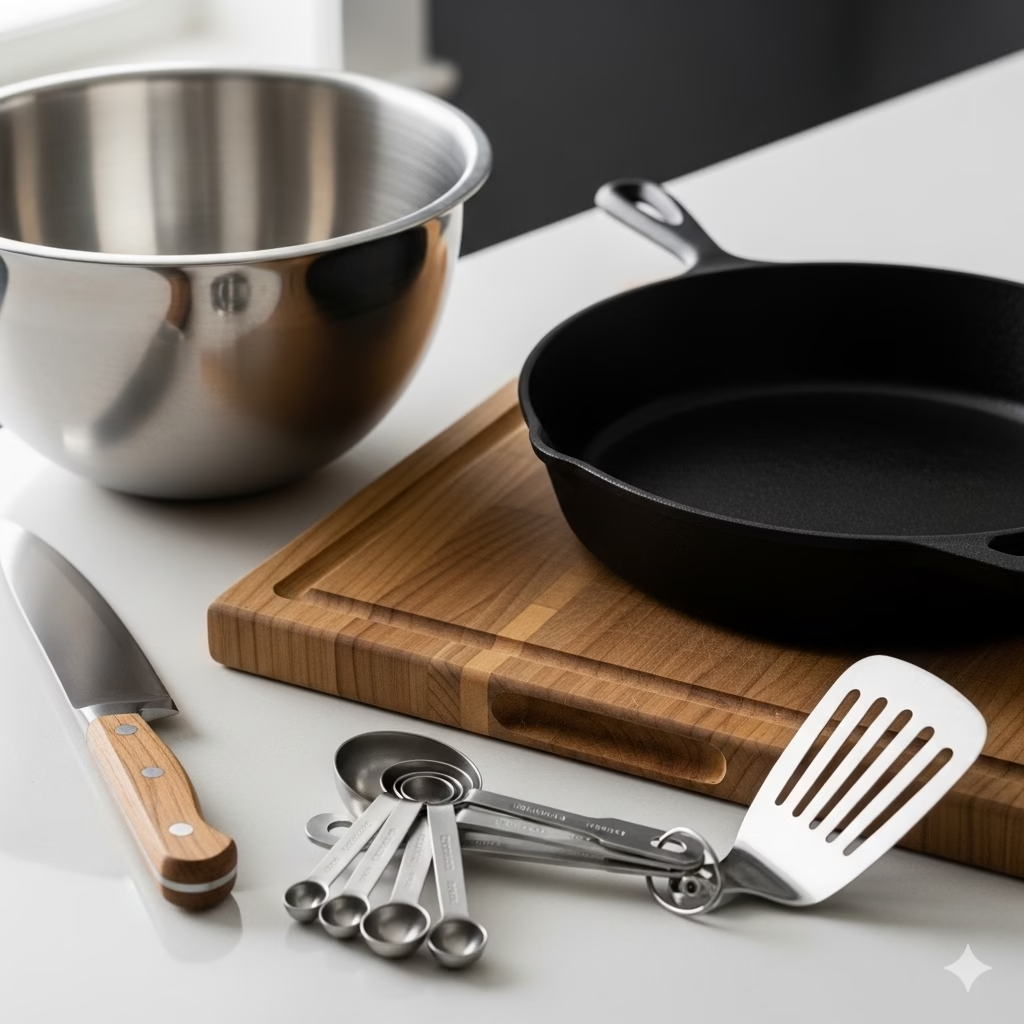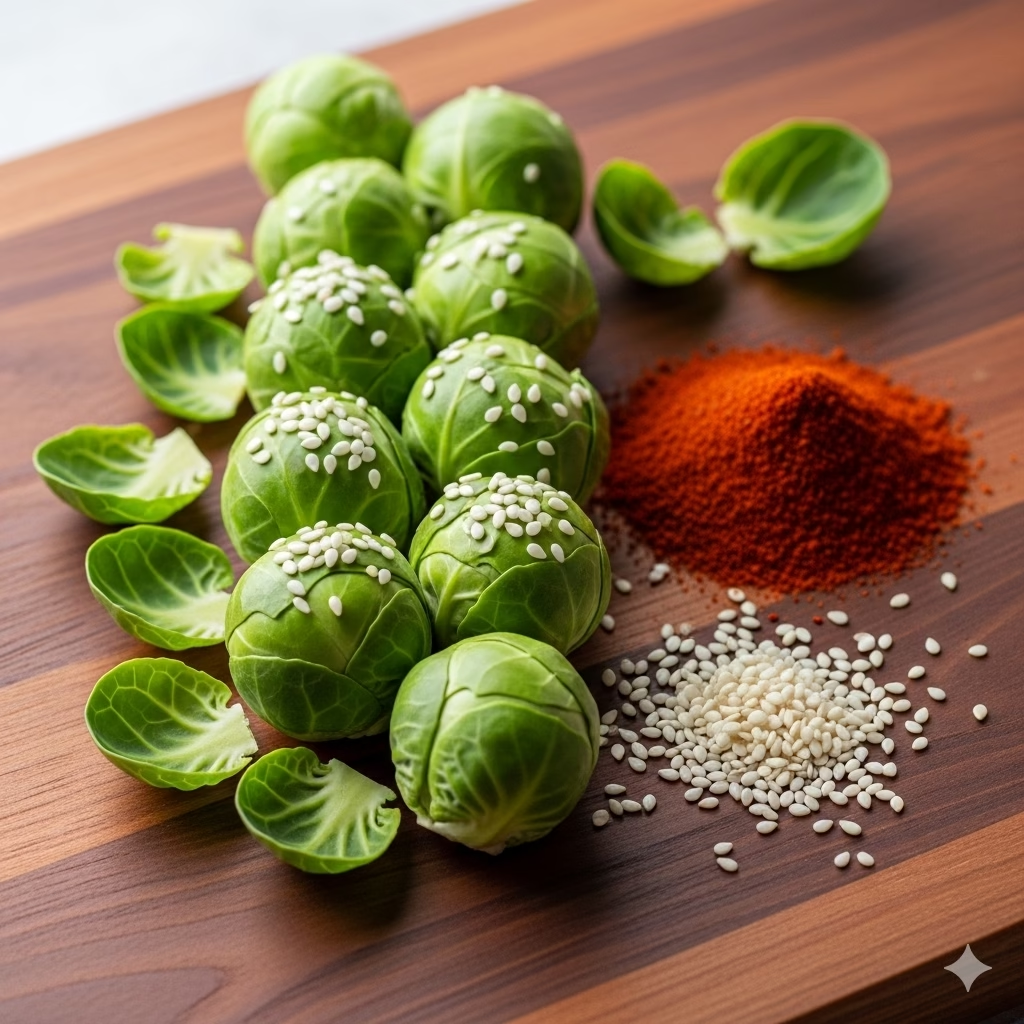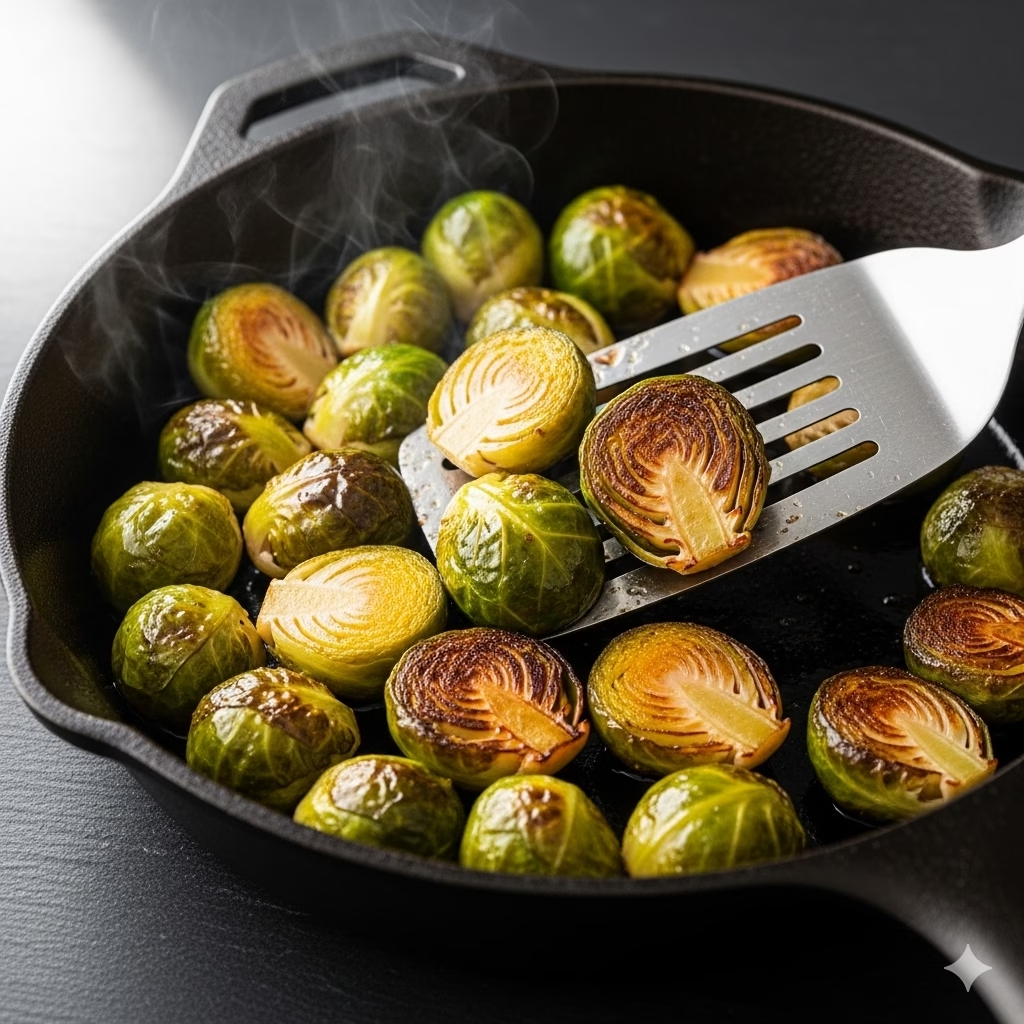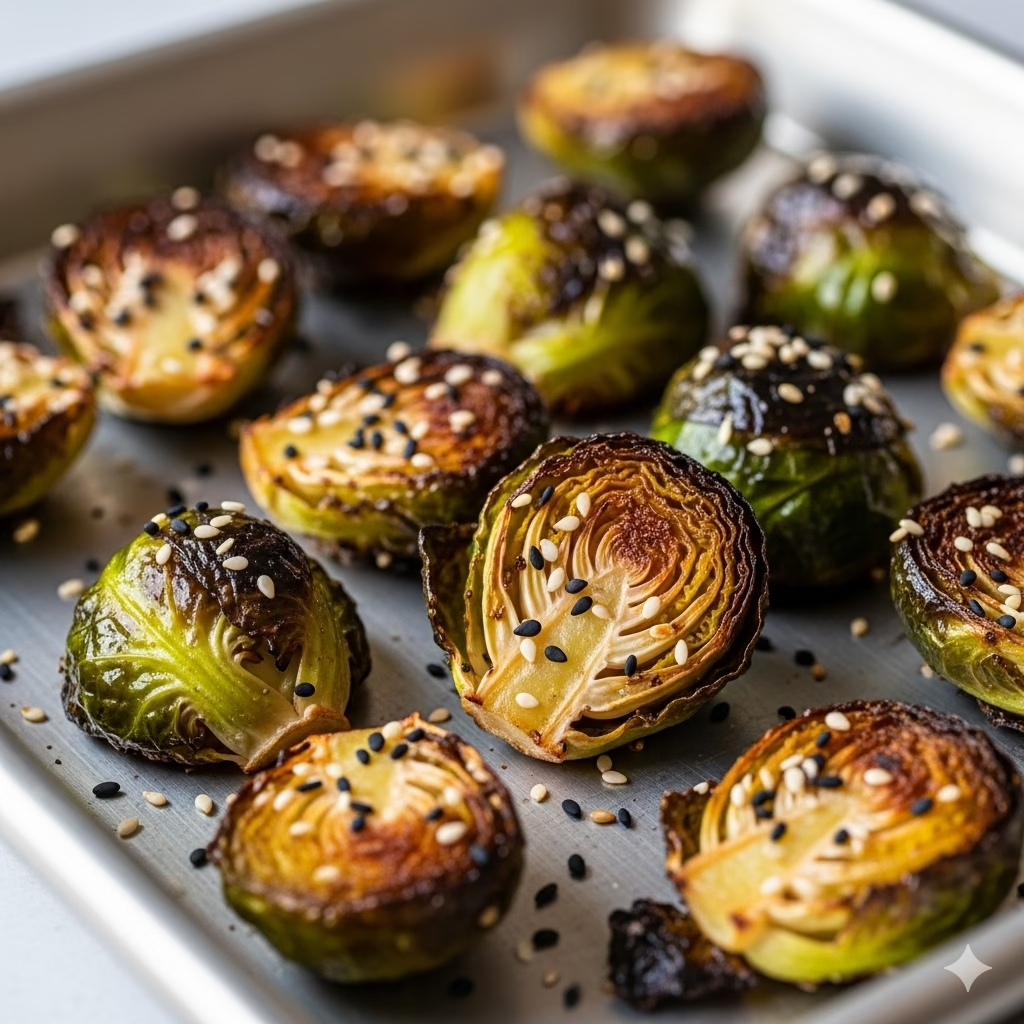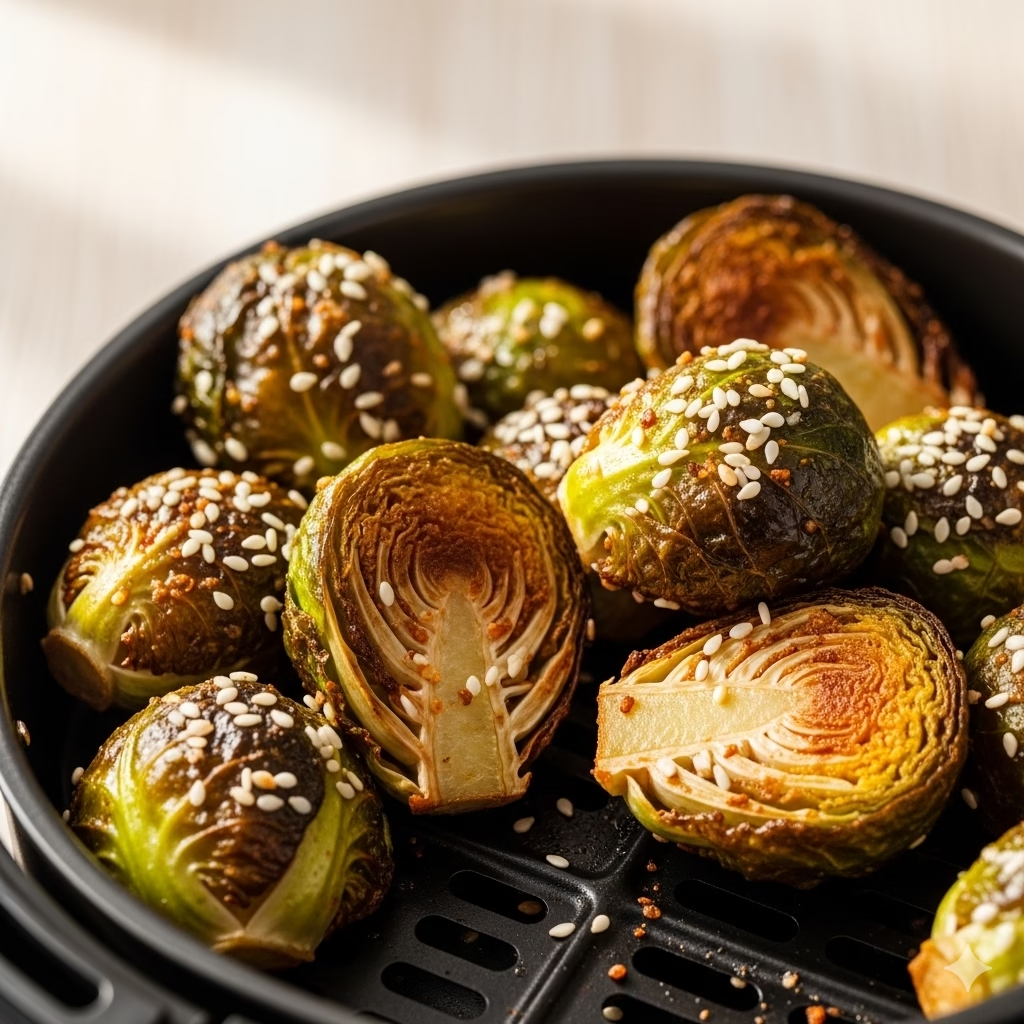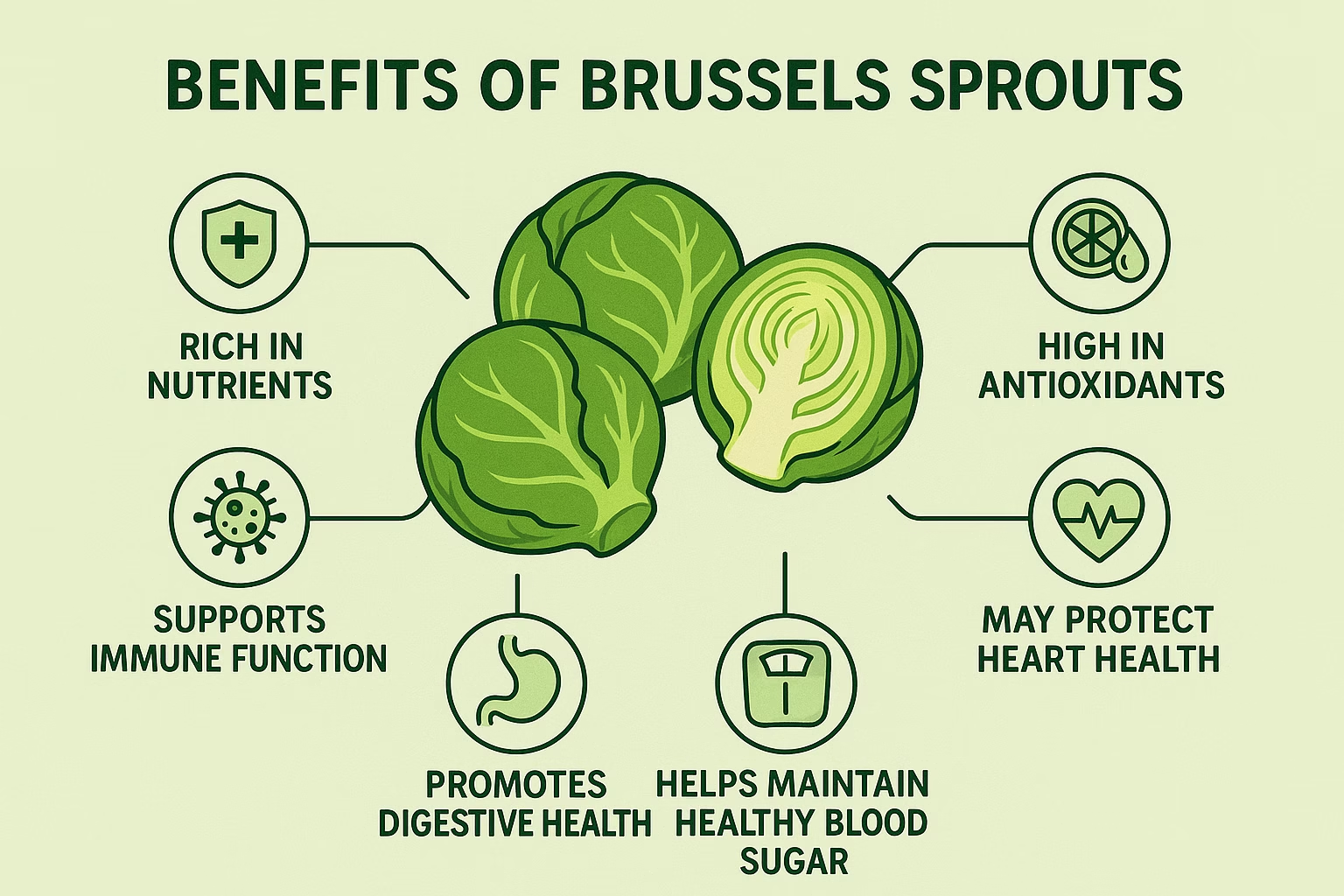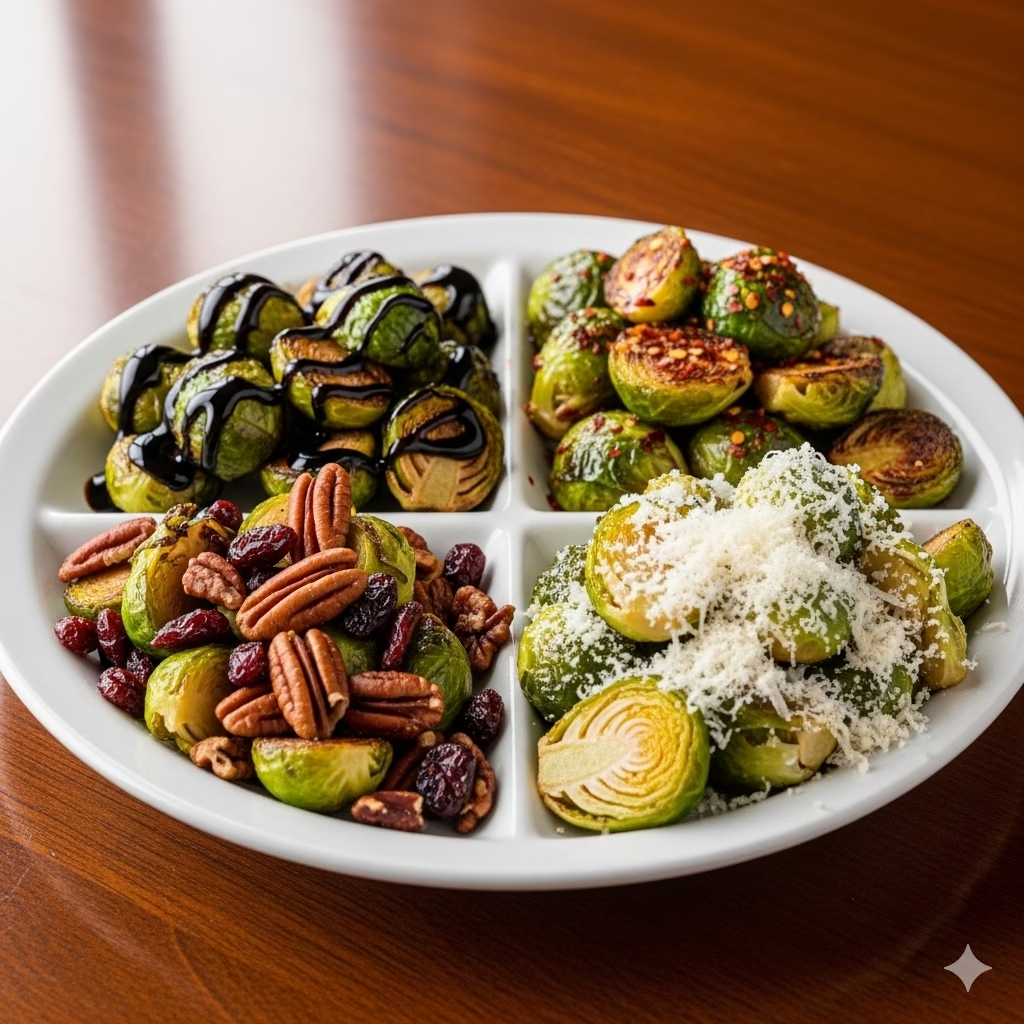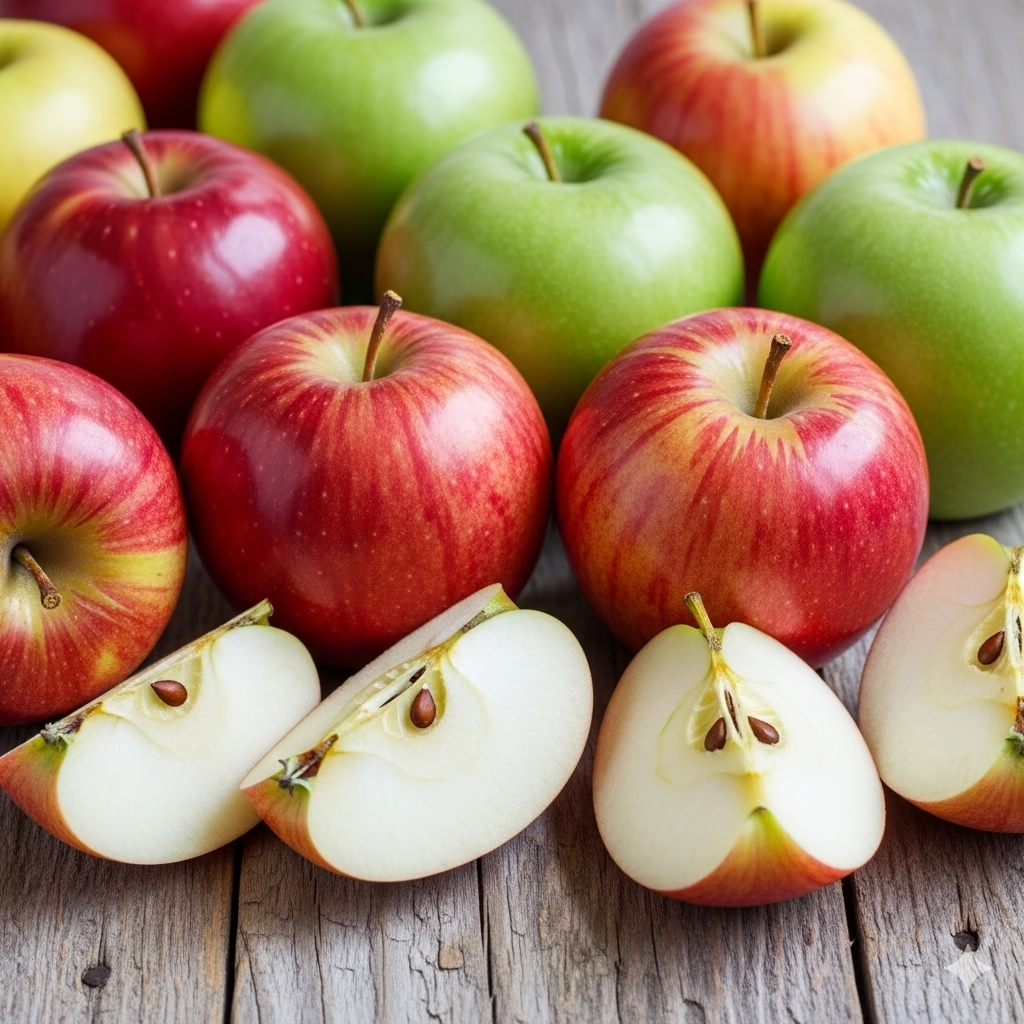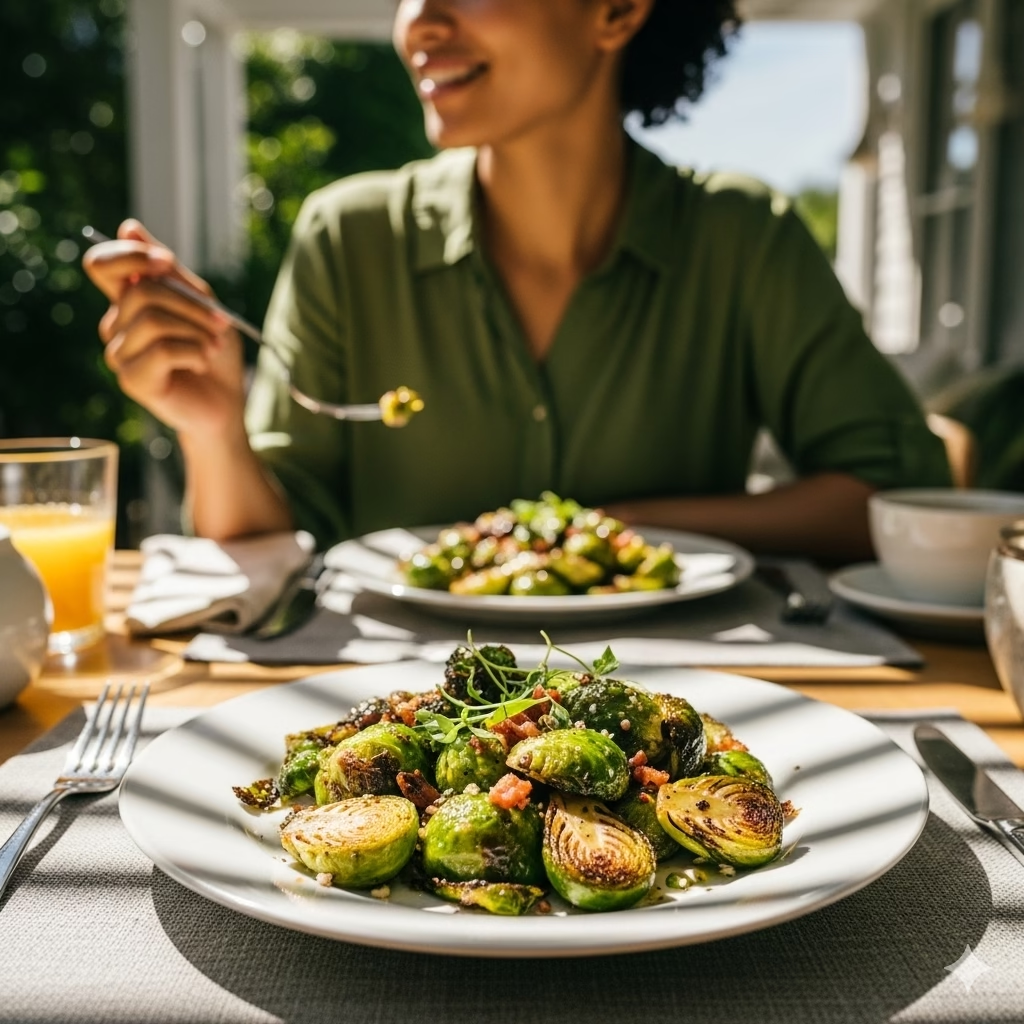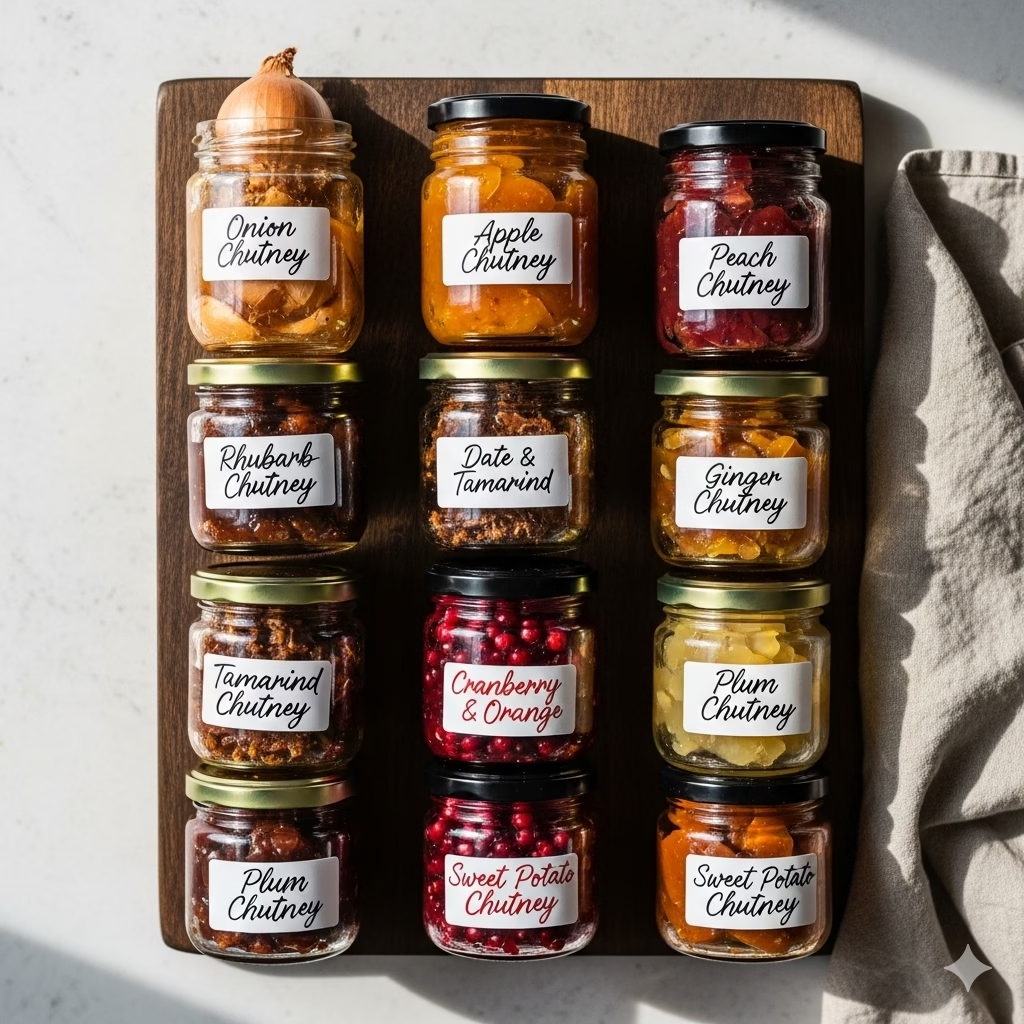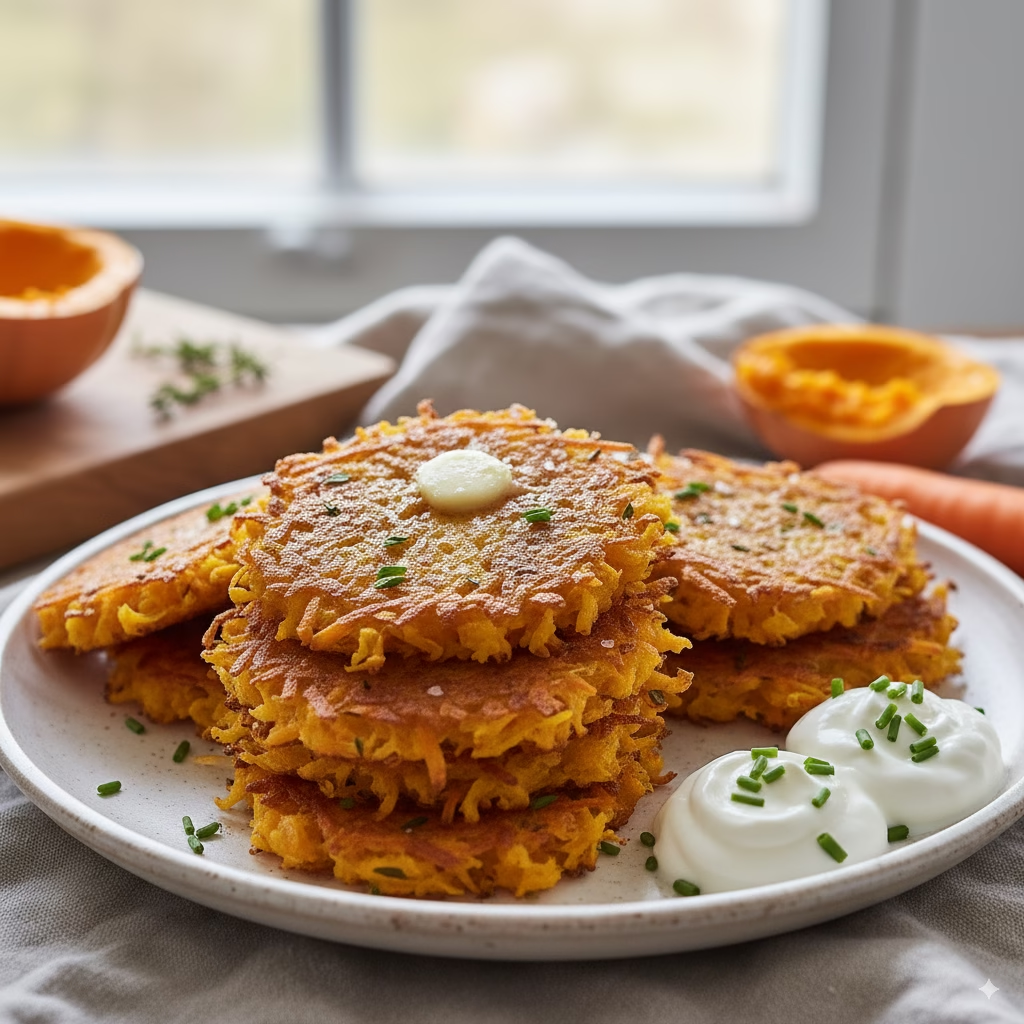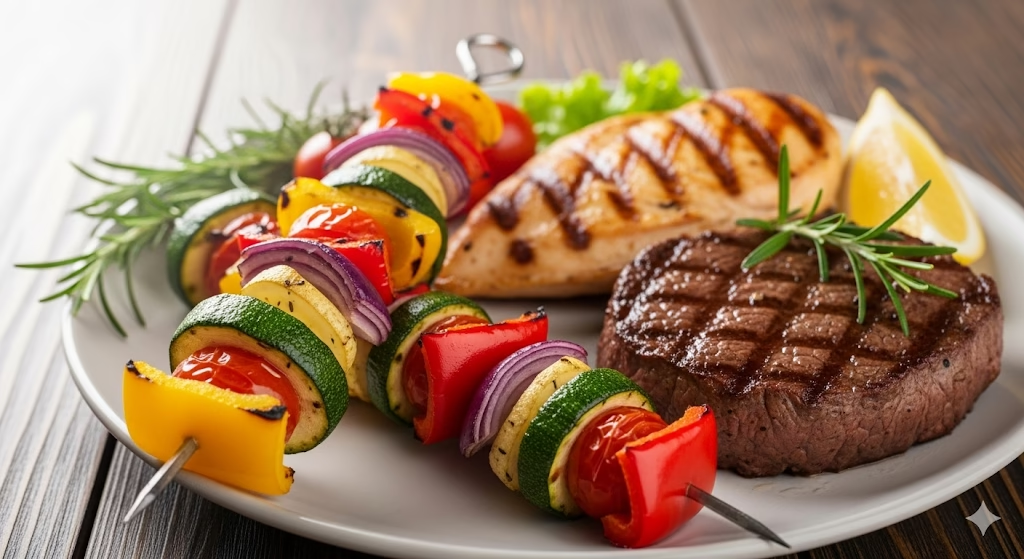Artichokes might not be the first veggie that comes to mind, but they’re packed with a ton of health benefits you won’t want to miss out on. From aiding digestion to supporting liver health, these leafy greens are nutritional powerhouses. Check out these 10 impressive perks of adding these to your plate!
Artichokes Boosts Nutrient Absorption

Artichokes are not just tasty; they play a big role in helping your body absorb nutrients. This unique vegetable is packed with fiber, which aids digestion and helps your body utilize the vitamins and minerals from other foods.
When you enjoy these alongside other nutrient-rich foods, you enhance your body’s ability to absorb those nutrients. This is especially important for vitamins like A, D, E, and K, which are fat-soluble. The healthy fats found in them can help with this absorption process.
Moreover, theys are rich in antioxidants, which can further support your overall health. They may help lower
Enhances Bone Health

Artichokes are not just delicious; they also bring some serious benefits for your bones. Packed with nutrients, they can play a key role in maintaining bone density and strength.
In the image, you can see a fresh artichoke surrounded by other nutritious foods like spinach, kale, and dairy products. These ingredients work together to support bone health. Artichokes are rich in vitamin K, which is essential for bone metabolism and helps in calcium absorption.
Including these in your meals can be a tasty way to boost your intake of this important vitamin. Pair them with leafy greens or dairy for a well-rounded approach to bone health. Eating a variety of nutrient-rich foods ensures your body gets what it needs to keep your bones strong.
Artichokes Supports Digestive Health

Artichokes are not just a tasty addition to your meals; they are also fantastic for your digestive health. This image shows a fresh artichoke, beautifully displayed alongside a colorful plate of vegetables. The vibrant colors and fresh ingredients highlight the importance of including artichokes in your diet.
This vegetable is rich in fiber, which is essential for a healthy digestive system. Fiber helps keep things moving smoothly in your gut, preventing constipation and promoting regularity. Eating these can aid digestion and help you feel lighter and more comfortable.
Moreover, they contain a unique compound called cynarin. This compound stimulates bile production in the liver, which is crucial for breaking down fats and absorbing nutrients. A healthy liver supports overall digestive health, making artichokes a smart choice for your meals.
For those dealing with digestive issues like Irritable Bowel Syndrome (IBS), artichokes may provide relief. Their high fiber content and natural antioxidants can help soothe the digestive tract and improve symptoms. So, if you’re looking for a delicious way to support your gut health, consider adding artichokes to your plate!
Artichokes Promotes Heart Health

Artichokes are not just tasty; they are also great for your heart. These green vegetables are packed with nutrients that can help keep your heart in top shape. They contain fiber, which is essential for lowering cholesterol levels. Lowering ‘bad’ cholesterol (LDL) is crucial for reducing the risk of heart disease.
The image shows fresh artichokes alongside healthy ingredients like nuts, olive oil, and lemon. These foods complement artichokes well and contribute to heart health. Olive oil, for instance, is rich in healthy fats that can support cardiovascular function.
Artichokes are also high in antioxidants, which help combat oxidative stress in the body. This is important for maintaining overall heart health. Plus, they can help regulate blood pressure, making them a smart choice for anyone looking to improve their heart health.
Incorporating these into your diet can be simple. You can steam them, grill them, or toss them into salads. They not only taste great but also help manage blood sugar levels, making them a fantastic addition to any meal.
Rich in Antioxidants

Artichokes are not just tasty; they are packed with antioxidants. These powerful compounds help fight free radicals in our bodies. Free radicals can cause damage to our cells, leading to various health issues. By including artichokes in your diet, you can boost your antioxidant intake and support your overall health.
In the image, you can see a vibrant artichoke surrounded by other fresh produce. This colorful display highlights the importance of incorporating a variety of fruits and vegetables into your meals. Each color represents different nutrients and benefits, making your plate not just beautiful but also nutritious.
Artichokes are particularly high in cynarin and silymarin, two antioxidants known for their liver-supporting properties. A healthy liver is essential for detoxification and overall well-being. So, when you enjoy artichokes, you’re not just treating your taste buds; you’re also giving your liver a helping hand.
Moreover, the antioxidants in these may help regulate blood pressure and improve cholesterol levels. This makes them a great addition to a heart-healthy diet. So, the next time you’re at the grocery store, consider picking up some artichokes to enjoy their many health benefits!
Supports Weight Loss

Artichokes are a fantastic addition to any weight loss plan. They are low in calories but packed with nutrients, making them a smart choice for those looking to shed some pounds.
This image shows a beautiful artichoke on a scale, surrounded by a variety of colorful fruits. This visual highlights how artichokes can fit into a healthy diet filled with fresh produce.
One of the key benefits of these are their ability to promote satiety. Eating them can help you feel full longer, which can prevent overeating. This is especially helpful when trying to manage your weight.
Artichokes are also high in fiber, which aids digestion and helps regulate blood sugar levels. This means they can keep your energy levels stable and reduce cravings for unhealthy snacks.
Incorporating artichokes into your meals can be easy and delicious. You can steam them, roast them, or even add them to salads. Their unique flavor can enhance many dishes while supporting your weight loss goals.
Aids in Liver Function

Artichokes are not just tasty; they are also great for your liver. This image showcases a fresh artichoke alongside various herbs and spices known for their health benefits. The vibrant green of the artichoke stands out, hinting at its rich nutrient profile.
Artichokes contain compounds that support liver health. They help detoxify the liver and promote bile production, which is essential for digestion. This can be particularly helpful if you’ve enjoyed a few too many rich meals.
Incorporating these into your diet can also aid digestion. Their high fiber content helps keep things moving smoothly in your digestive system. Plus, they are rich in antioxidants, which protect your liver from damage.
So, if you’re looking to give your liver a little love, consider adding artichokes to your meals. They can be steamed, grilled, or even added to salads for a nutritious boost. Your liver will thank you!
Helps Regulate Blood Sugar

Artichokes are not just delicious; they can also play a role in managing blood sugar levels. This image shows a fresh artichoke alongside a blood sugar monitor, emphasizing its importance for those keeping an eye on their glucose levels.
Rich in fiber, they help slow down the absorption of sugar in the bloodstream. This can lead to more stable blood sugar levels, making them a great addition to meals for those with diabetes or anyone looking to maintain healthy levels.
Incorporating artichokes into your diet can be simple. You can steam them, roast them, or even add them to salads. Pairing them with other nutrient-rich foods, like berries and nuts shown in the image, enhances their benefits. These foods are also known for their ability to support overall health.
Besides helping with blood sugar, these are packed with antioxidants, support liver health, and may lower bad cholesterol. They can also aid digestion and promote satiety, making them a fantastic choice for weight management.
Artichokes Boosts Immune System

Artichokes are not just tasty; they are also packed with nutrients that can help boost your immune system. This beautiful vegetable, shown alongside garlic and lemon in the image, is rich in antioxidants. Antioxidants fight off free radicals in the body, which can help reduce inflammation and support overall health.
Incorporating artichokes into your meals can be a simple way to enhance your diet. They are high in vitamins C and K, both of which play a role in strengthening your immune response. Vitamin C is known for its ability to help fend off colds and infections, while vitamin K is essential for proper blood clotting and bone health.
Moreover, they aid digestion, which is crucial for a healthy immune system. A well-functioning digestive system helps your body absorb nutrients effectively, ensuring that you get the most out of your food. The fiber in artichokes promotes gut health, which is linked to a stronger immune response.
So, next time you’re looking for a nutritious addition to your plate, consider artichokes. They not only taste great but also provide a variety of health benefits that can keep your immune system in check.
Artichokes Improves Skin Health

Artichokes are not just tasty; they can also work wonders for your skin! Packed with nutrients, these veggies help keep your skin looking fresh and healthy. The image shows a beautiful artichoke surrounded by various skincare products, highlighting the connection between nutrition and skincare.
Rich in antioxidants, they fight off free radicals that can damage your skin. This means they help reduce signs of aging, keeping your skin youthful. Plus, the vitamins and minerals found in artichokes support skin repair and hydration.
Artichokes also aid digestion, which is crucial for skin health. A healthy gut can lead to clearer skin, as it helps flush out toxins. When your body is functioning well internally, it shows on the outside!
Incorporating artichokes into your diet can be a simple way to boost your skin’s health. Whether you enjoy them steamed, grilled, or in a salad, these veggies are a delicious addition to your meals. So, next time you’re looking for a skin-friendly food, remember the artichoke!
References
WebMD – Artichoke – Uses, Side Effects, and More
Healthline – Top 8 Health Benefits of Artichokes and Artichoke
Cleveland Clinic – 10 Health Benefits of Artichokes
Recent Posts
